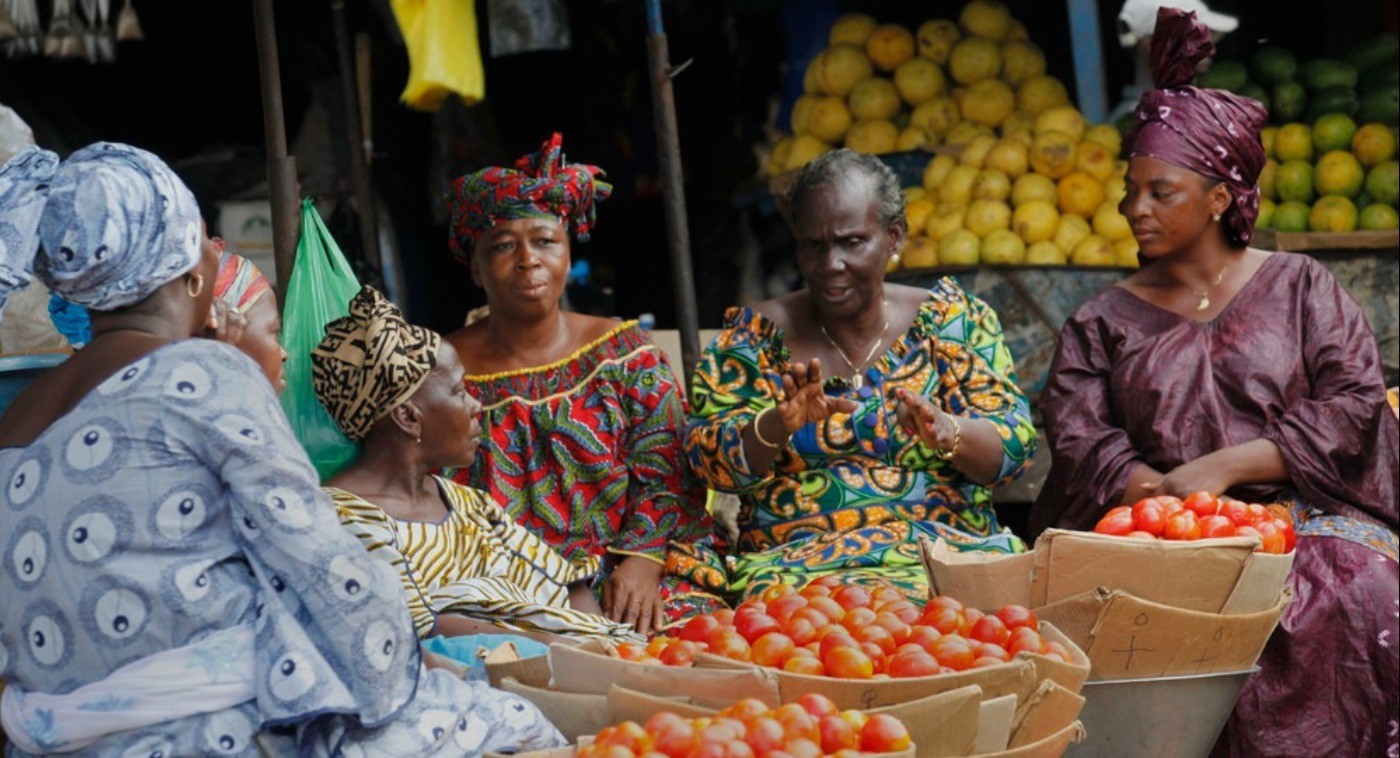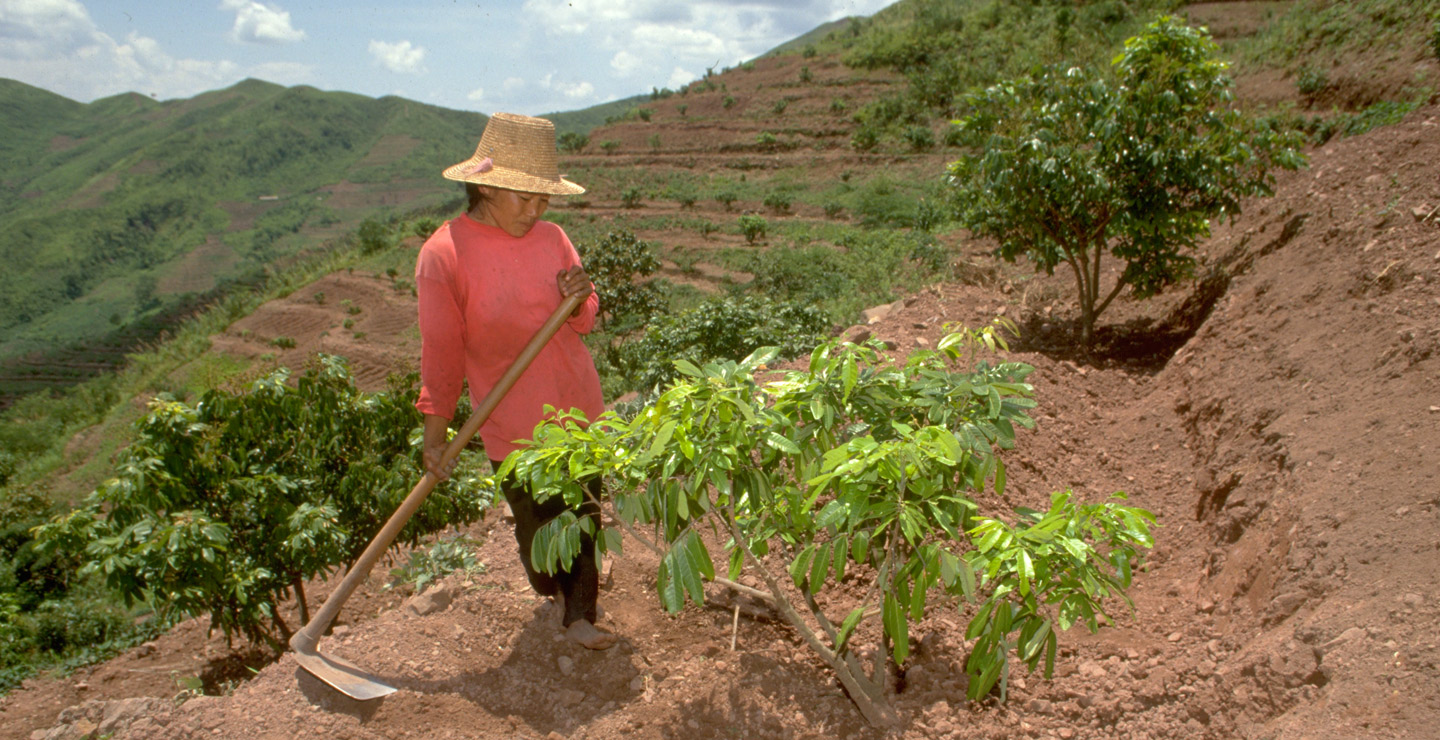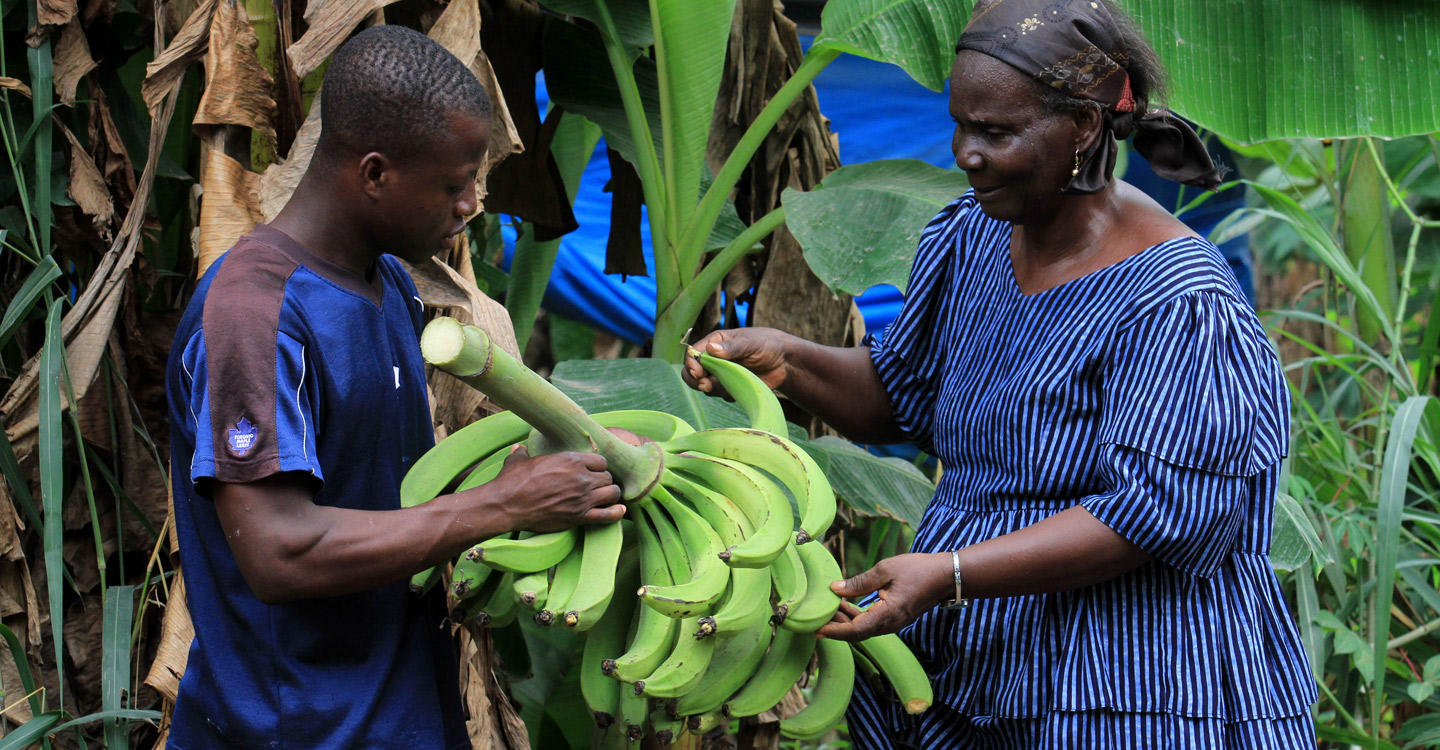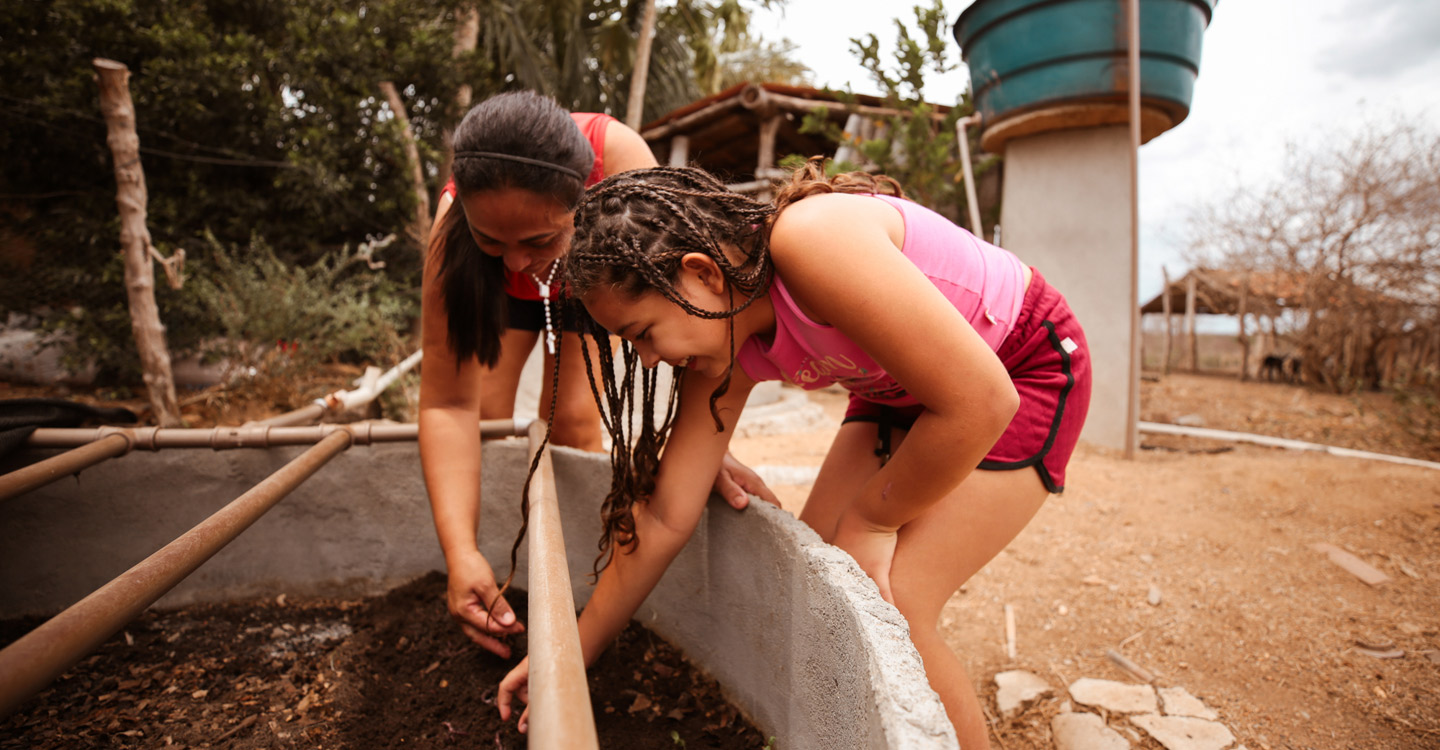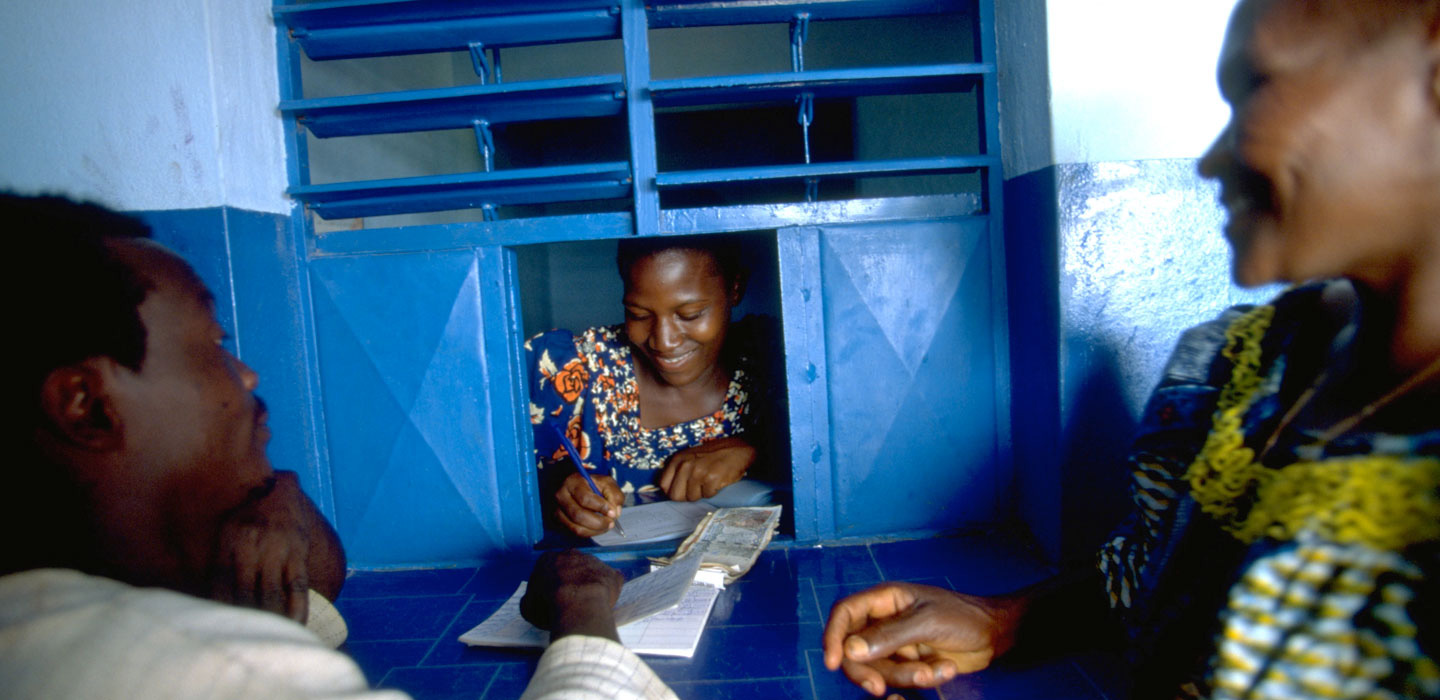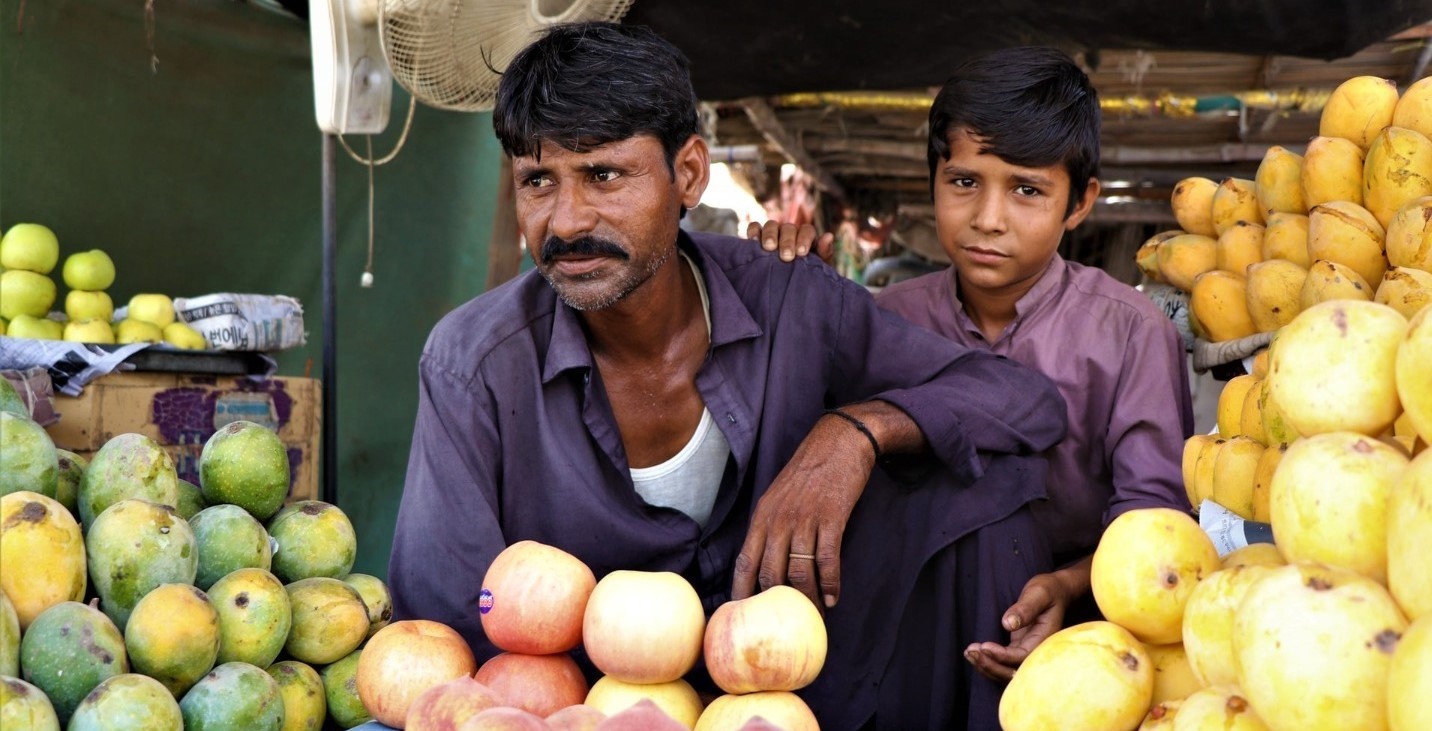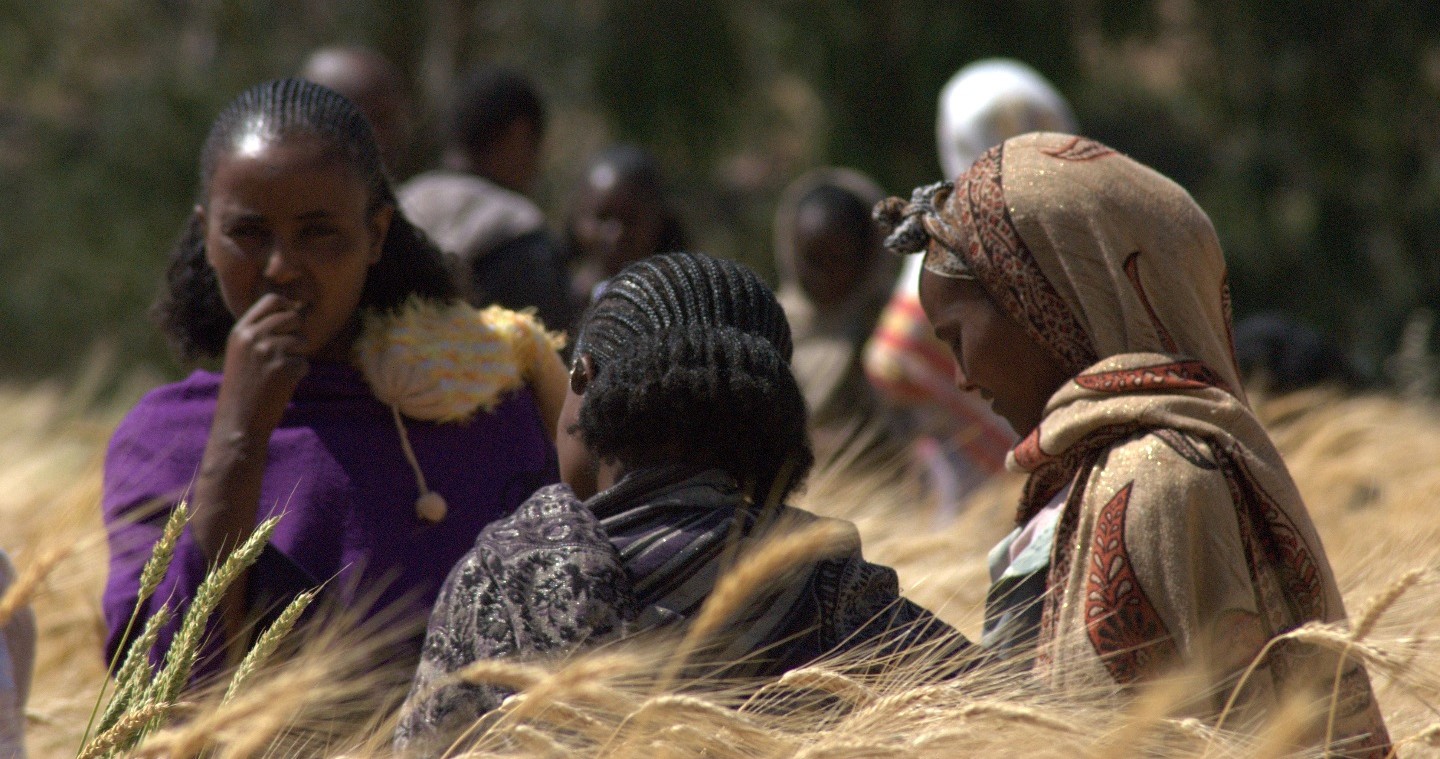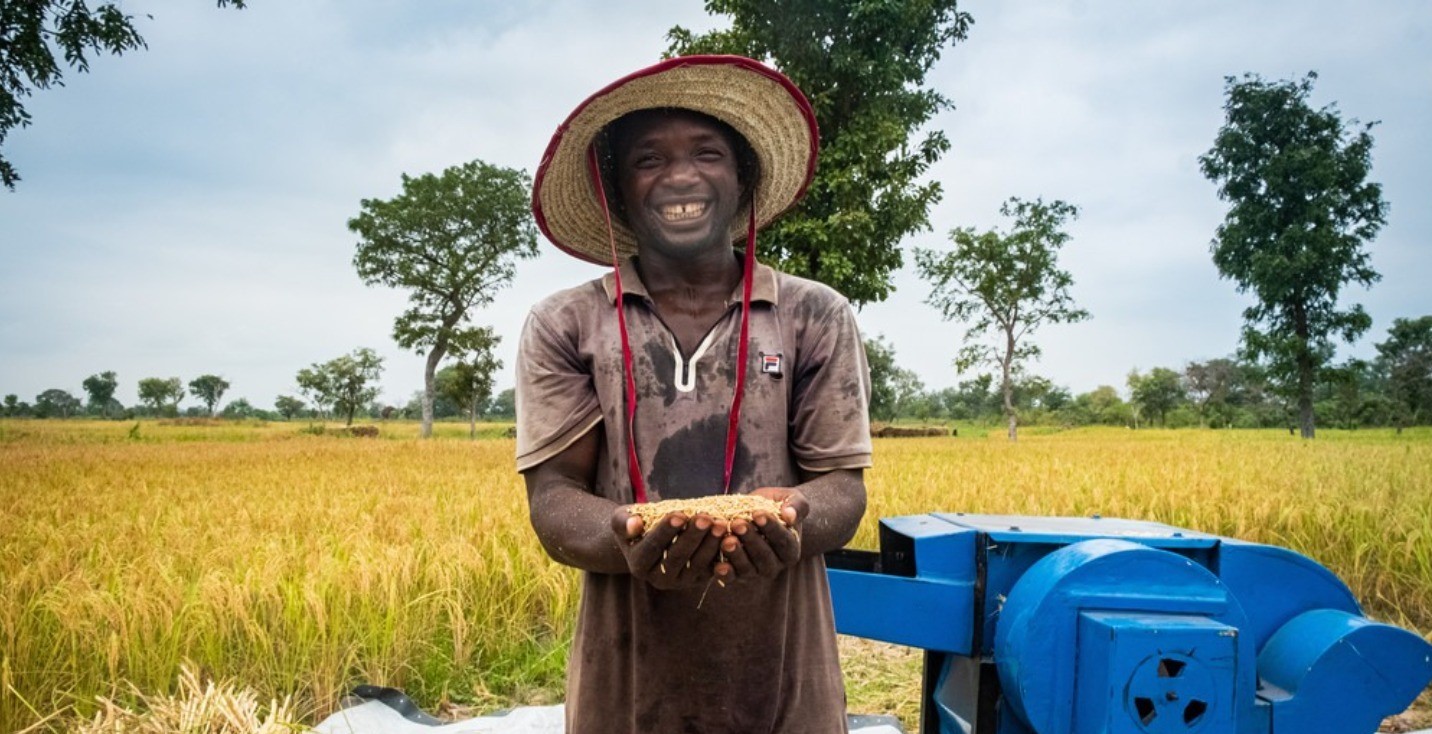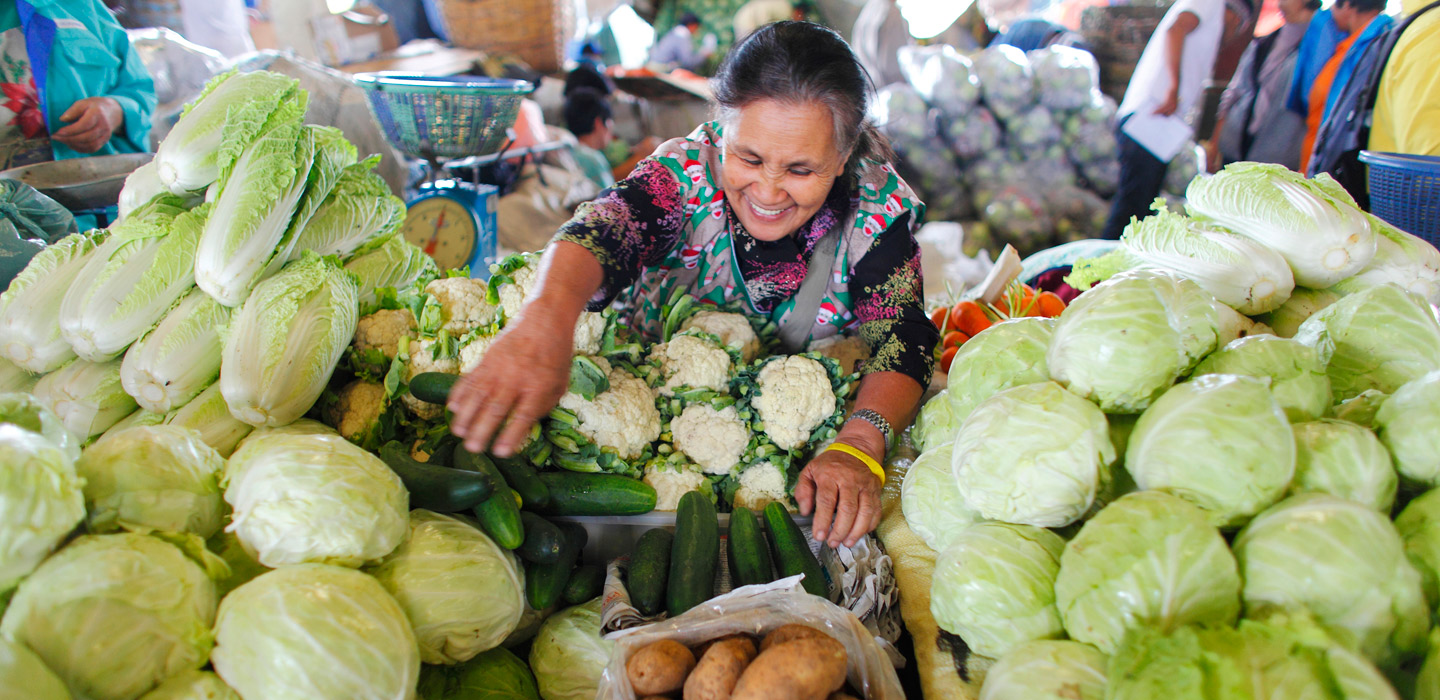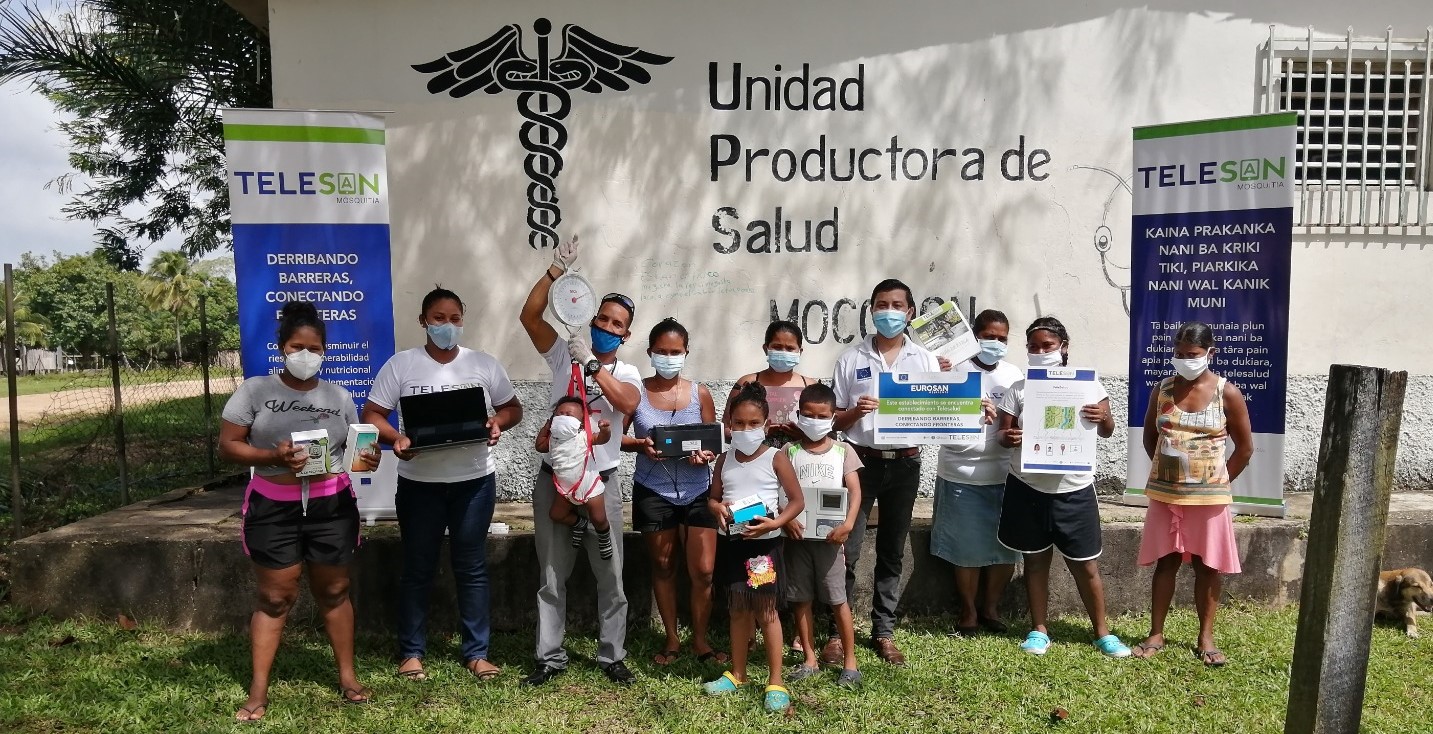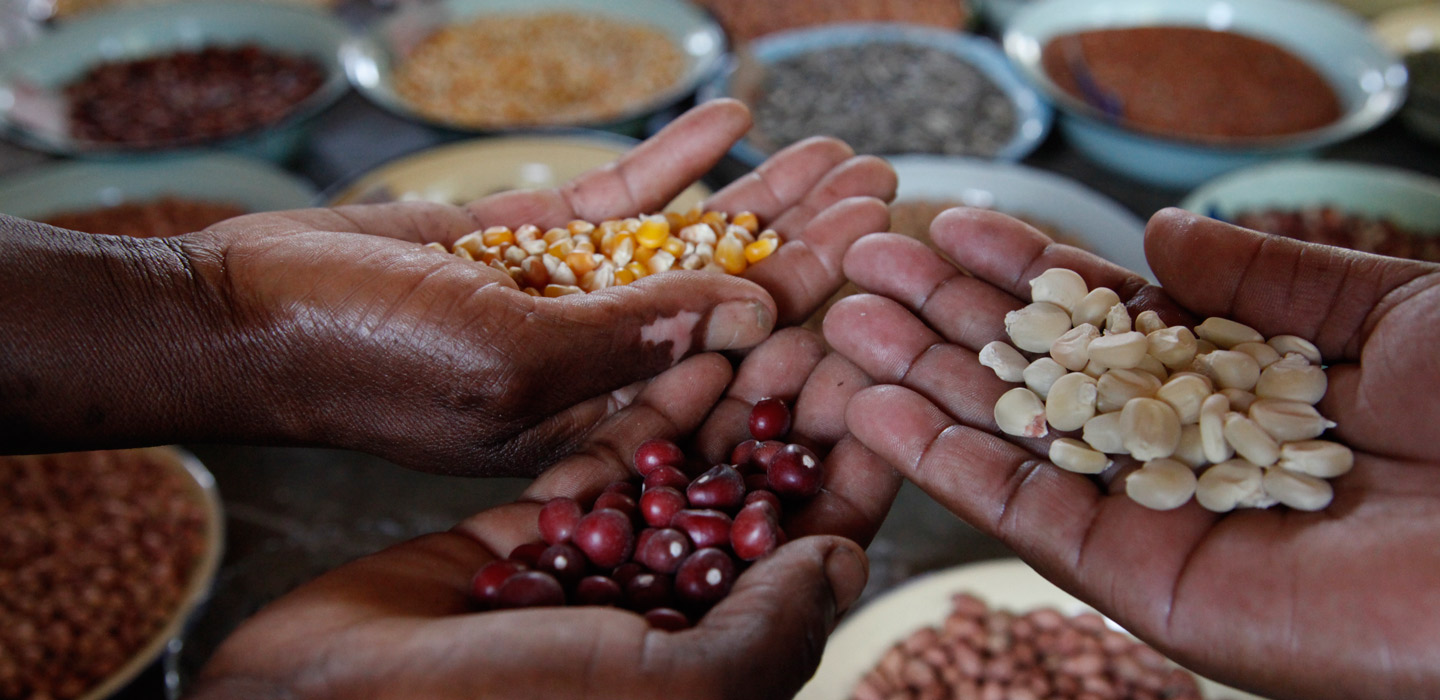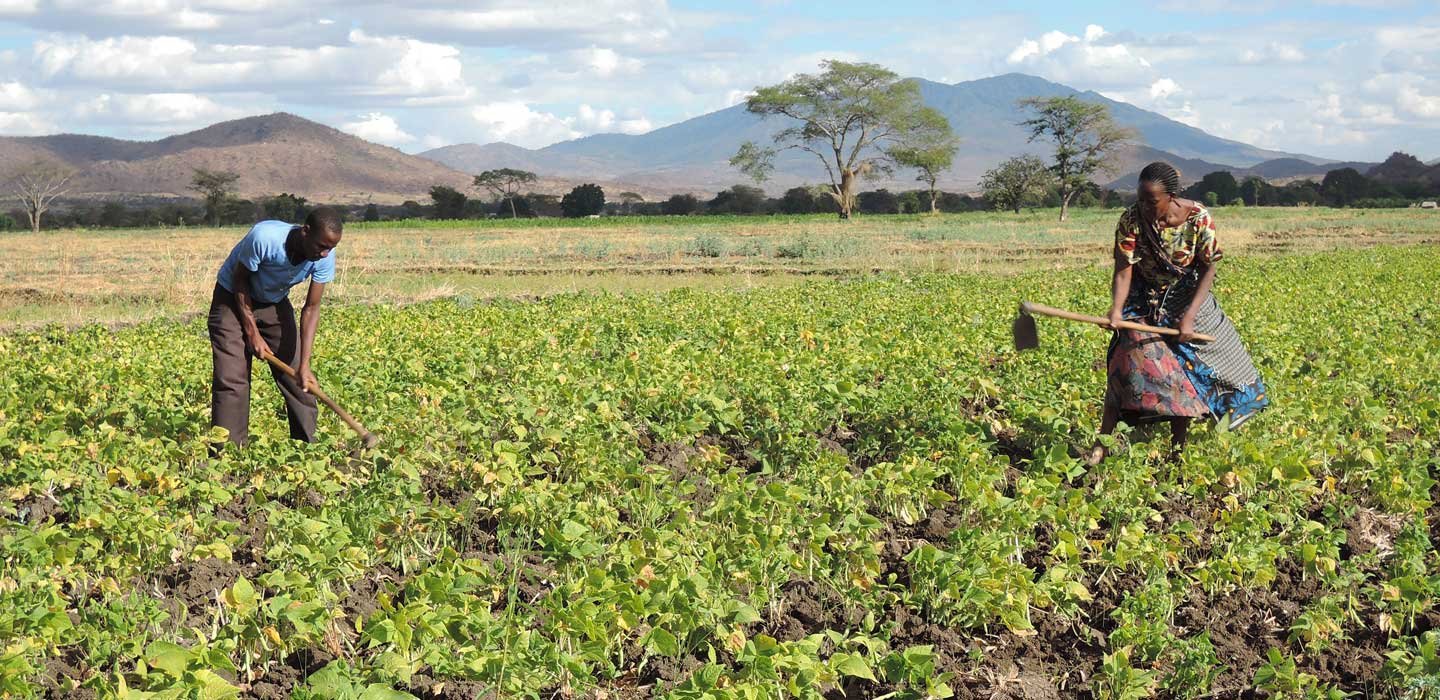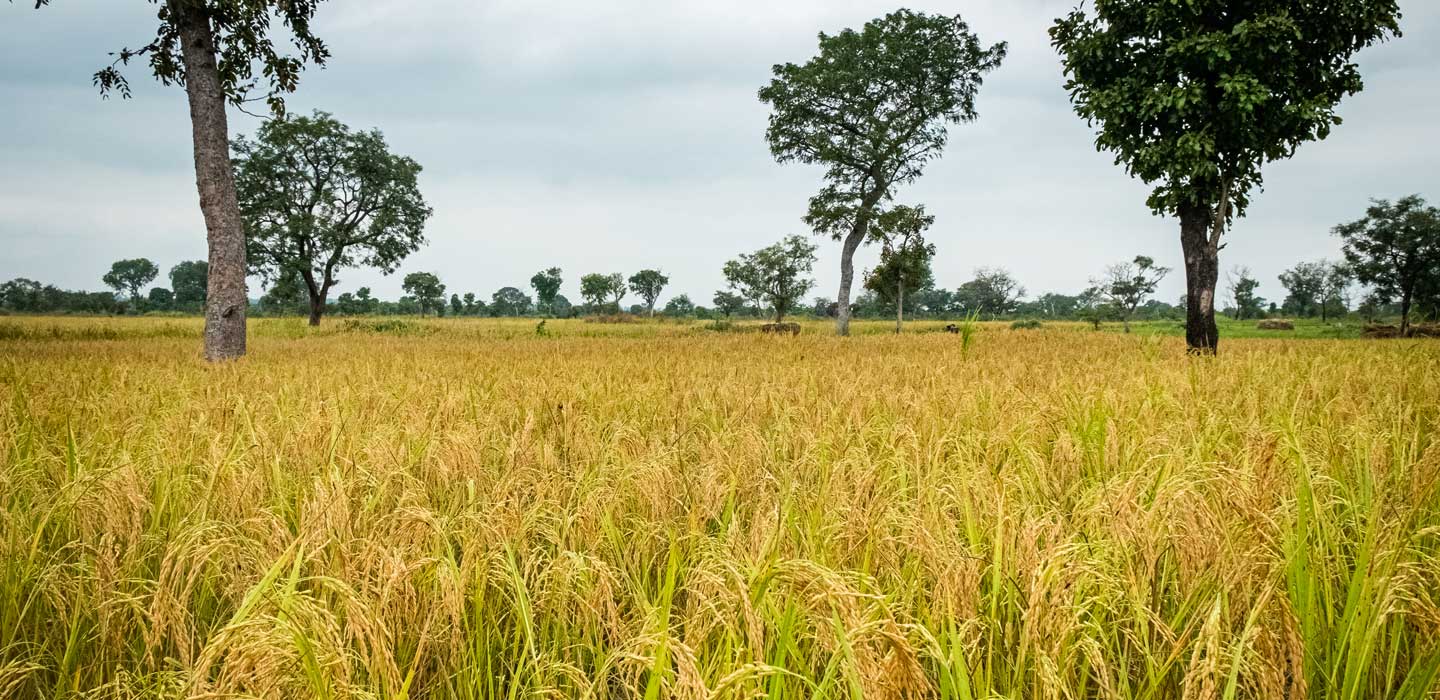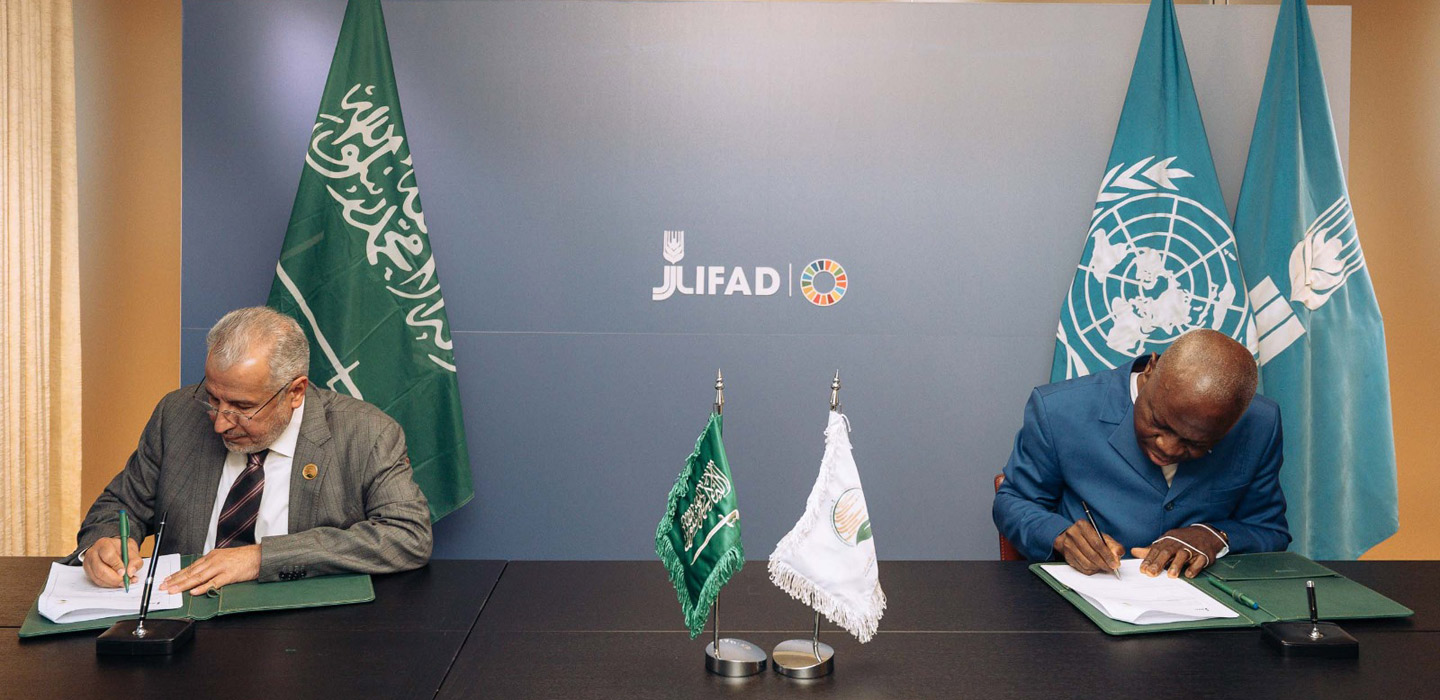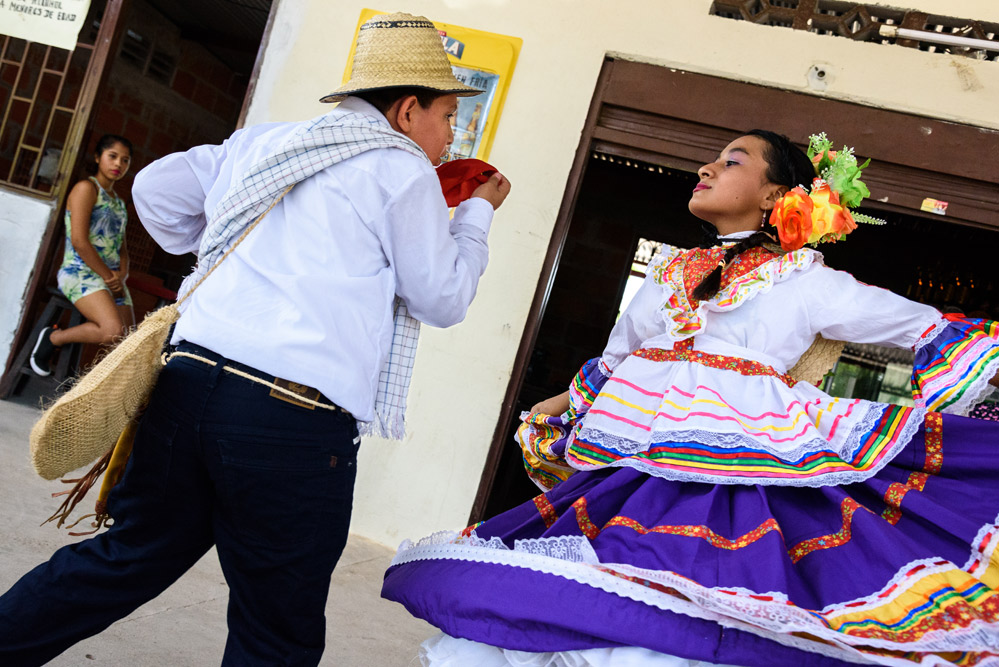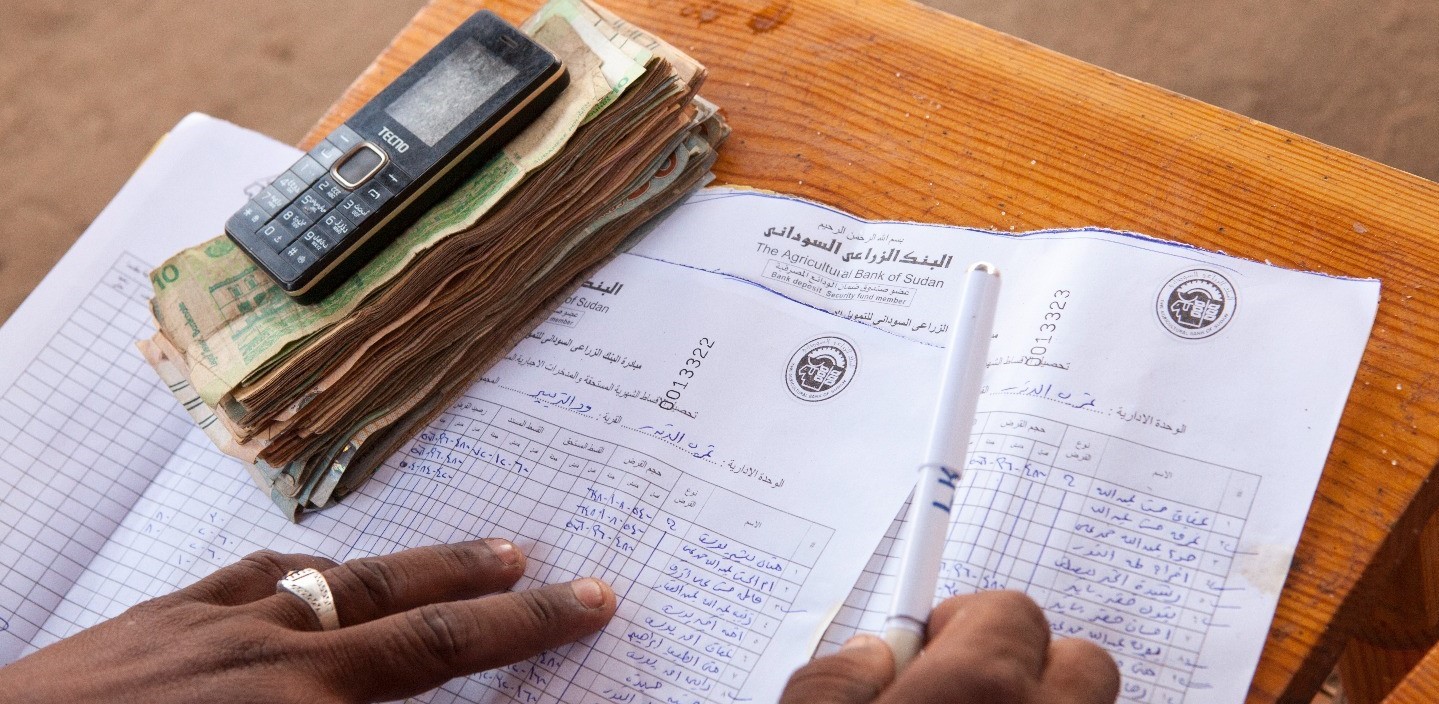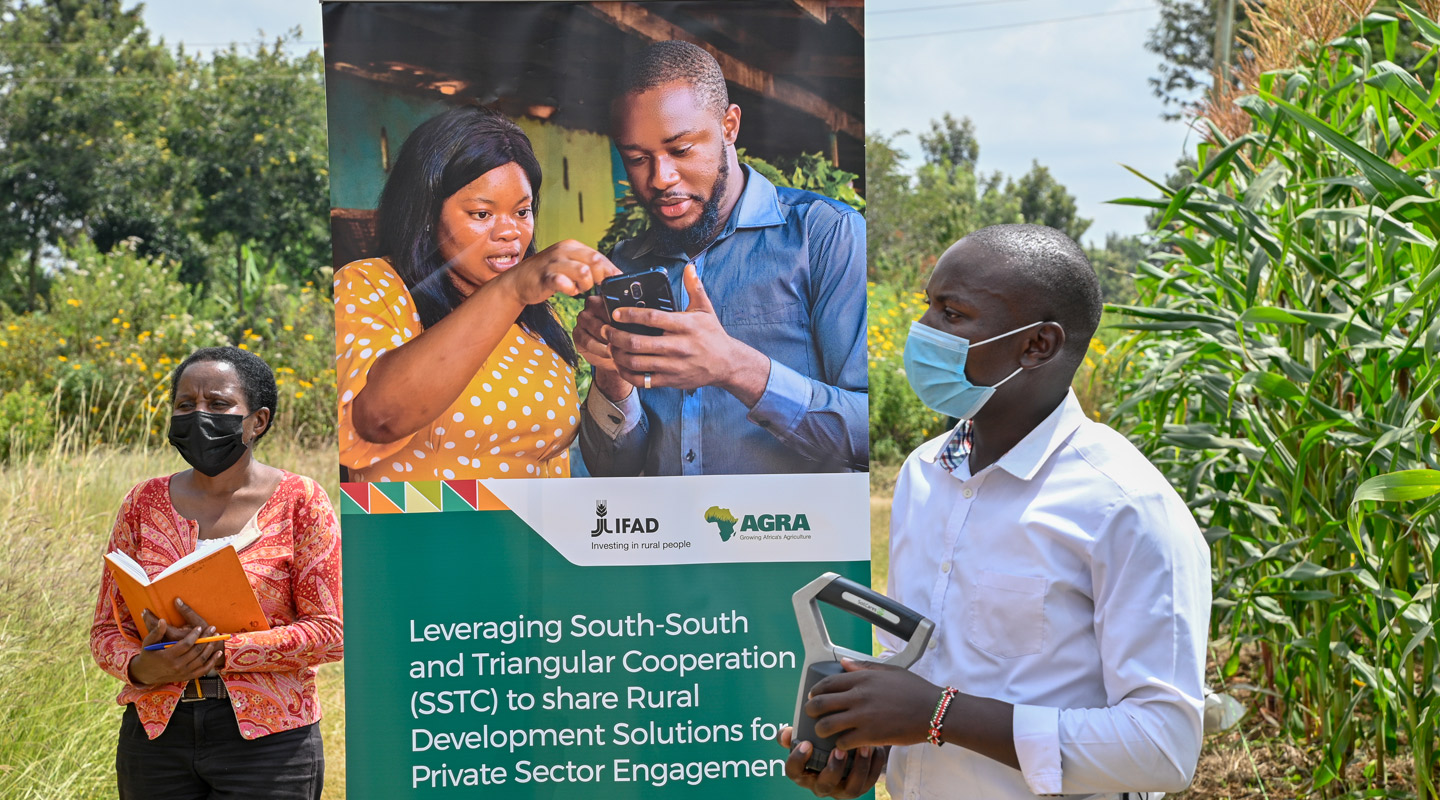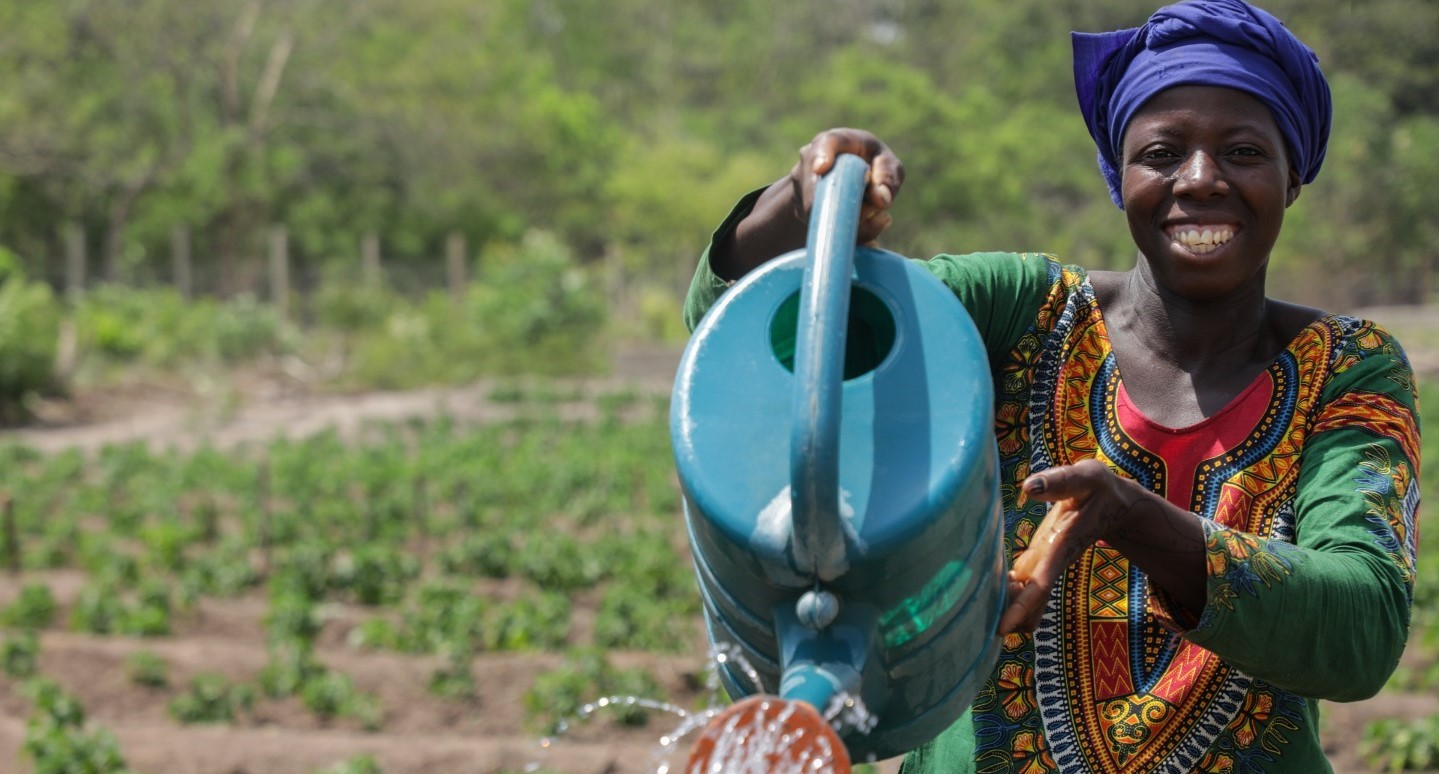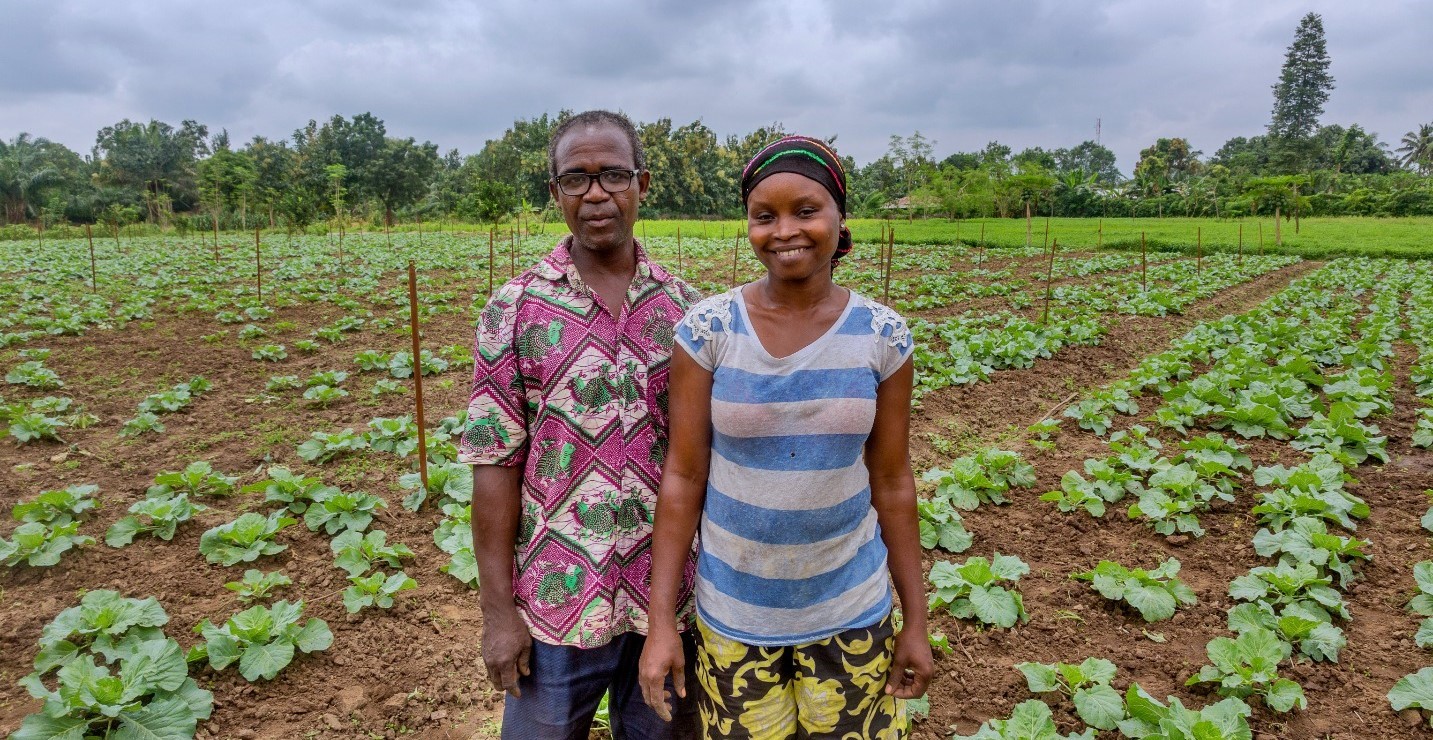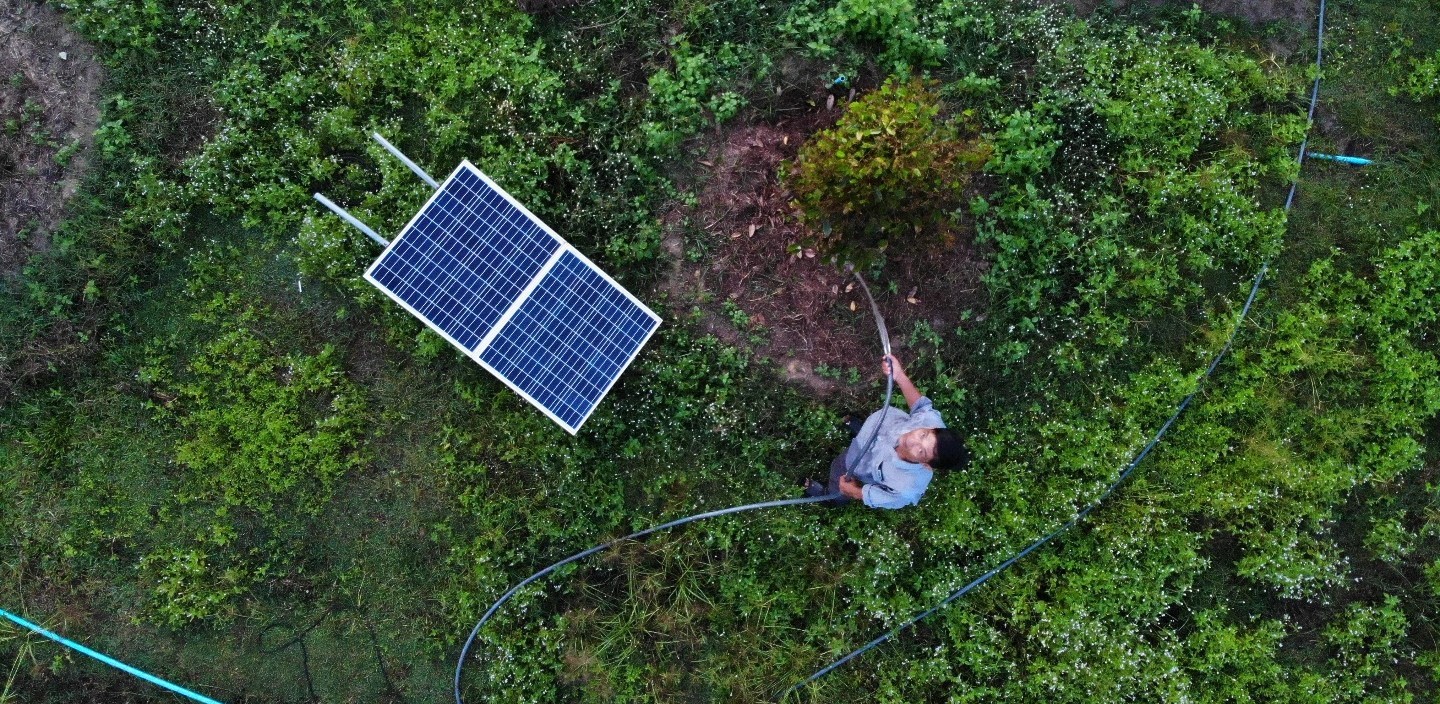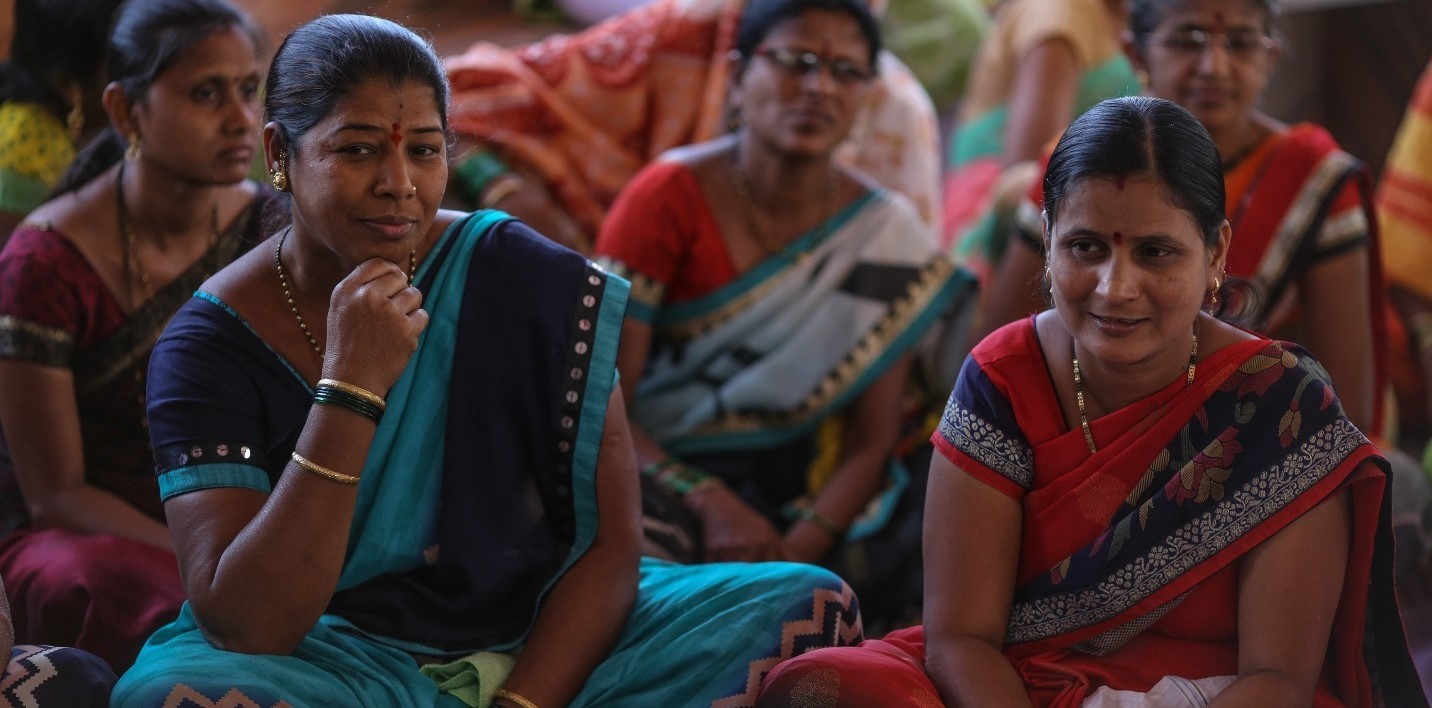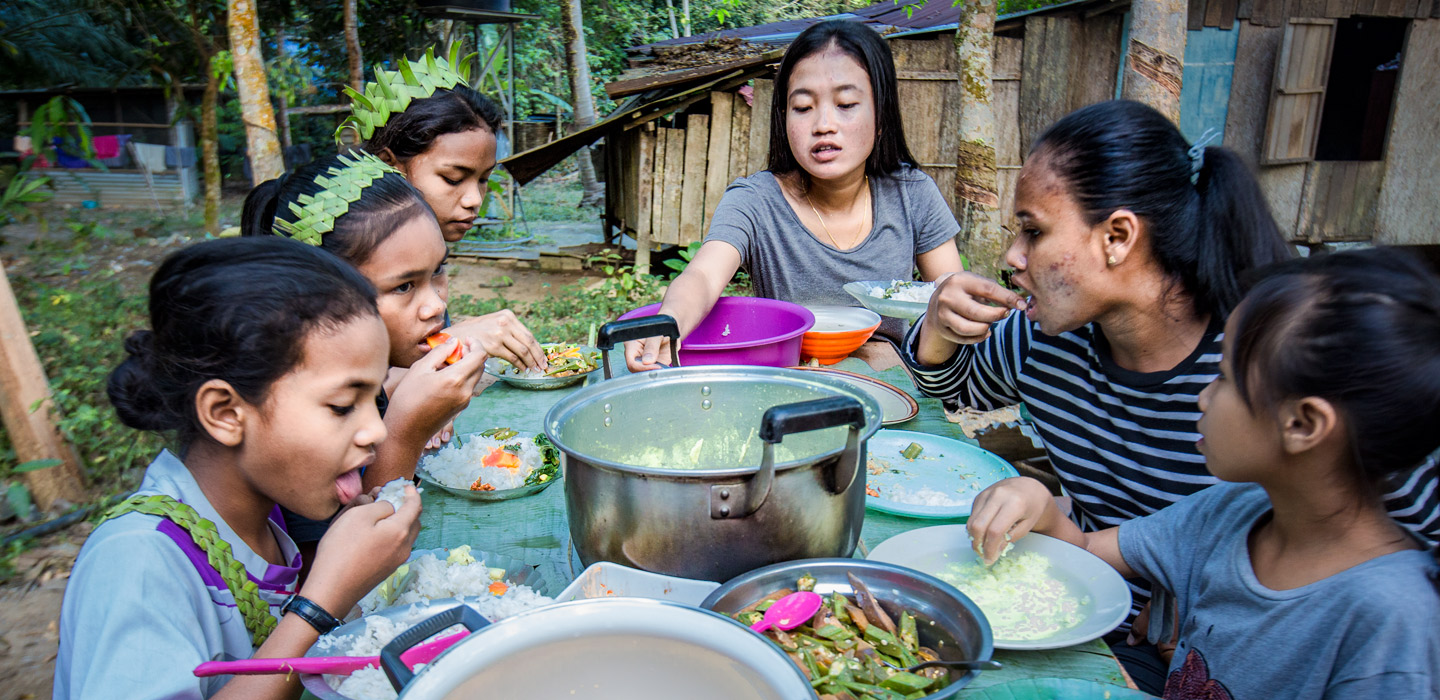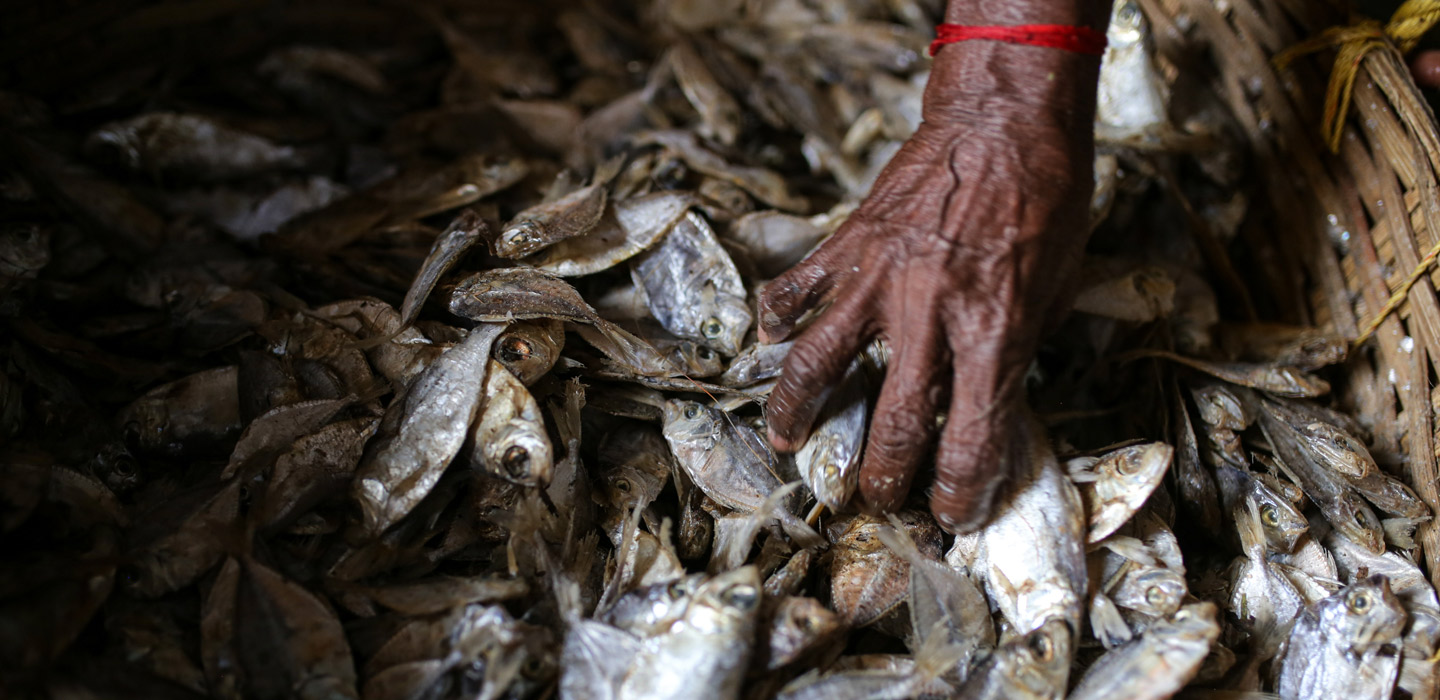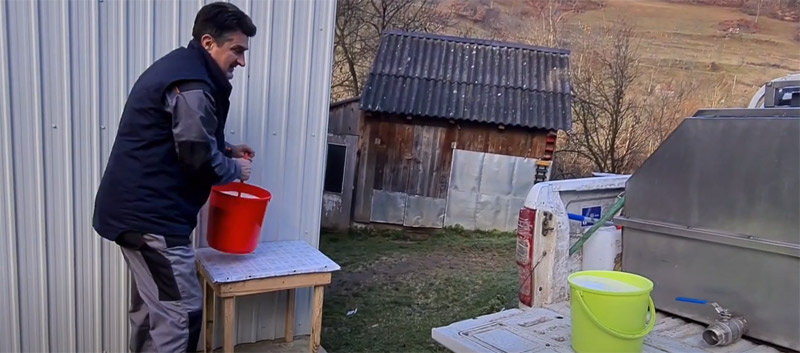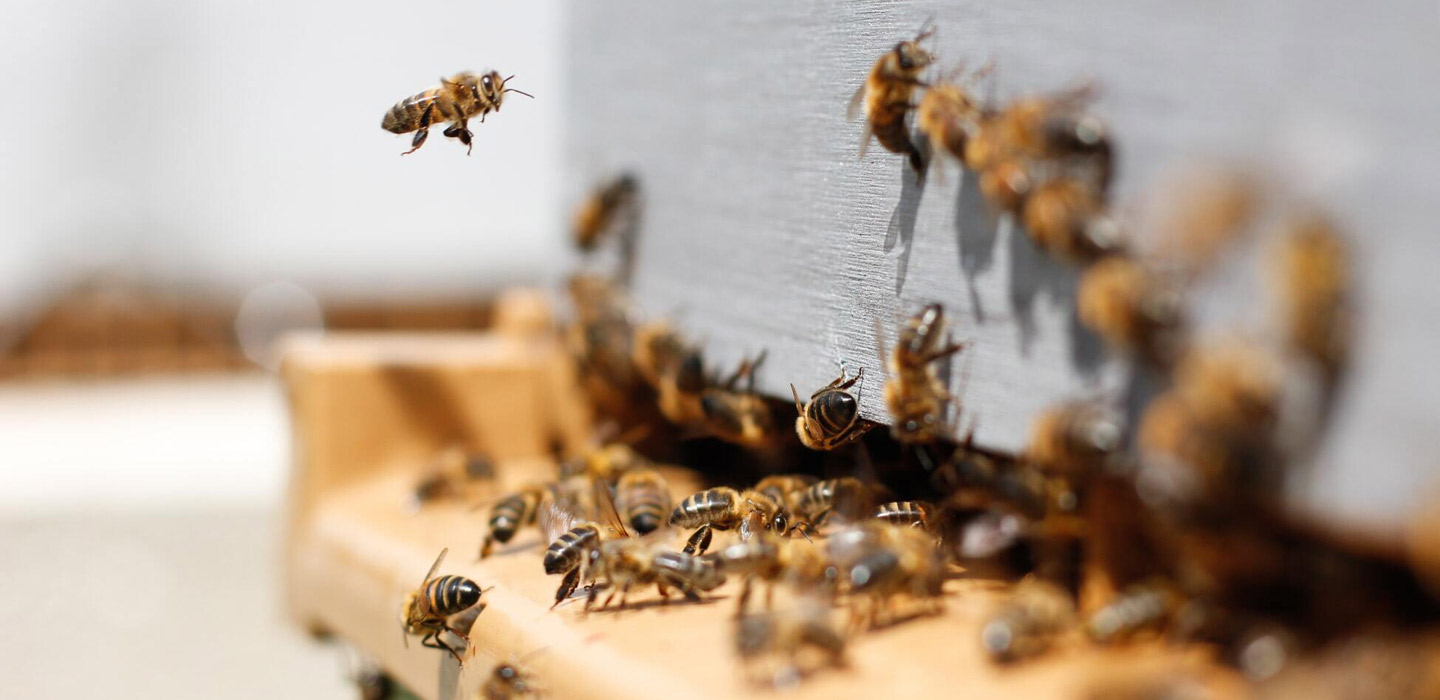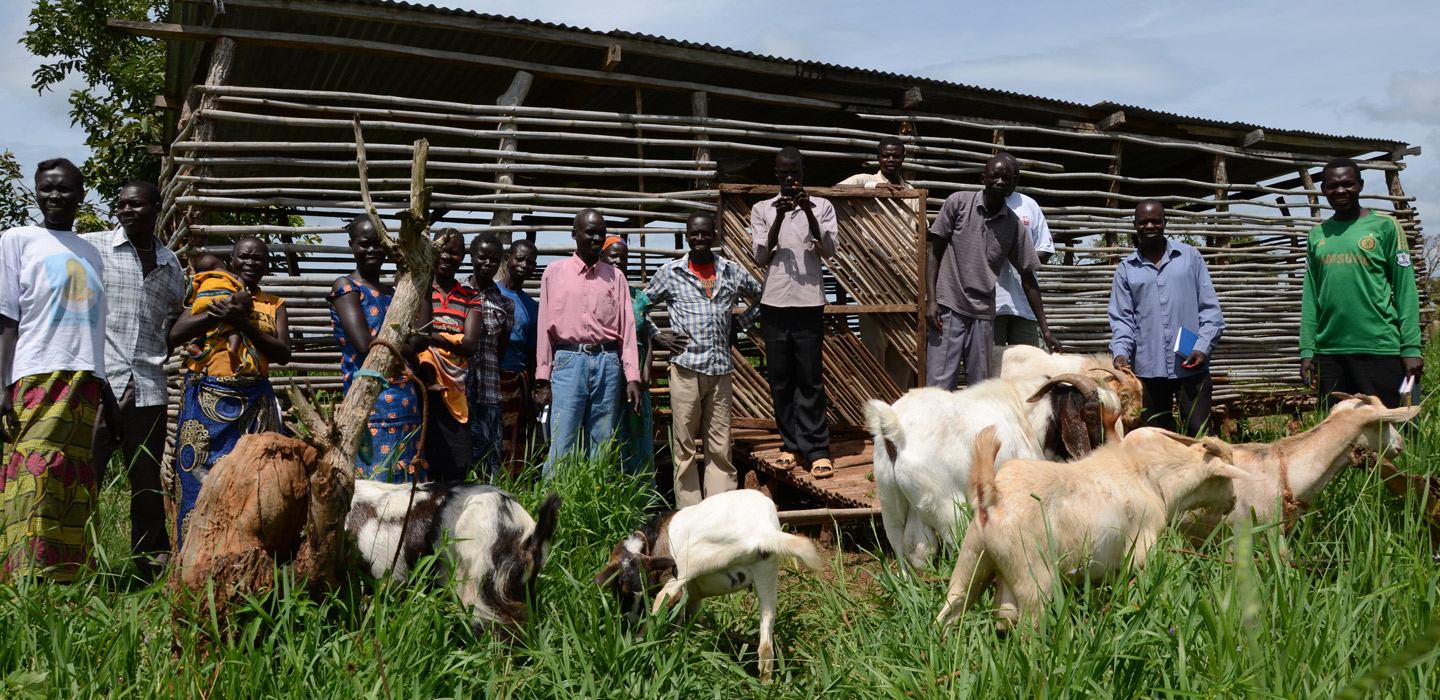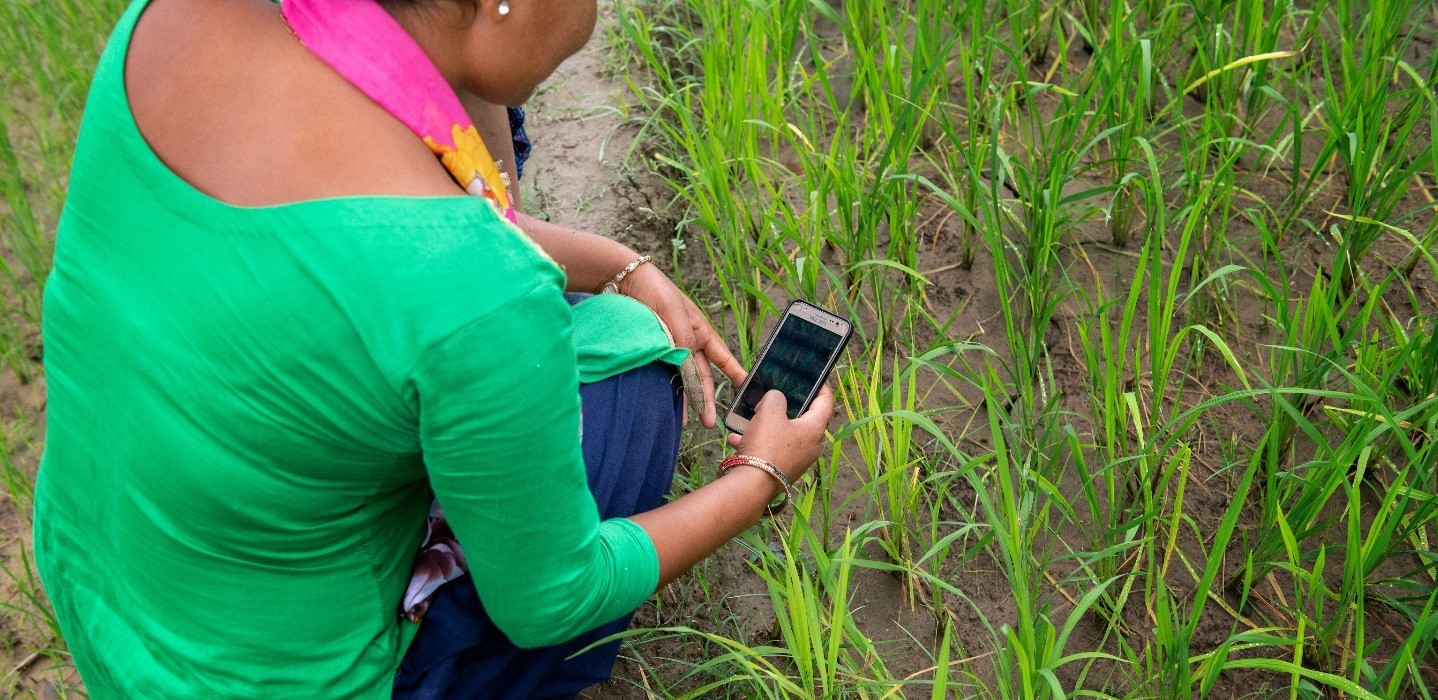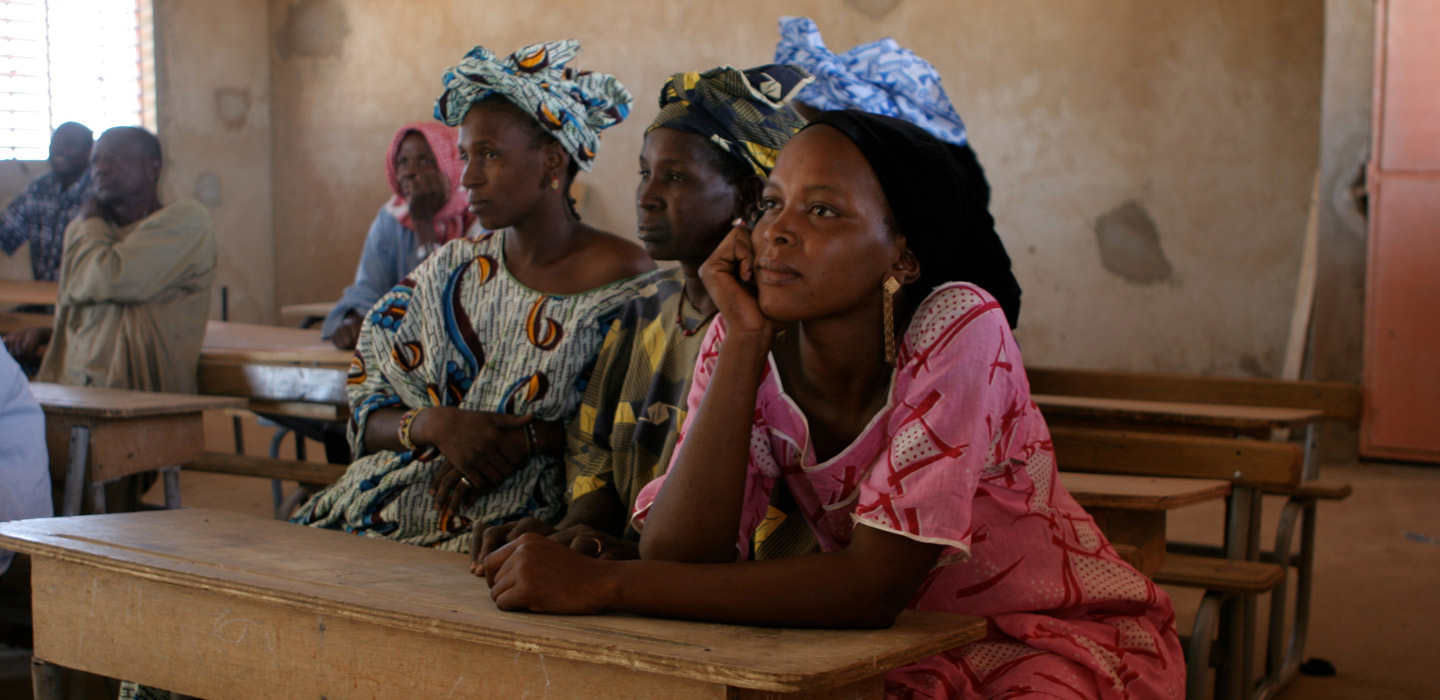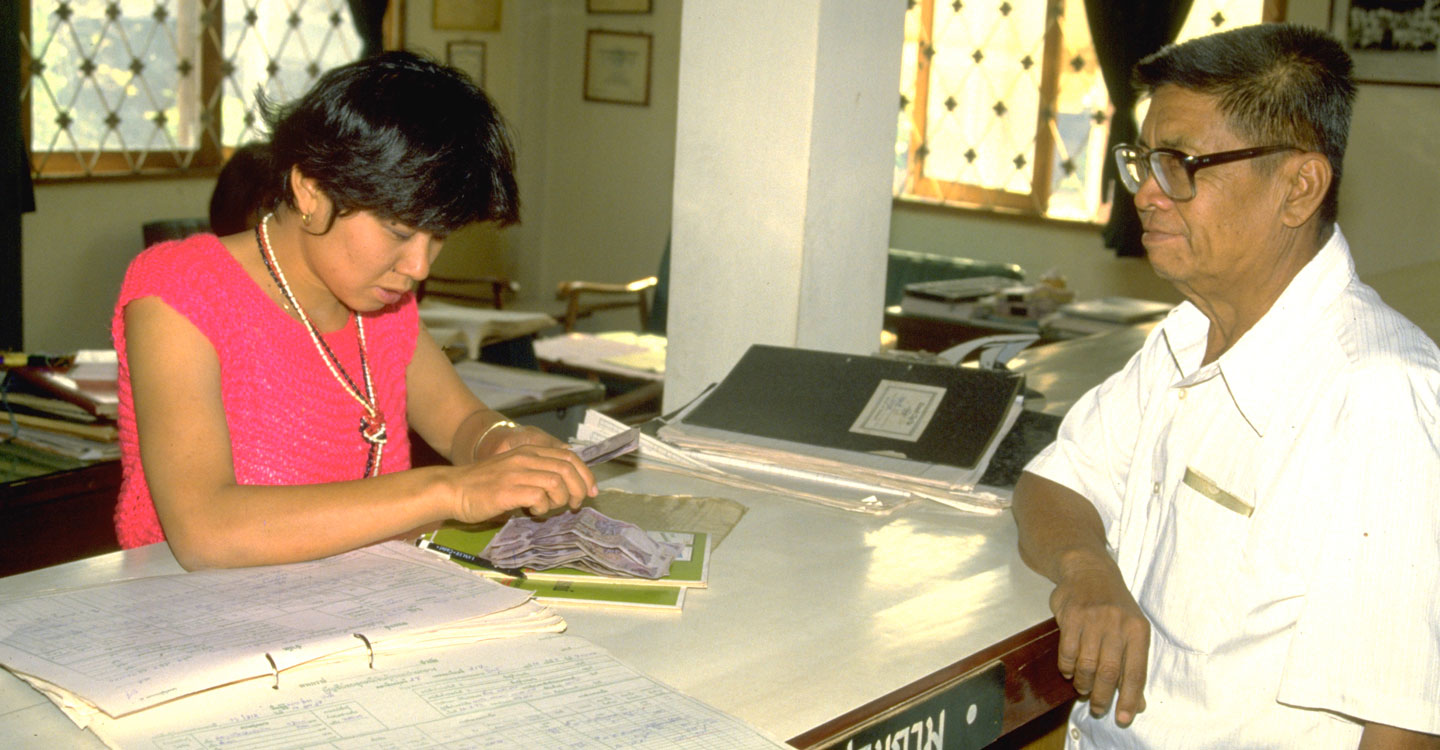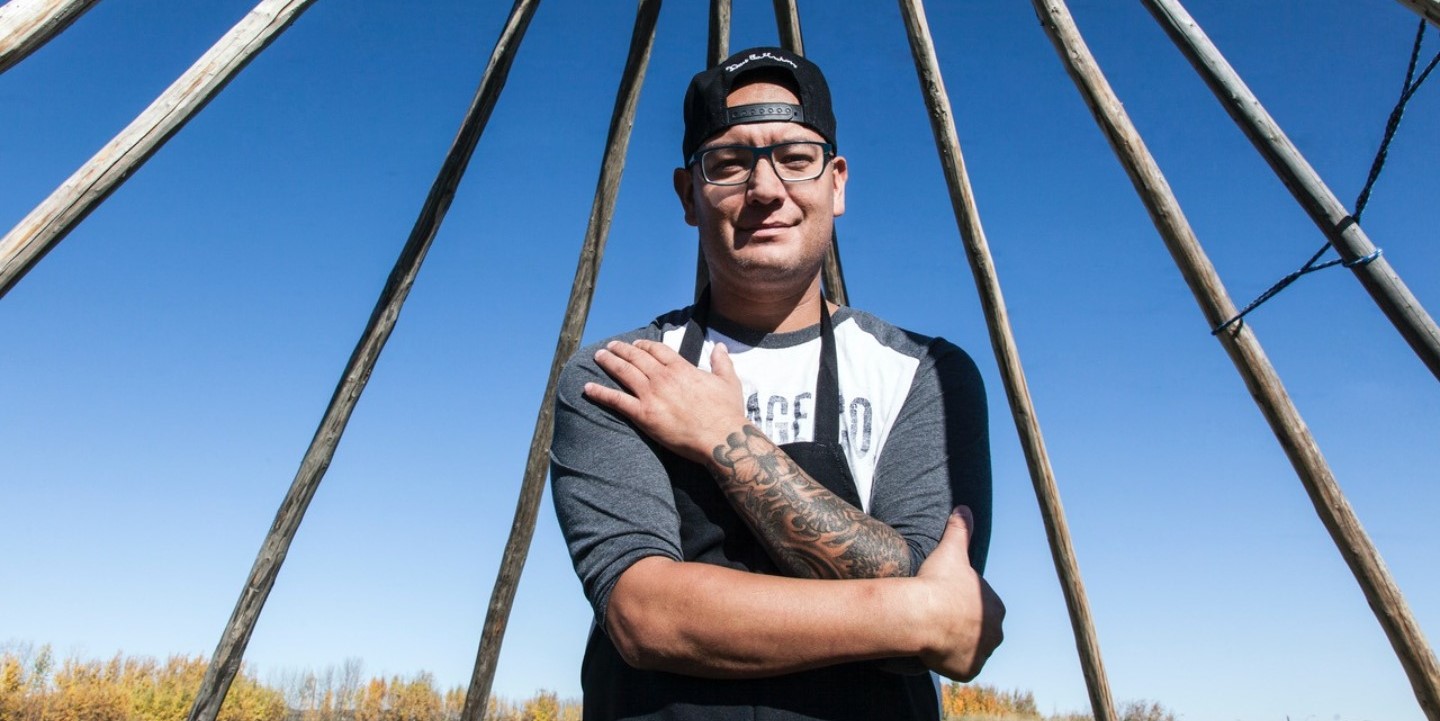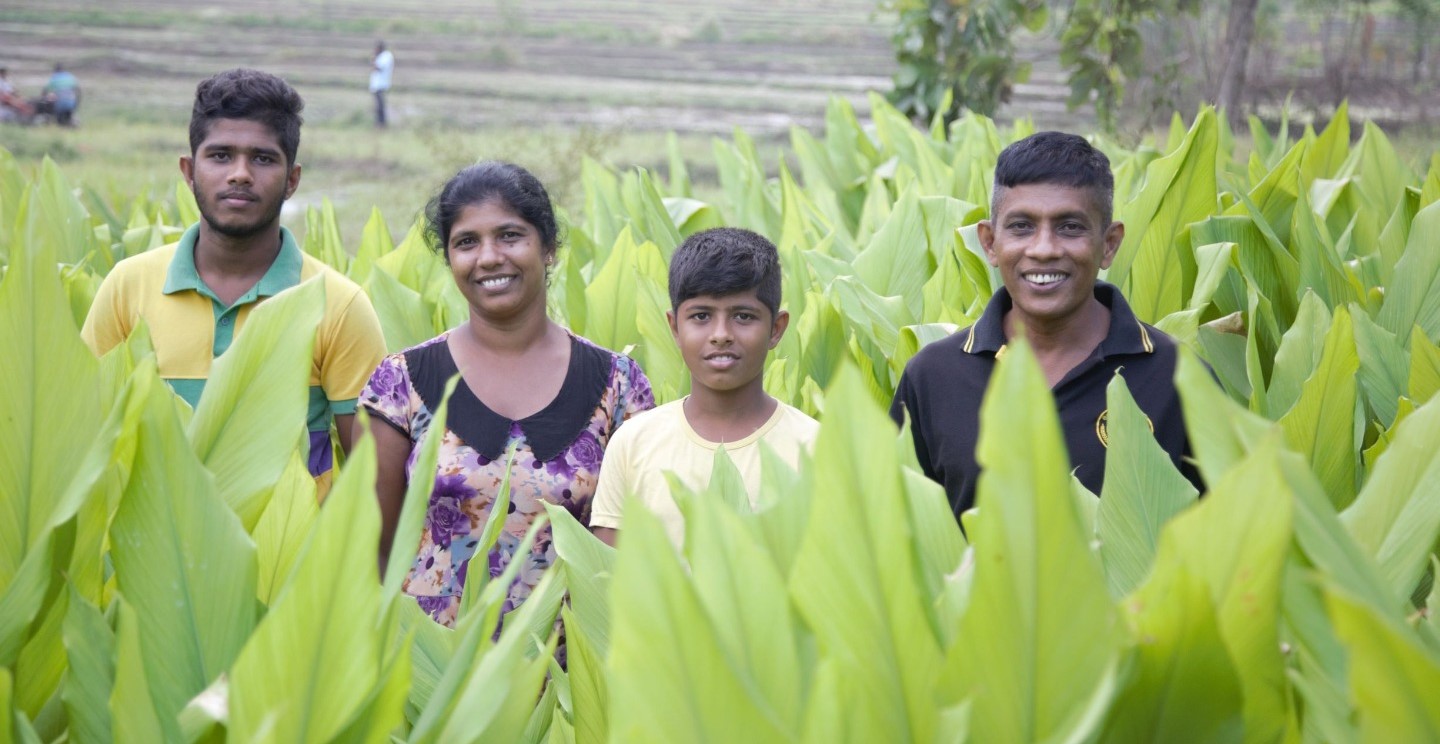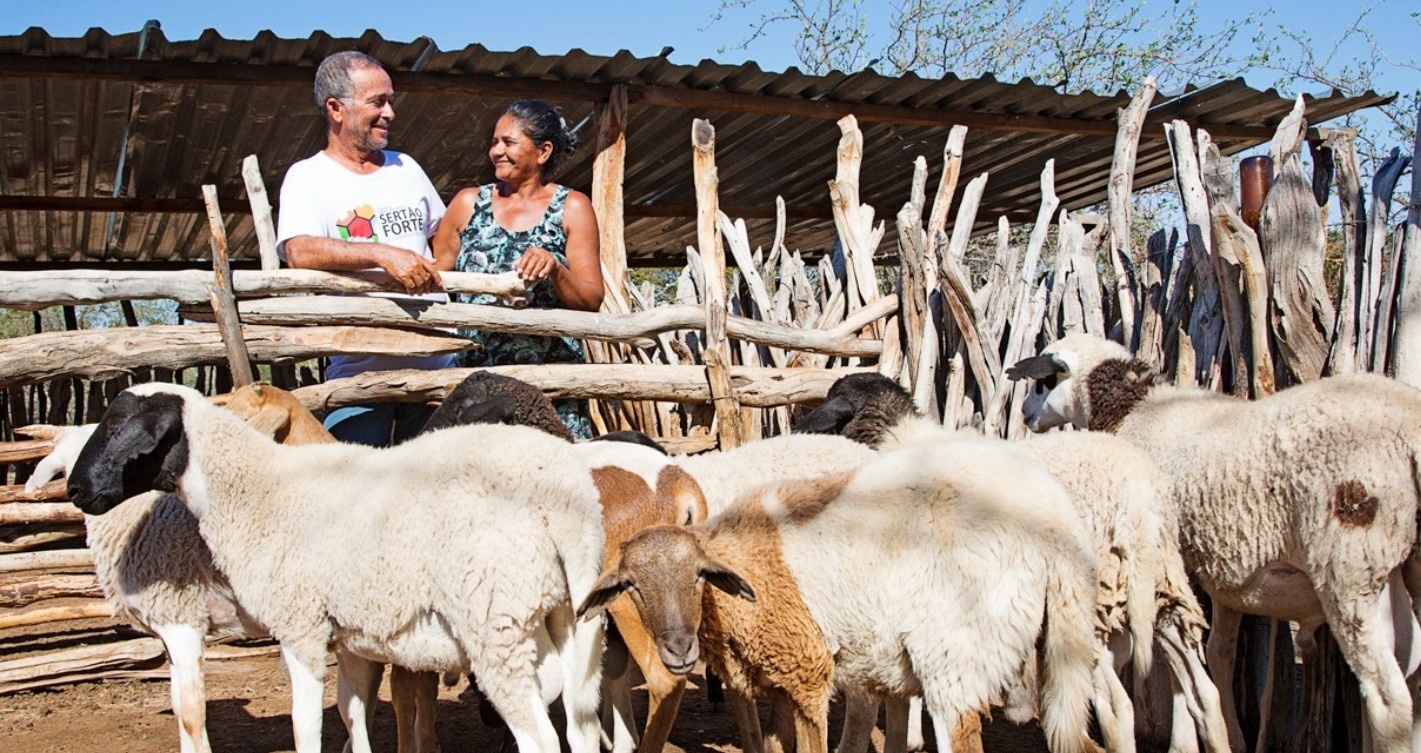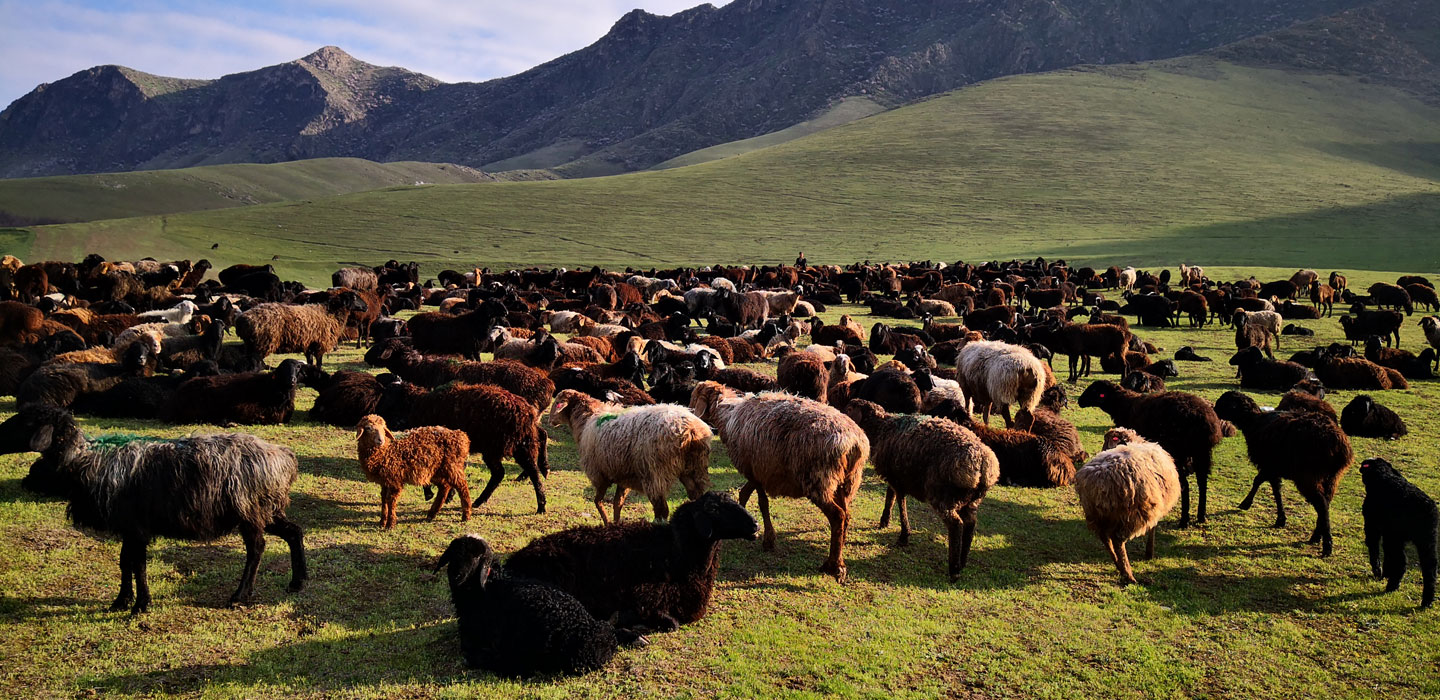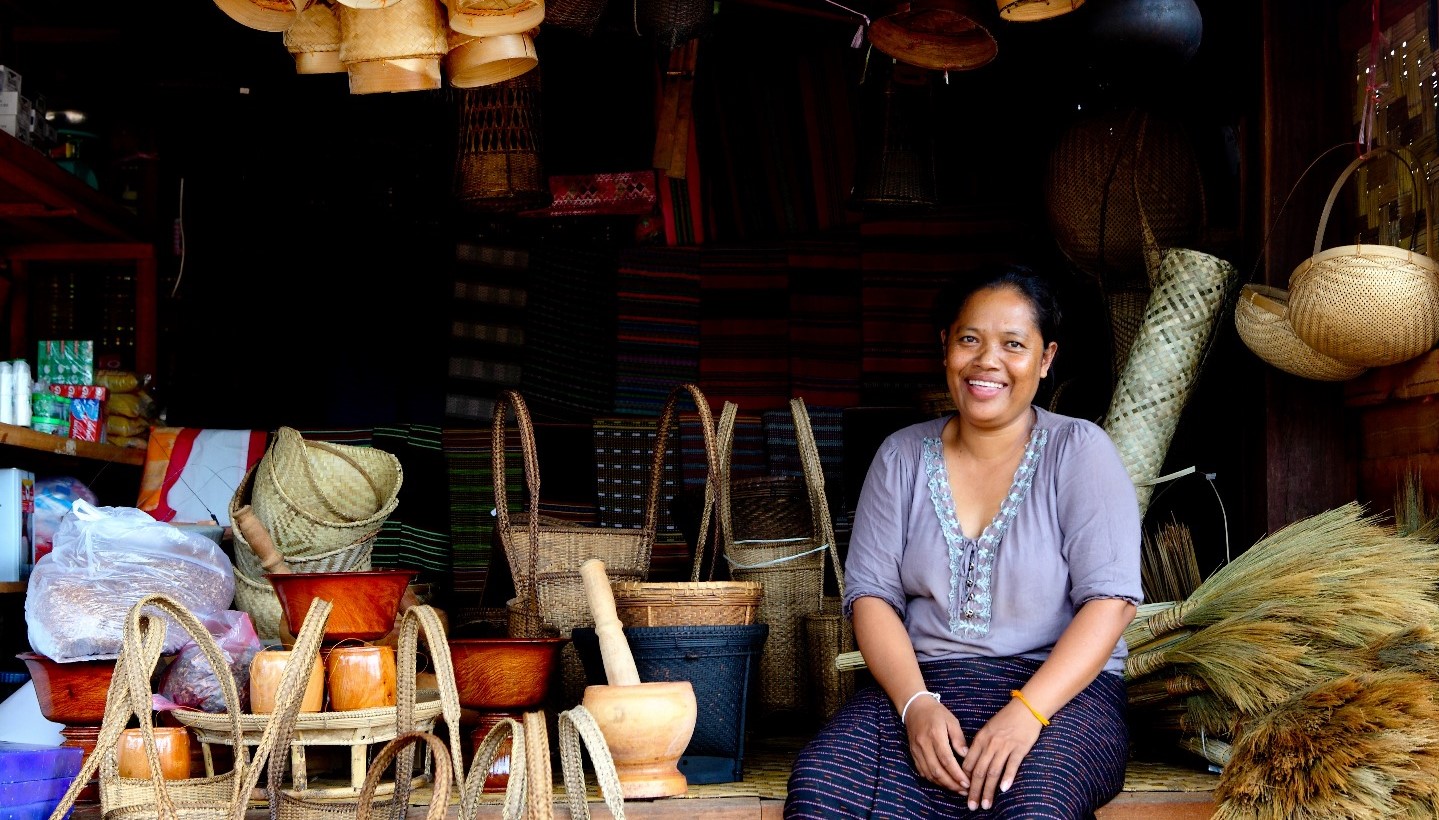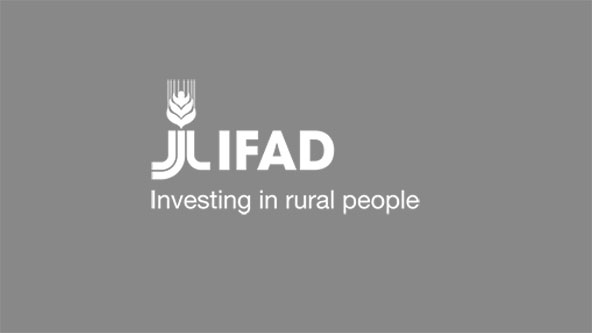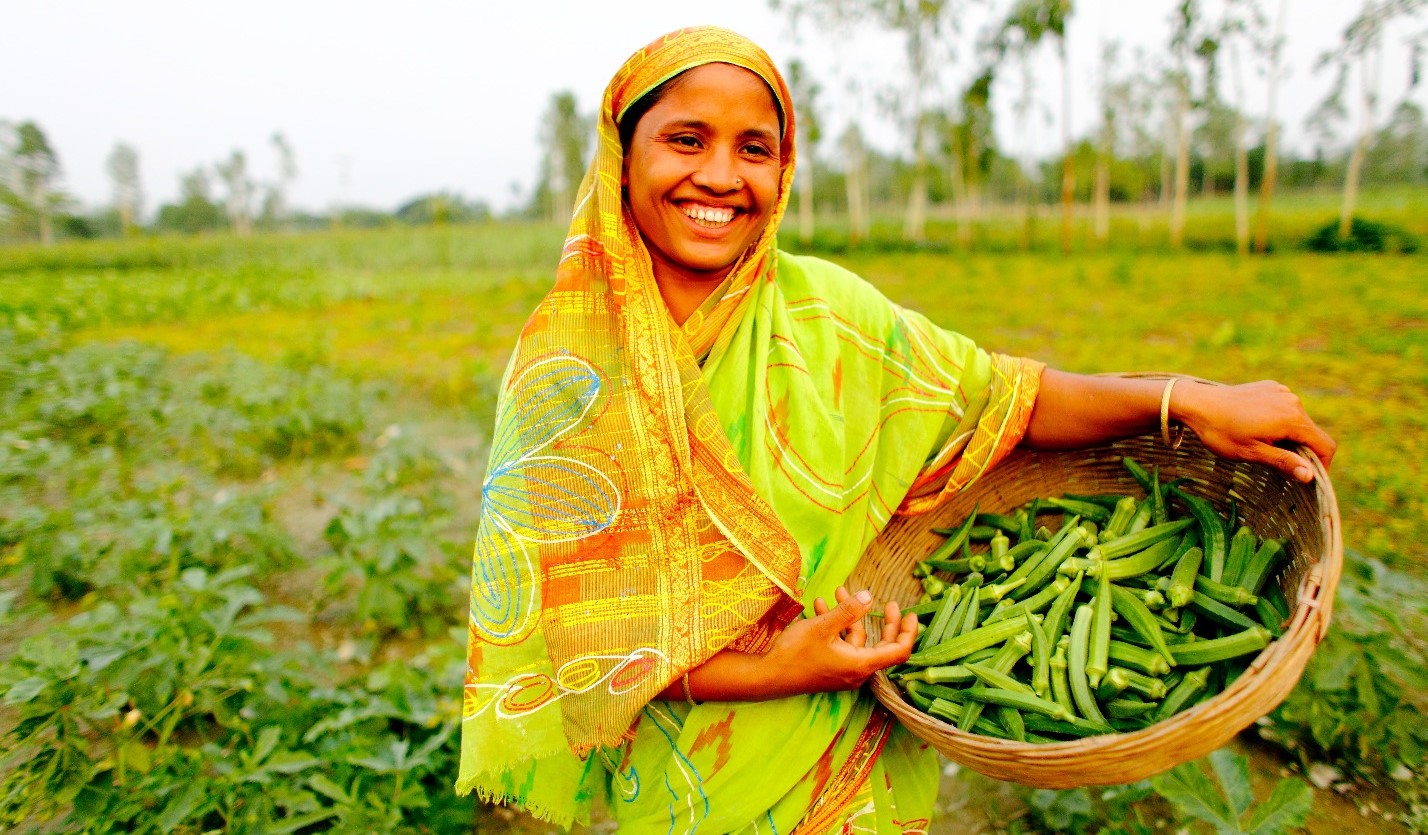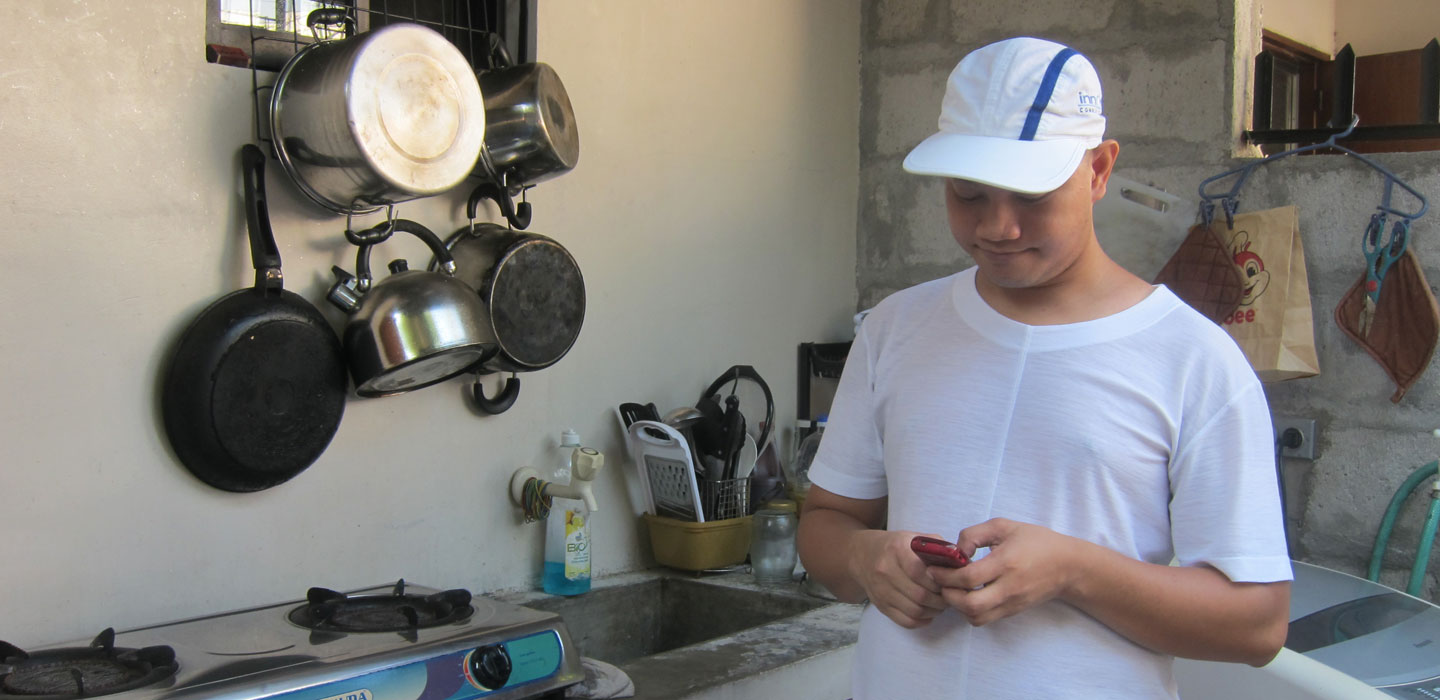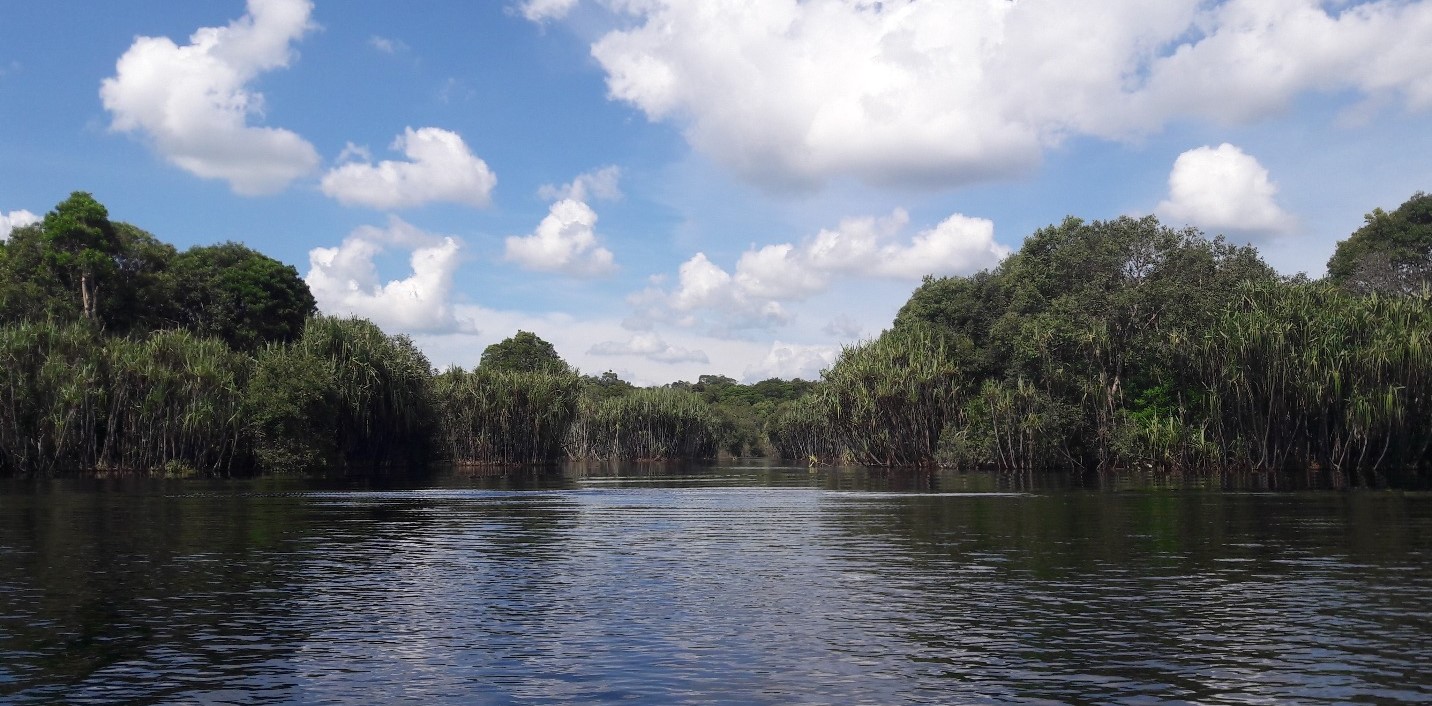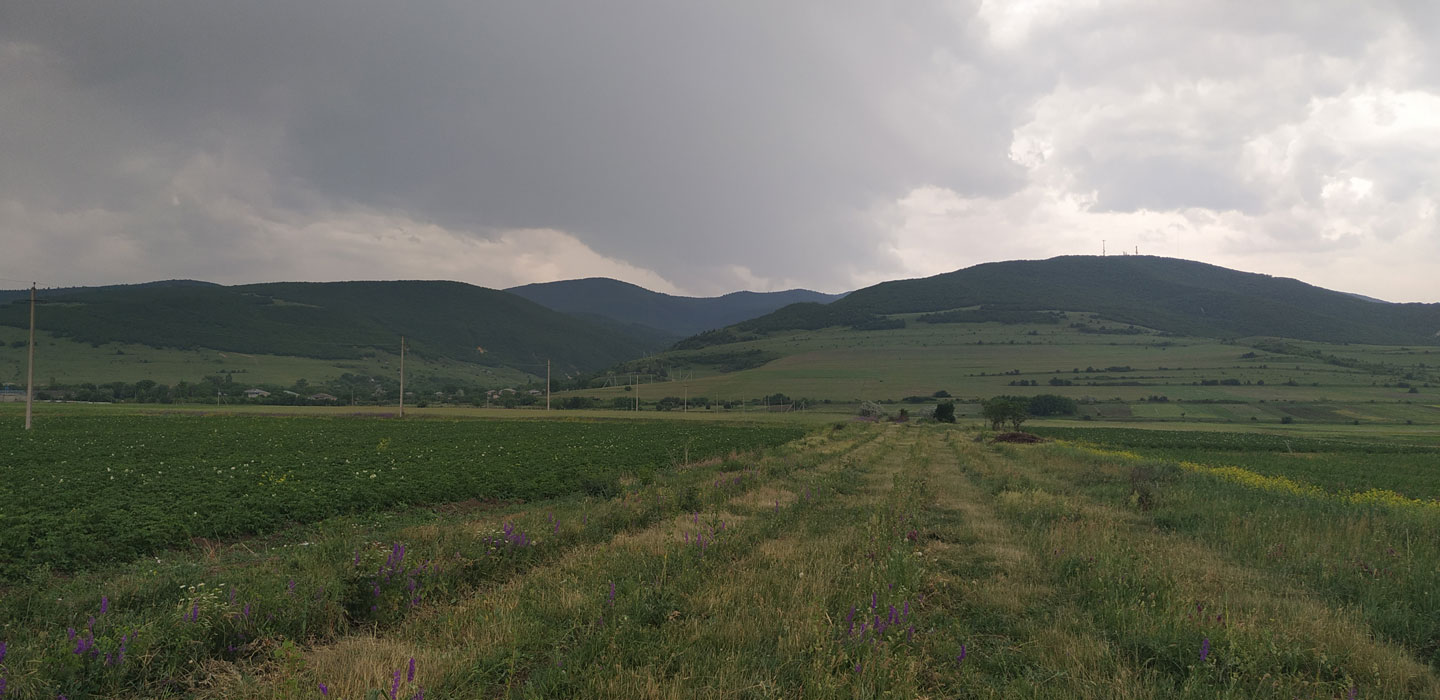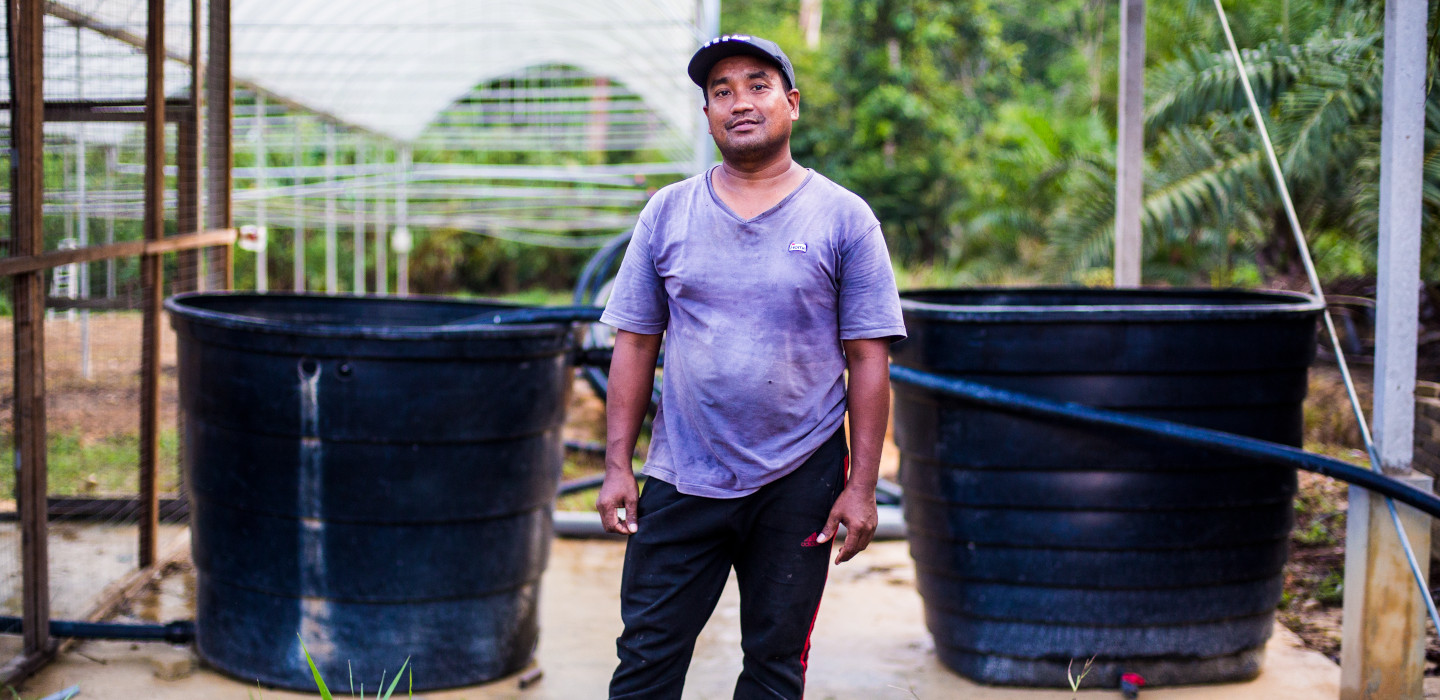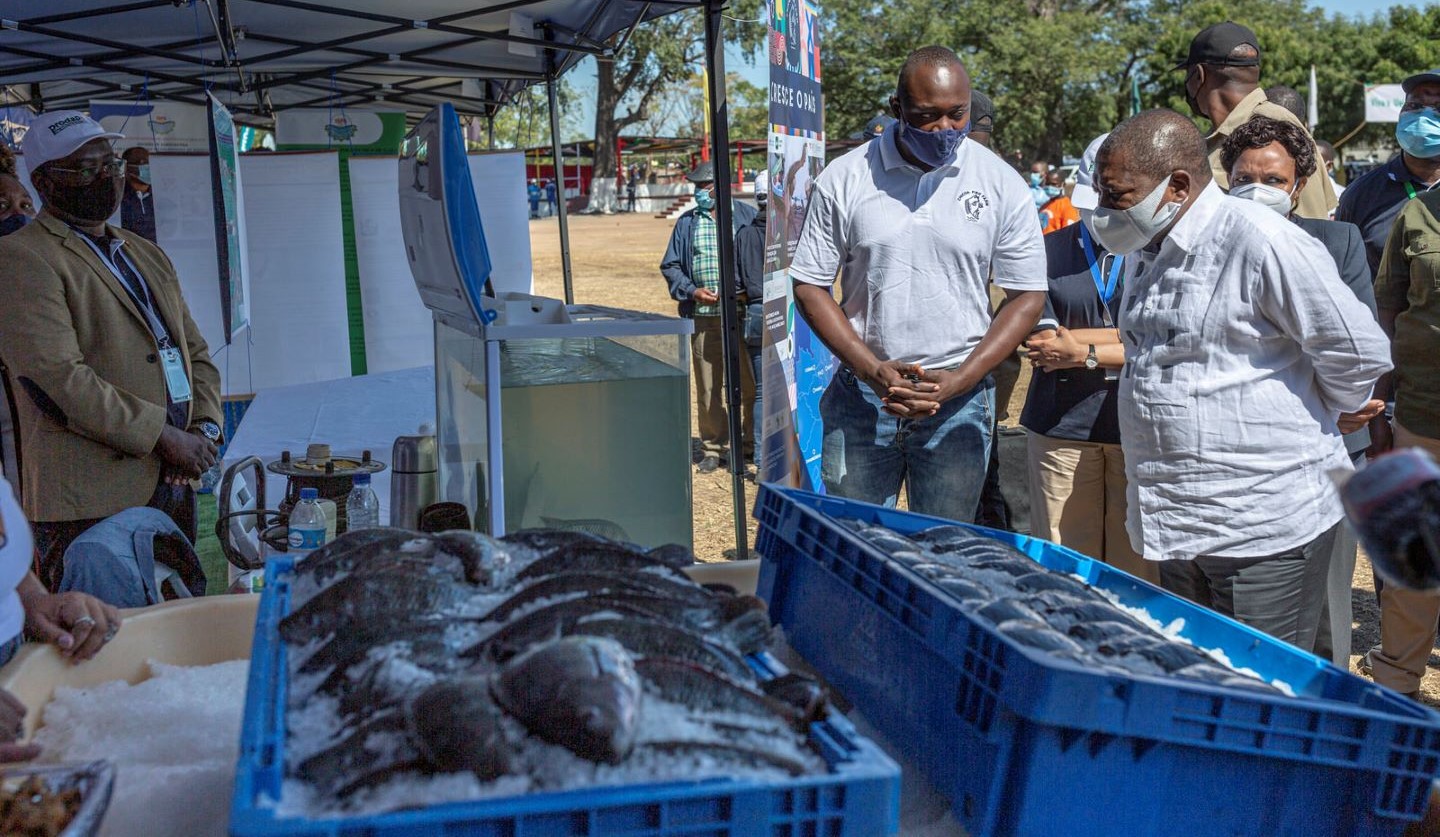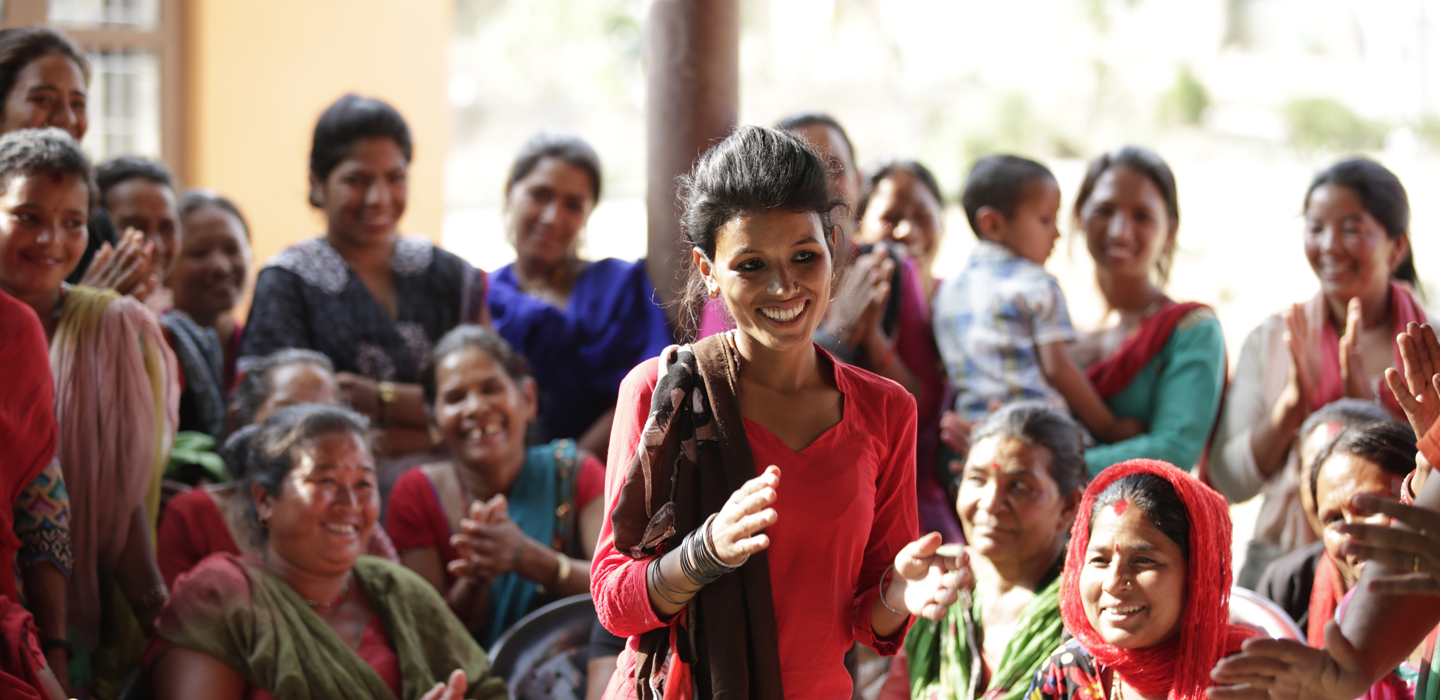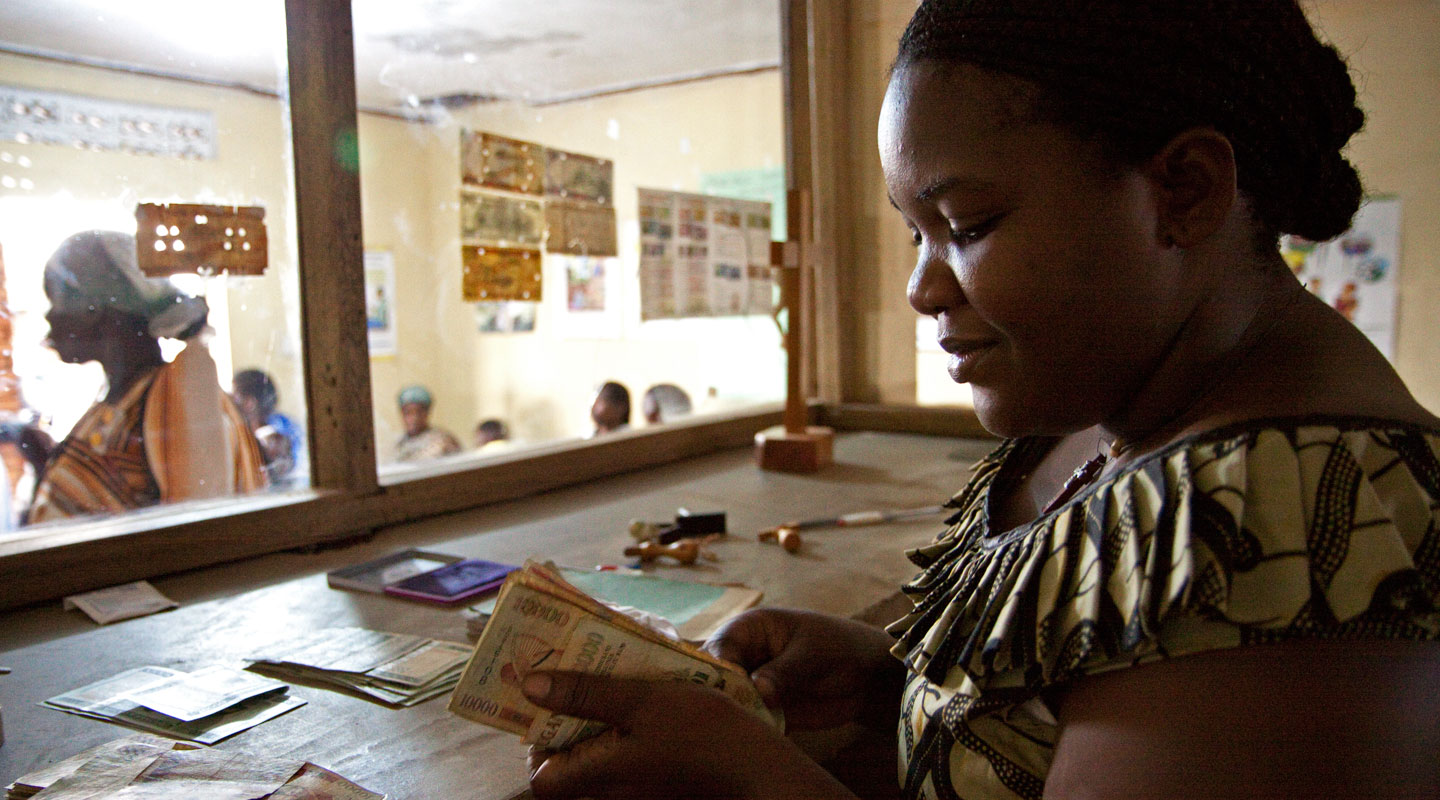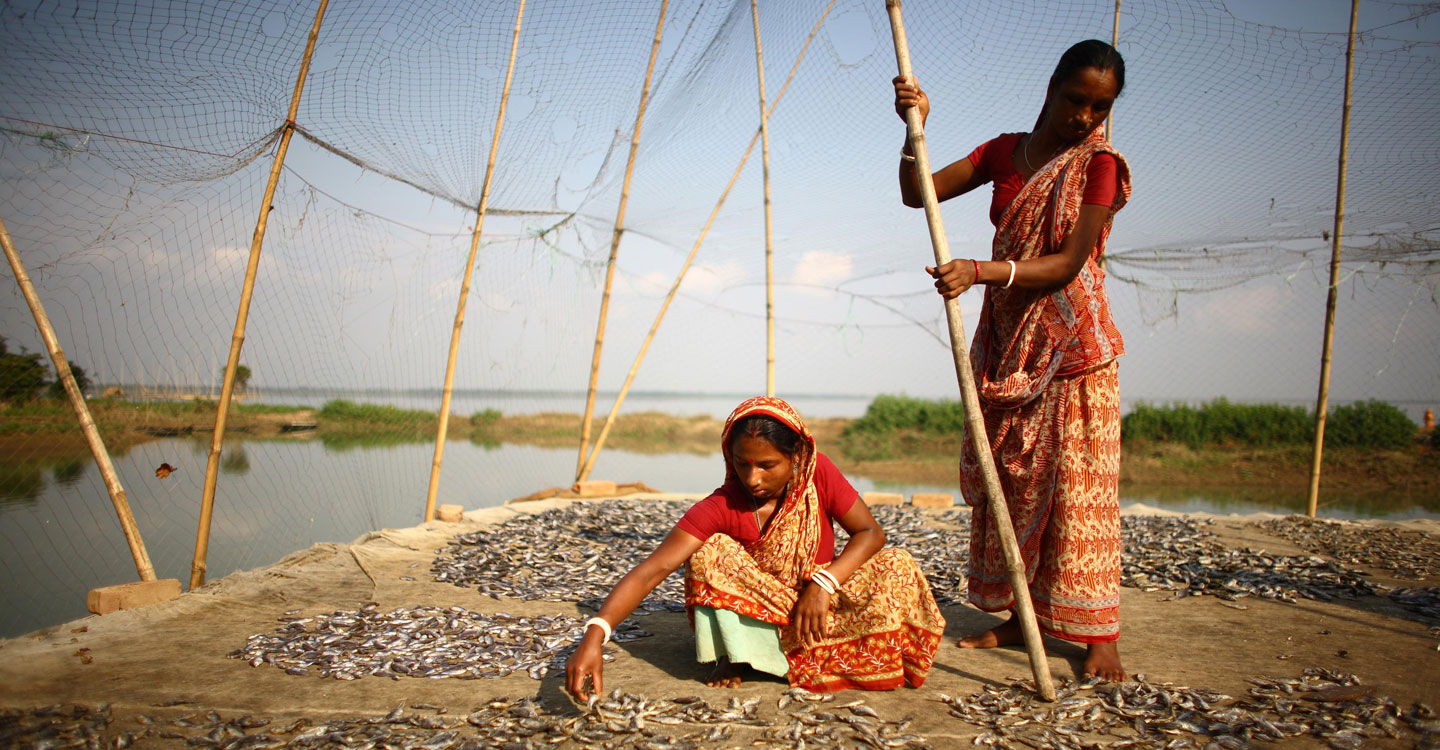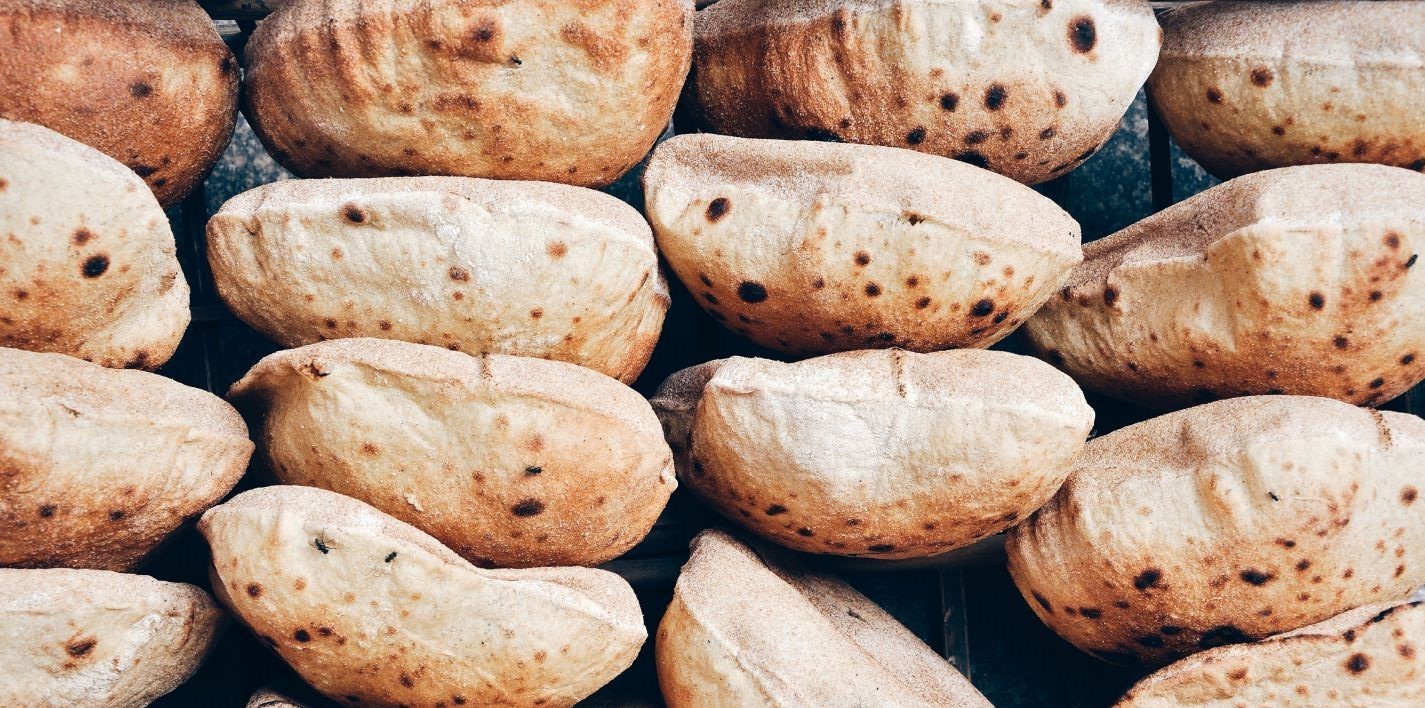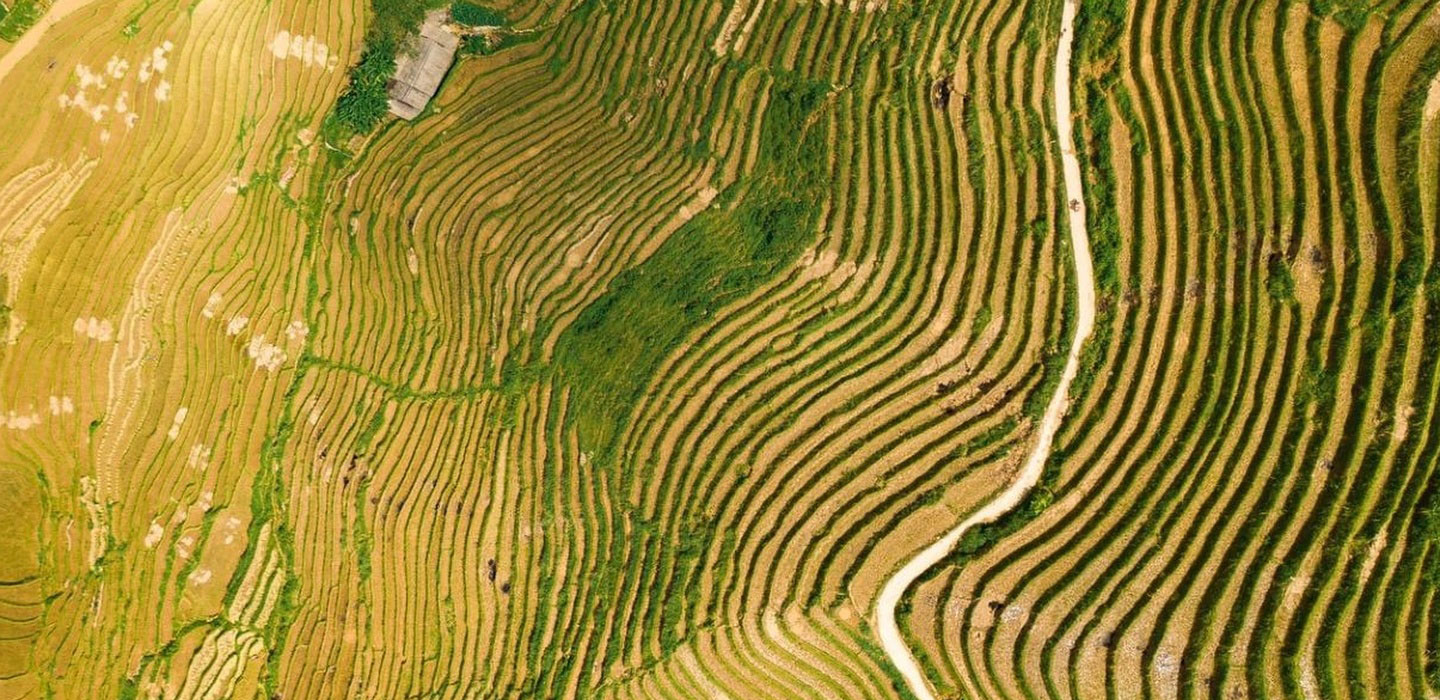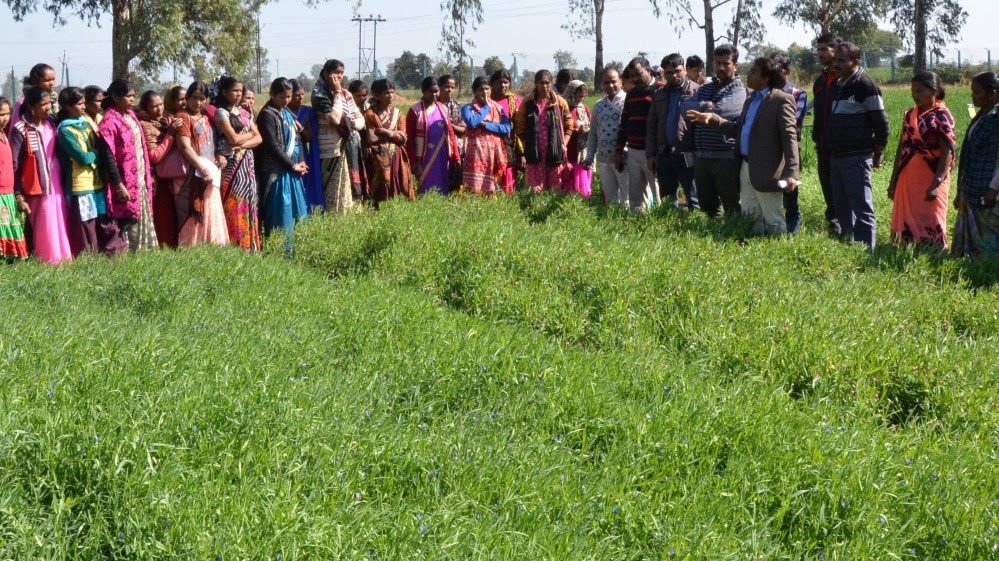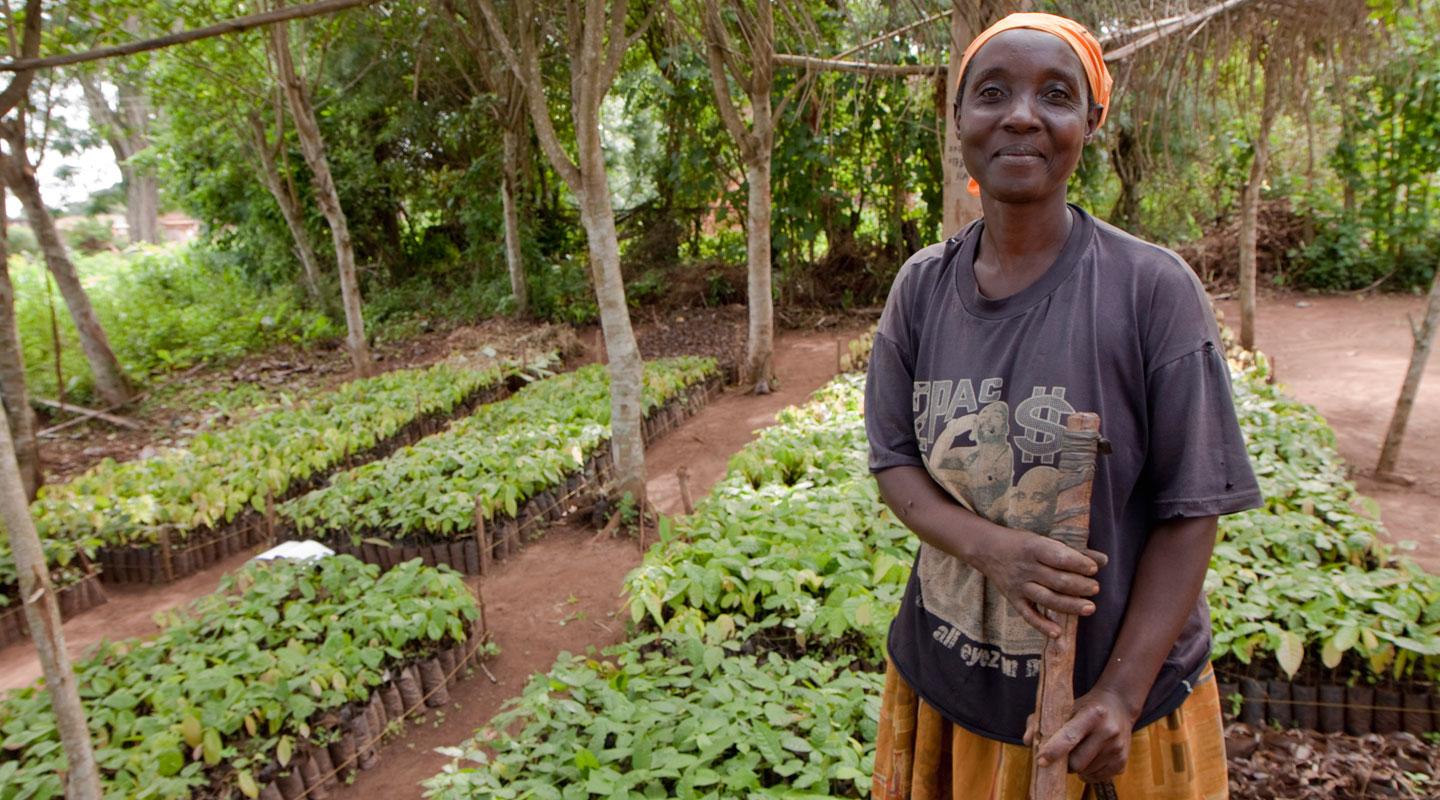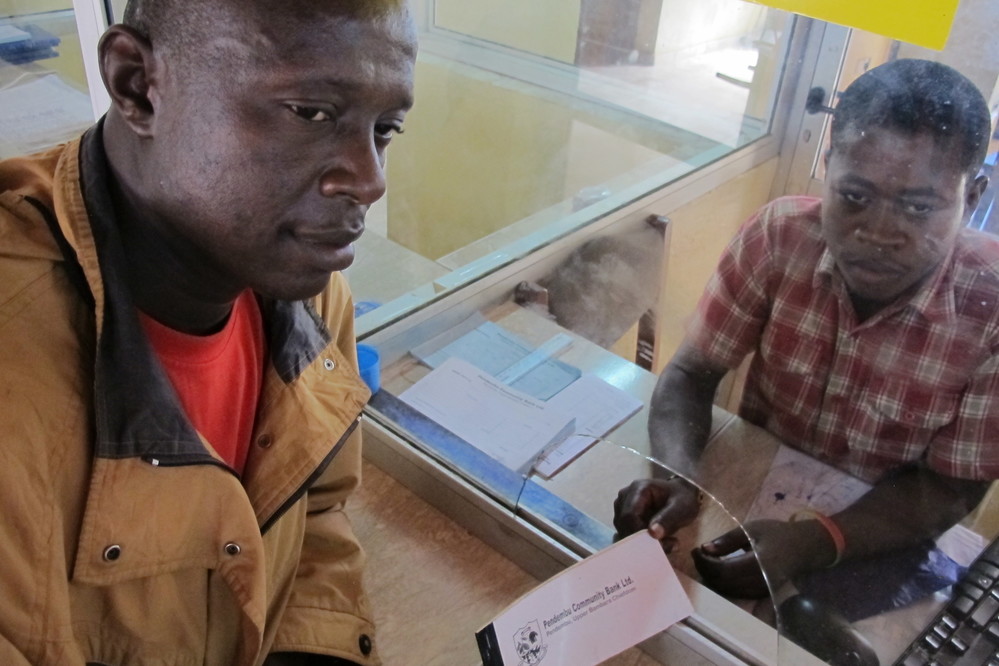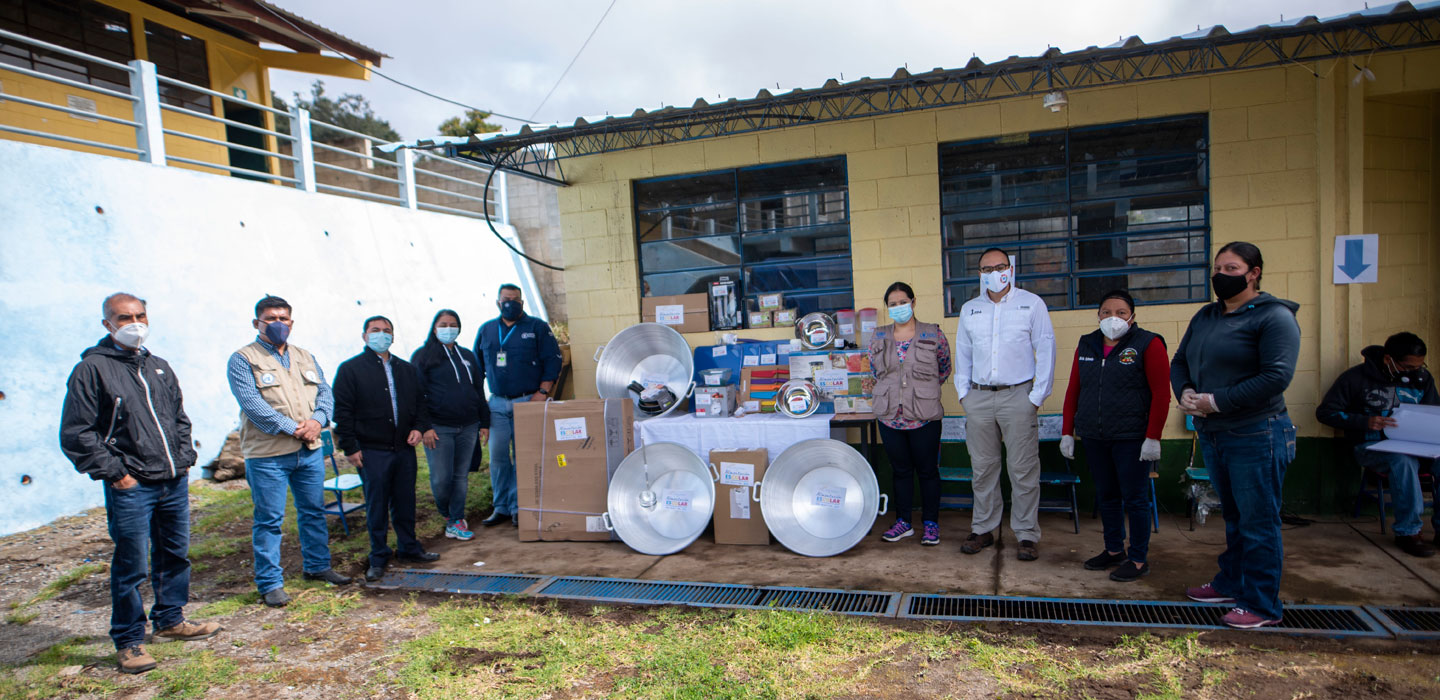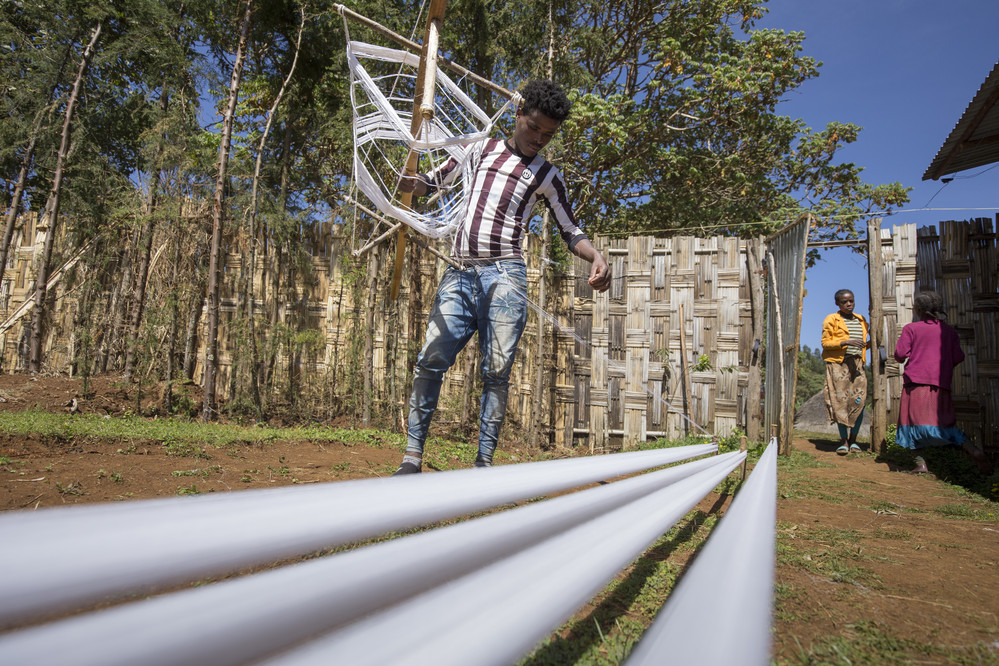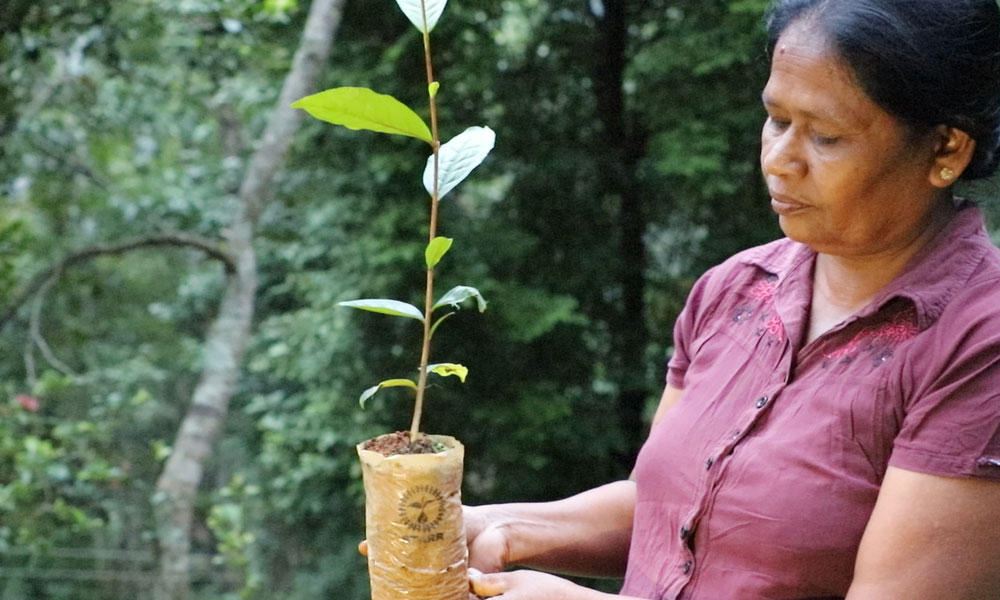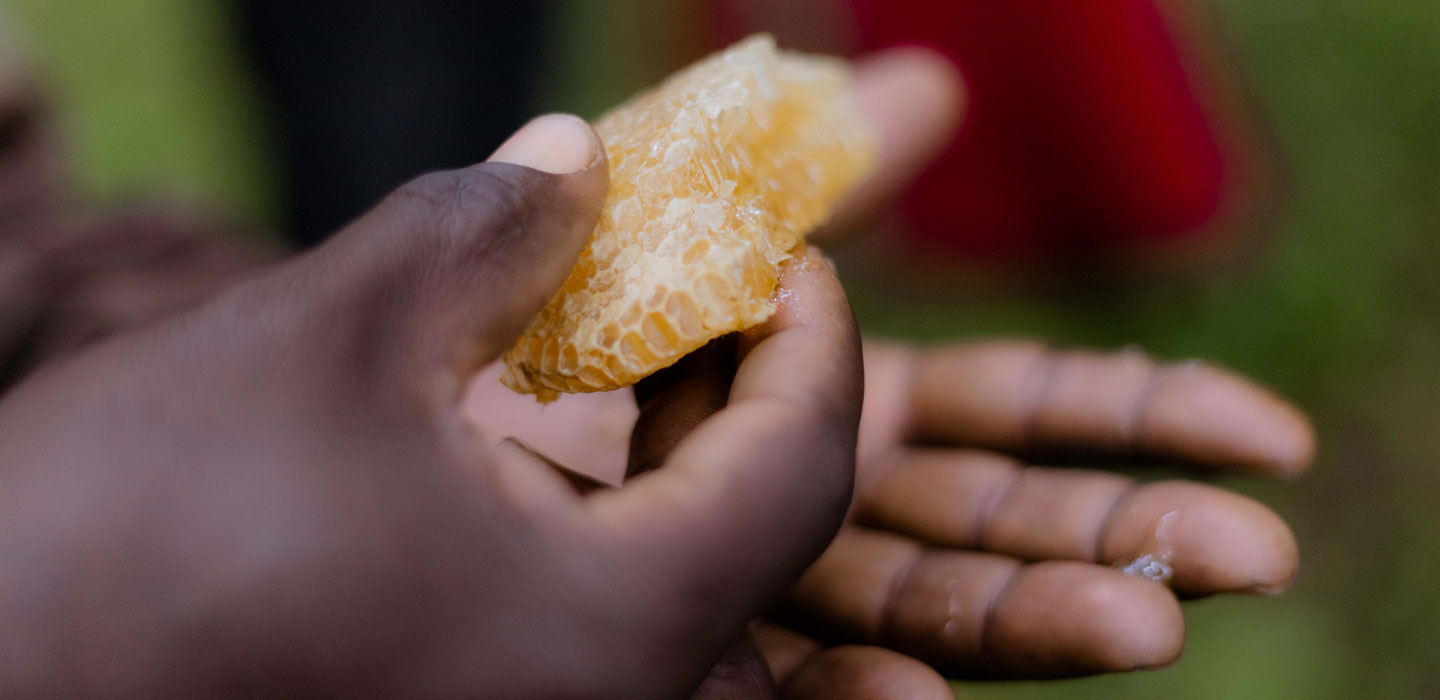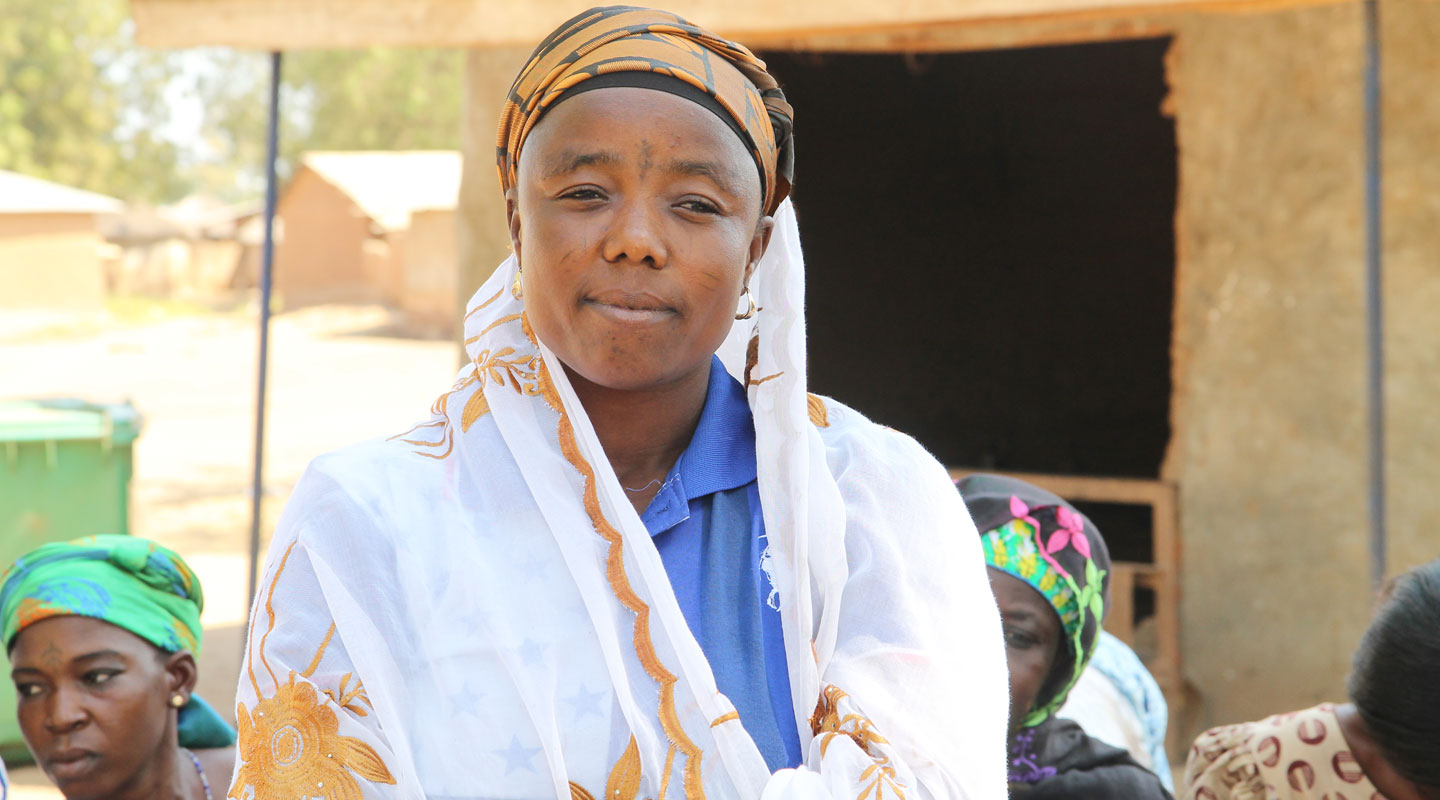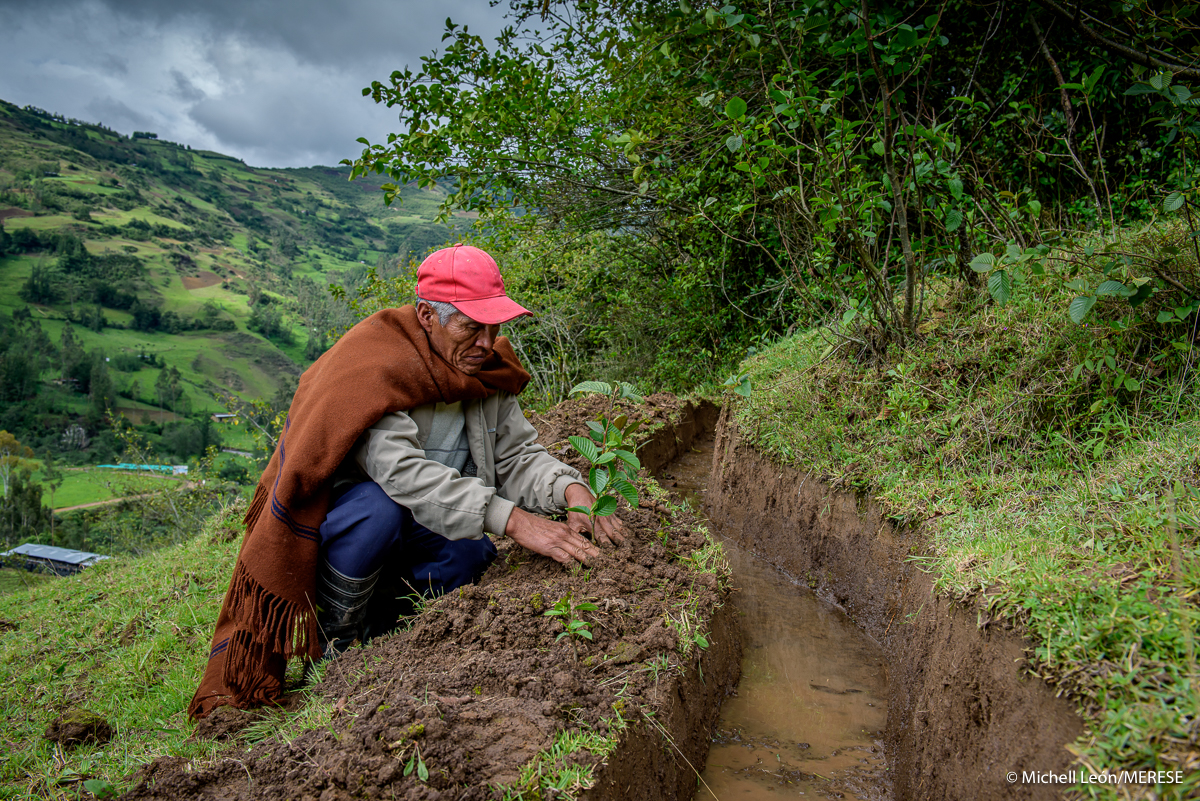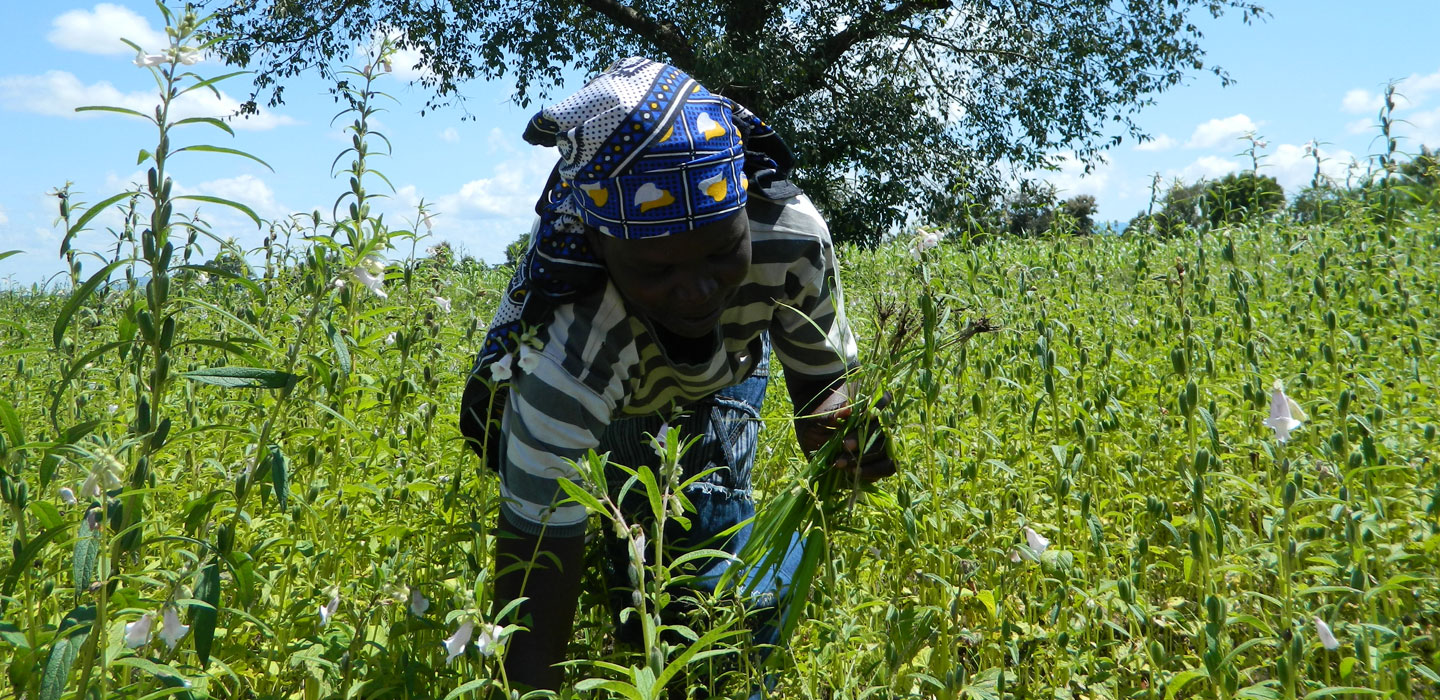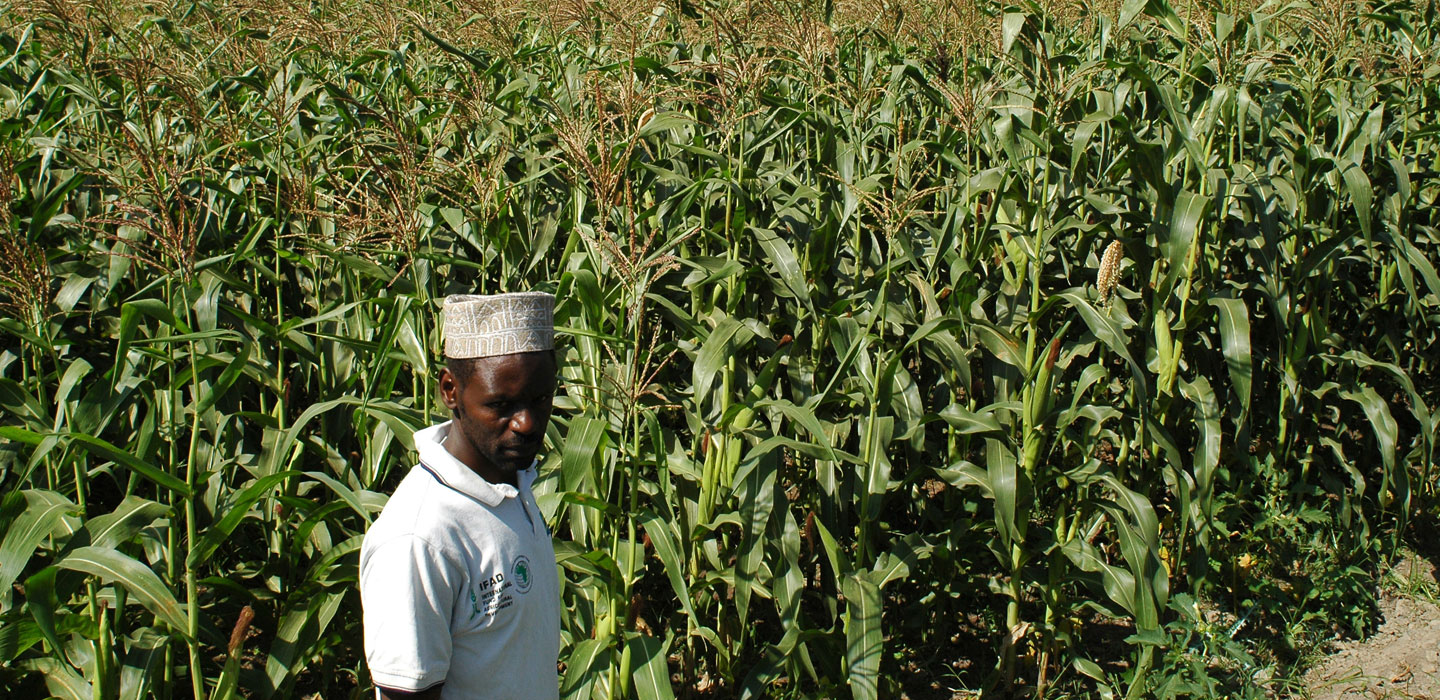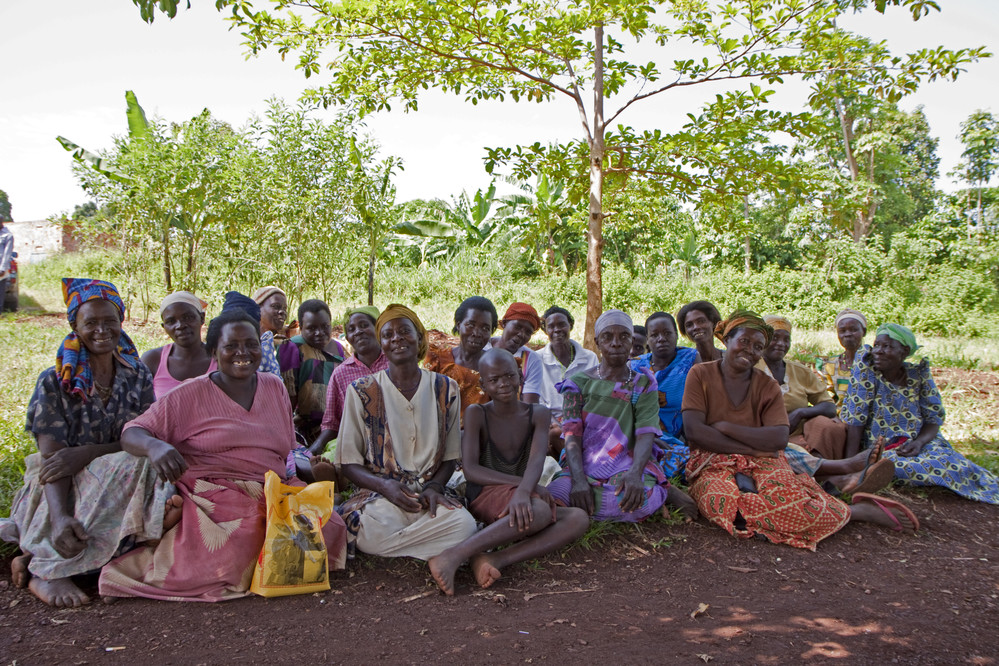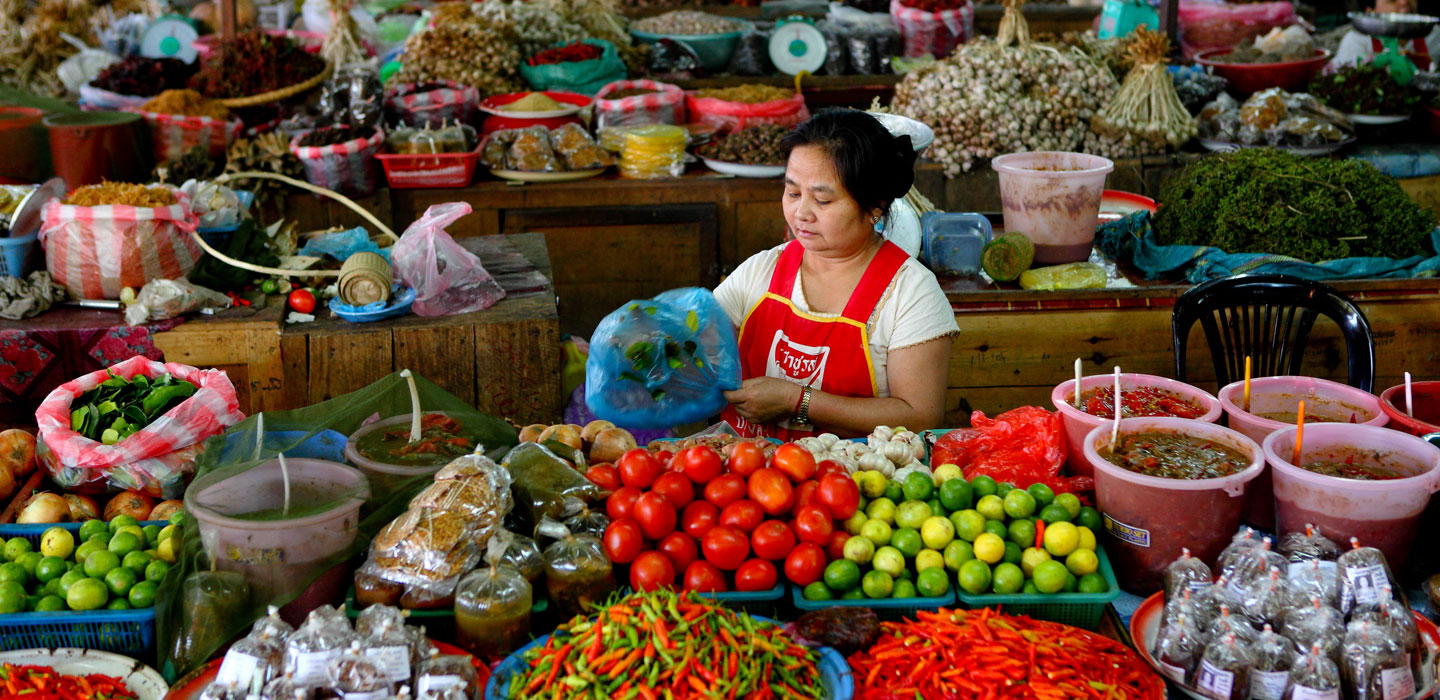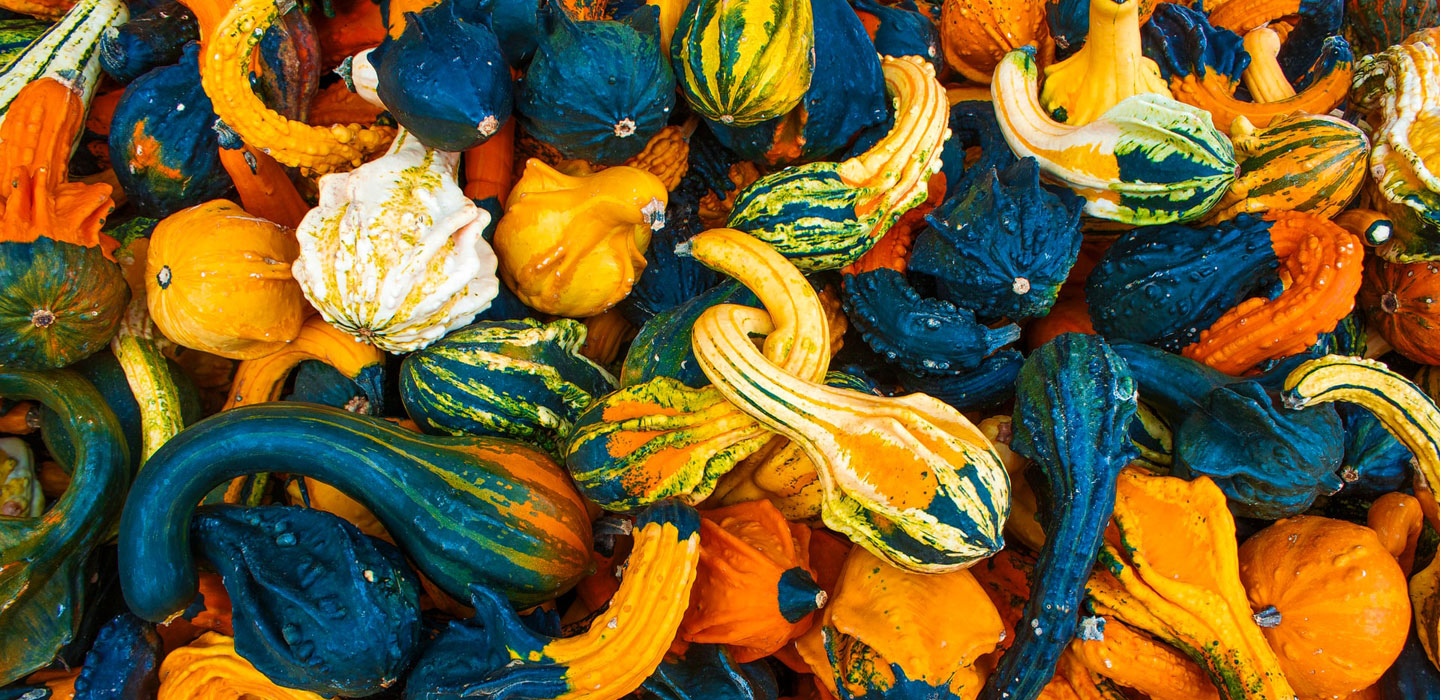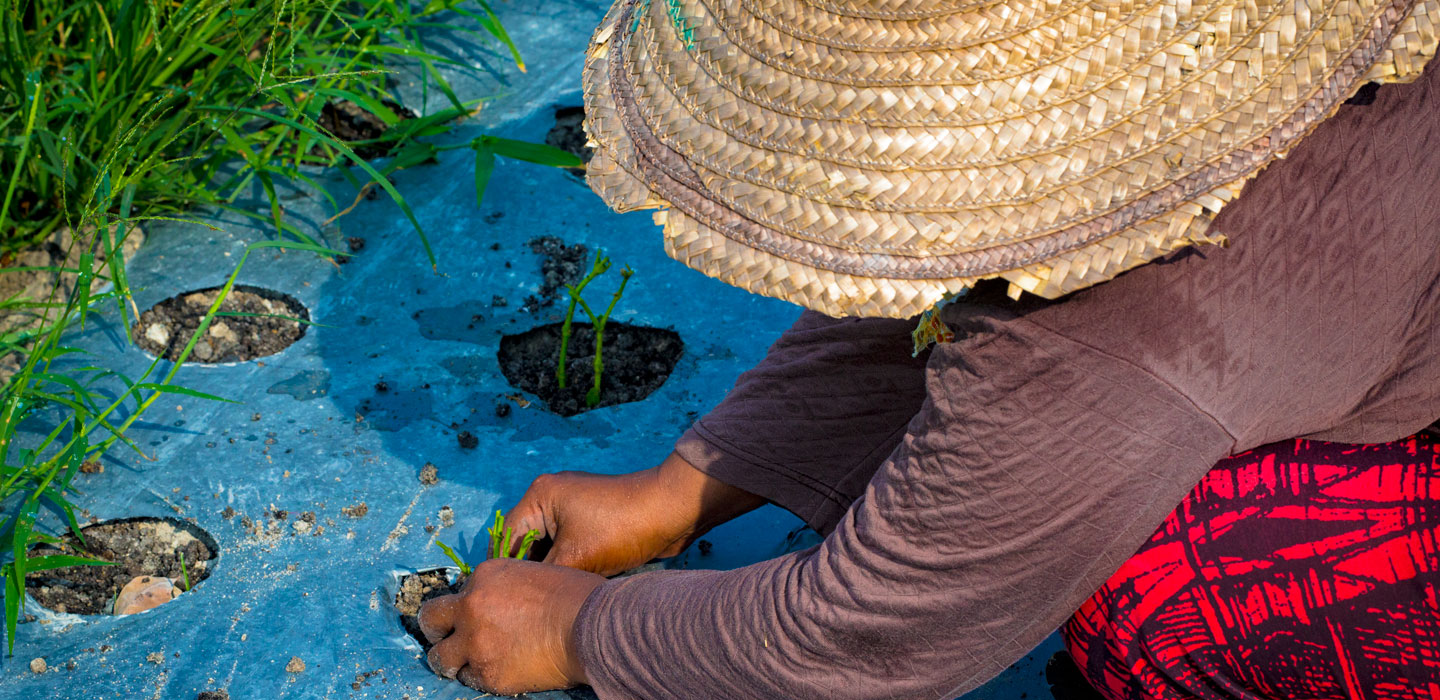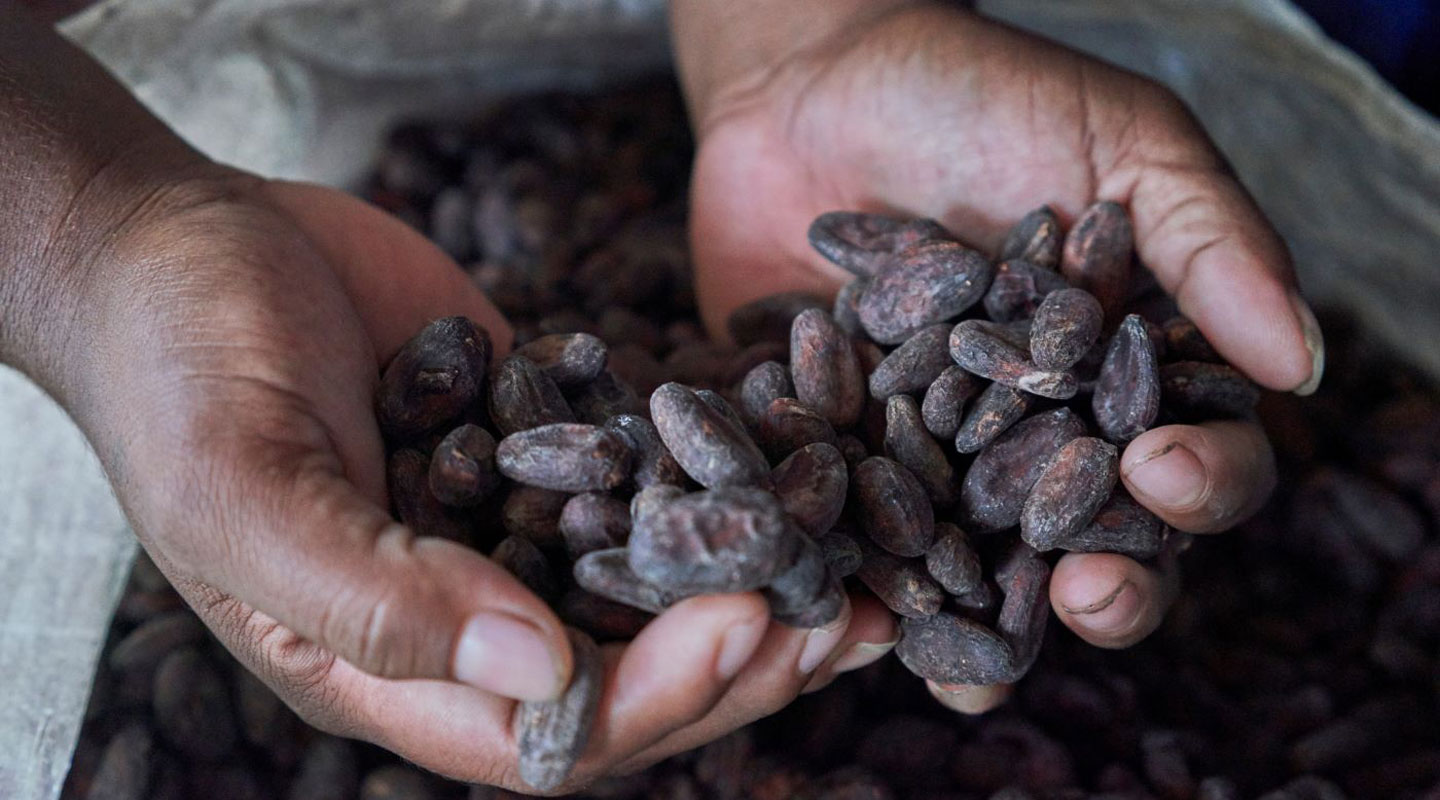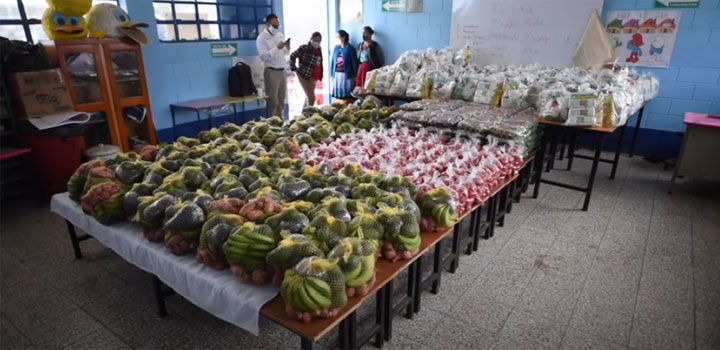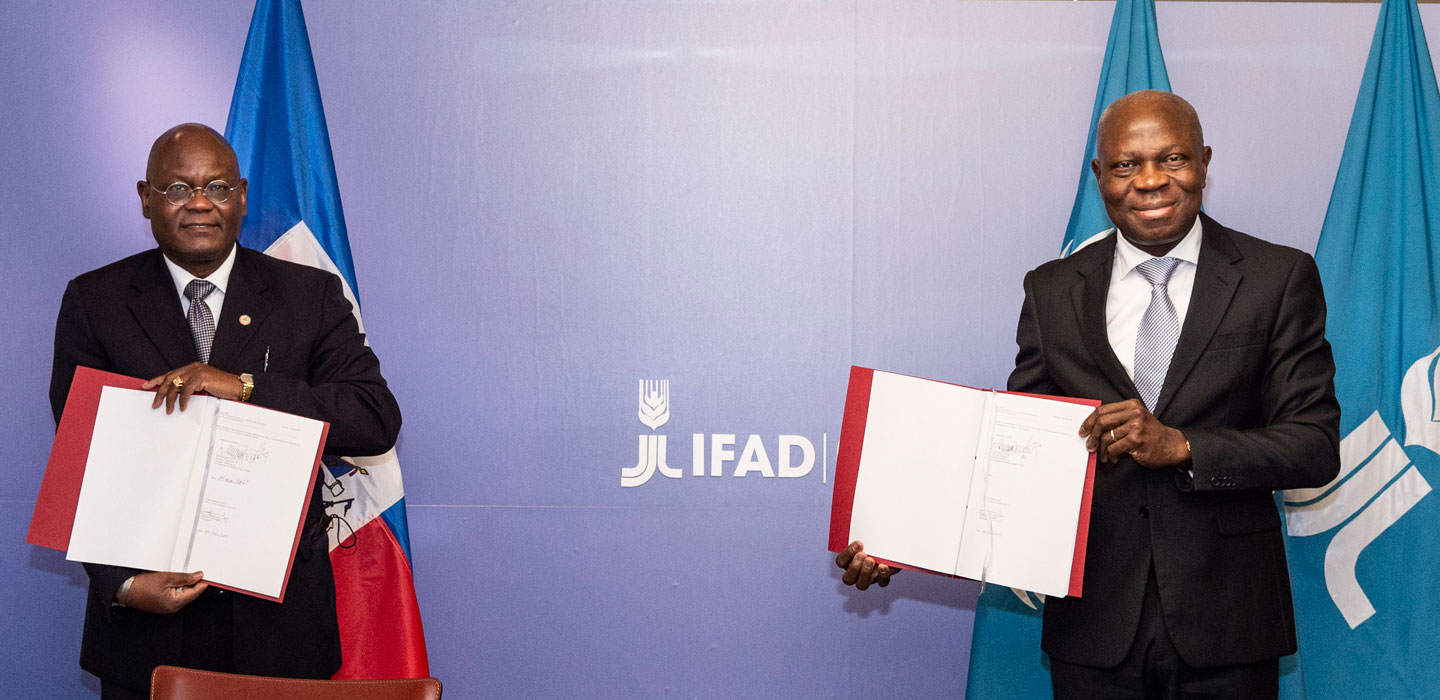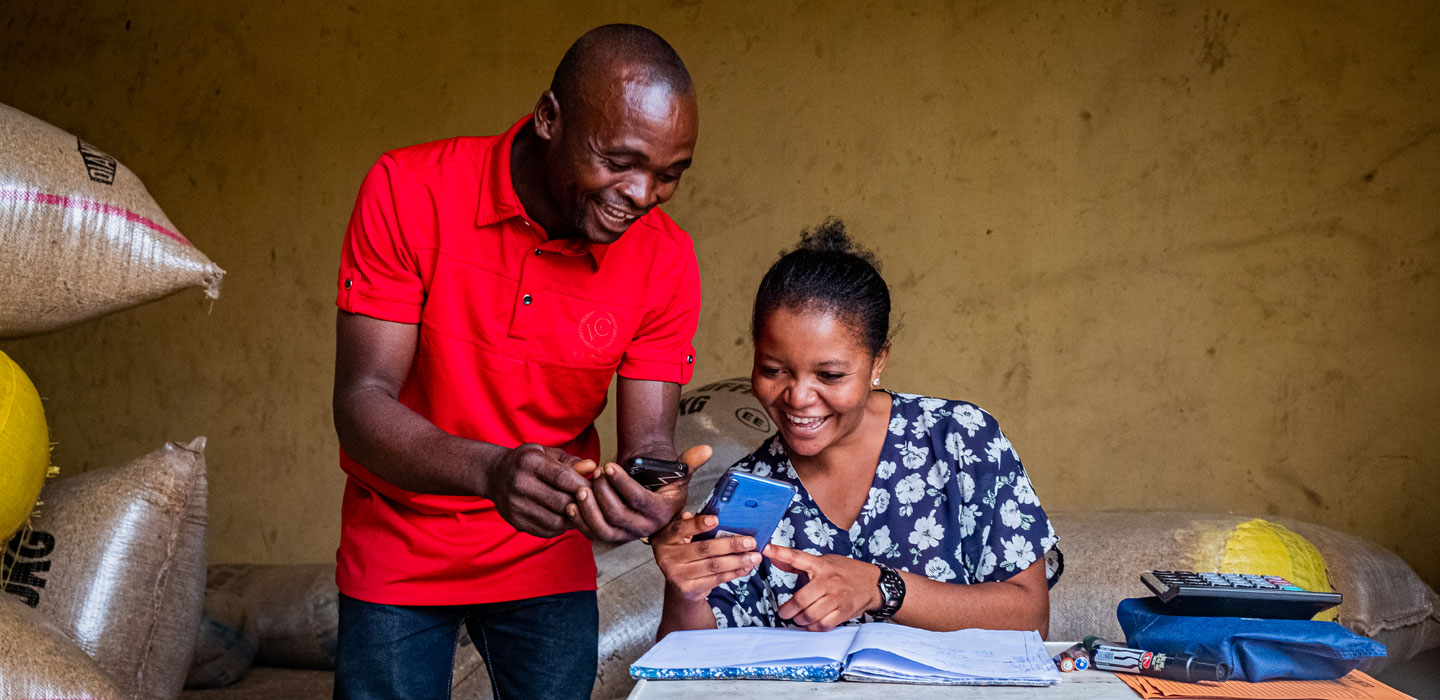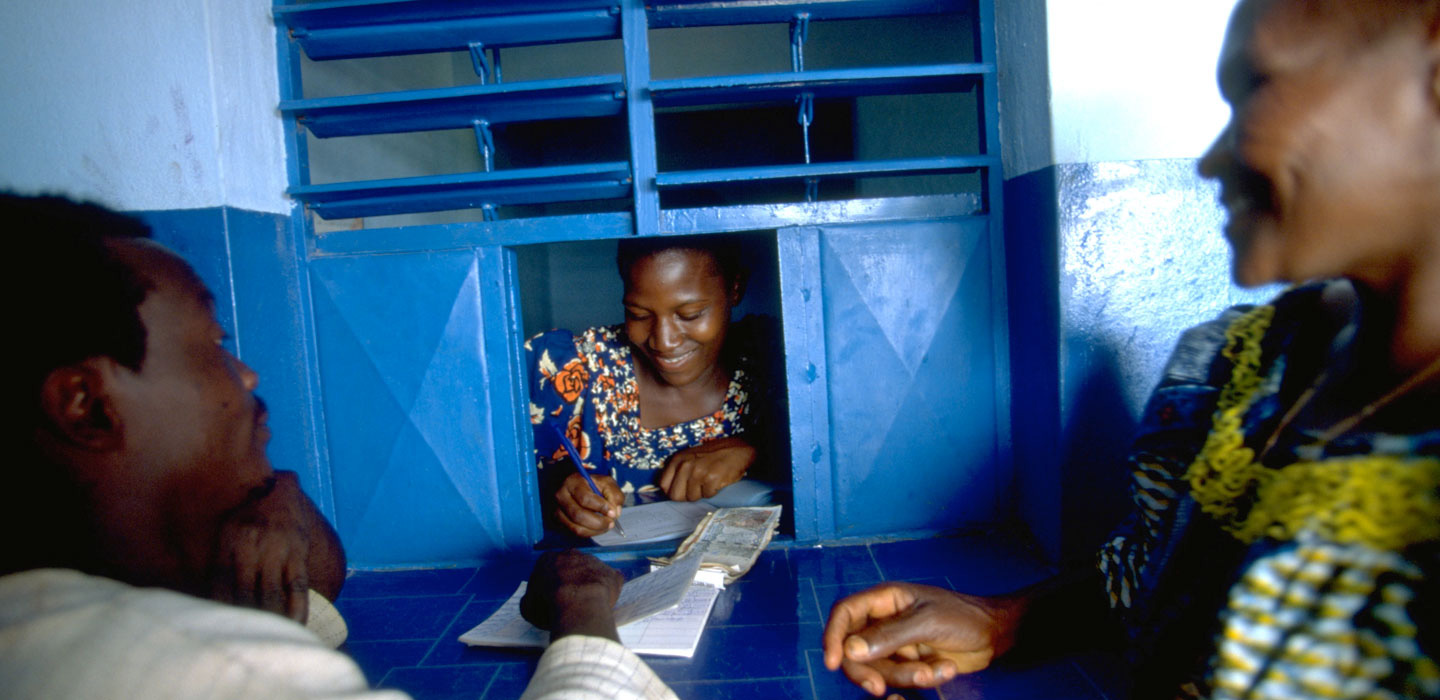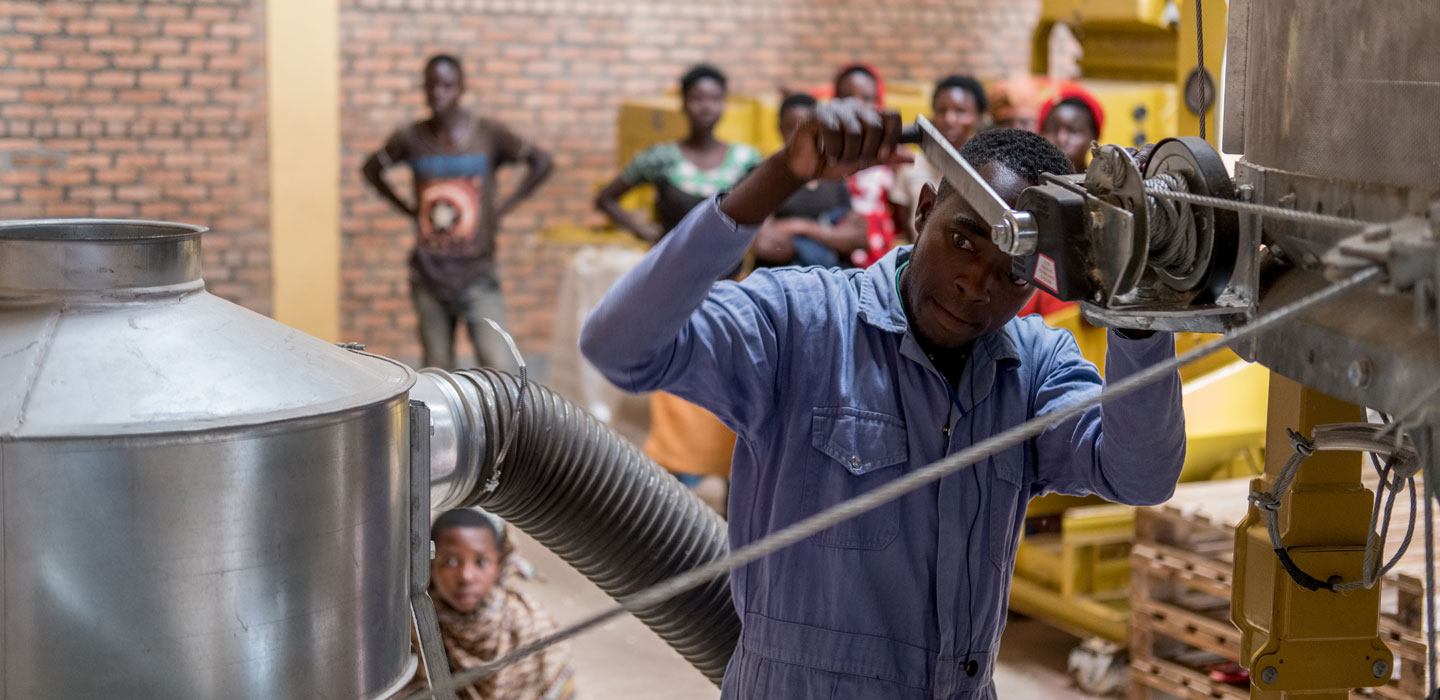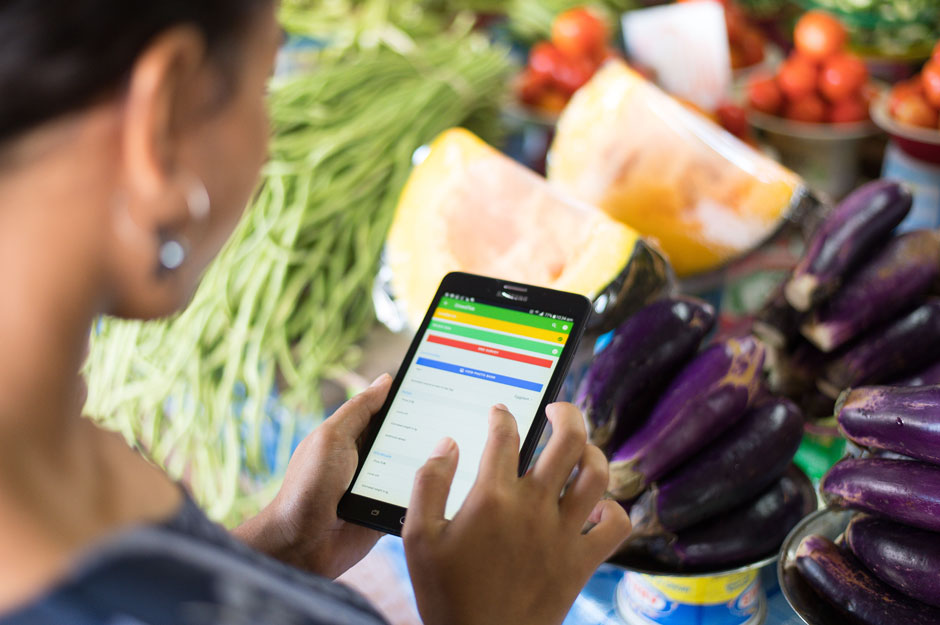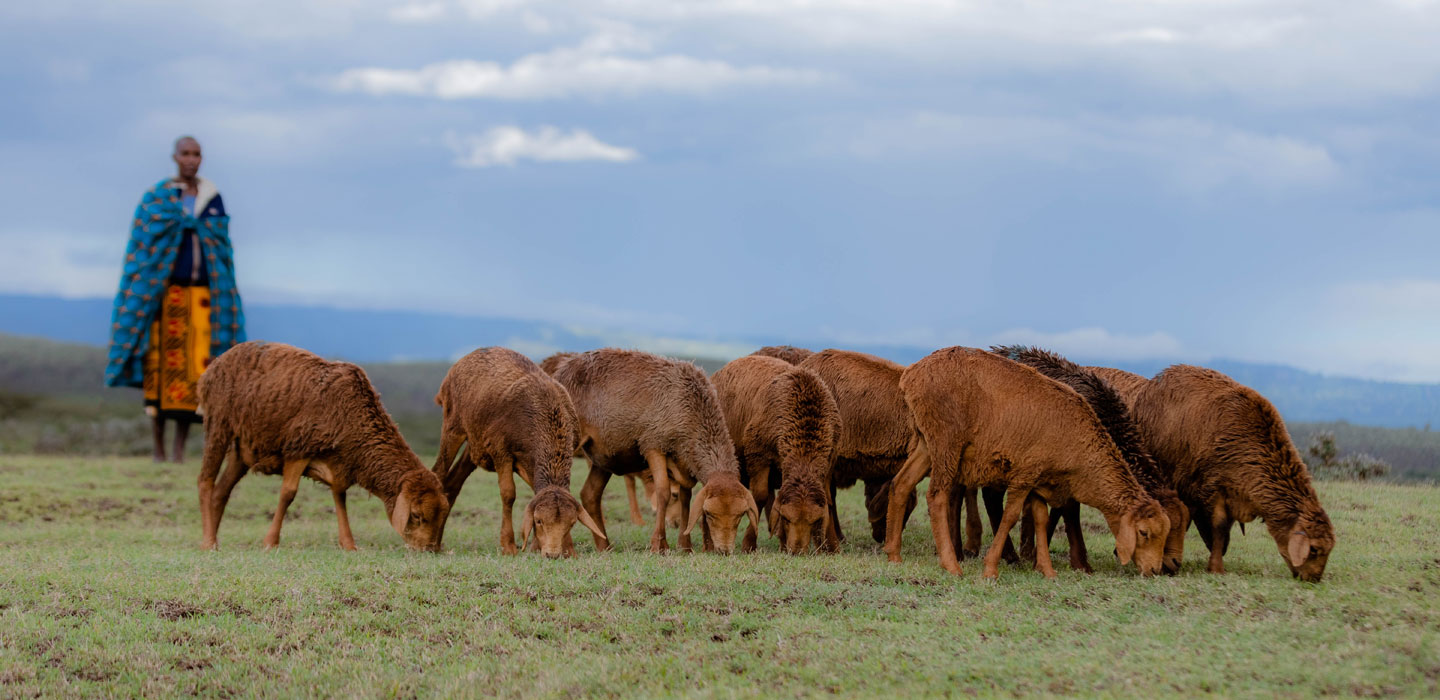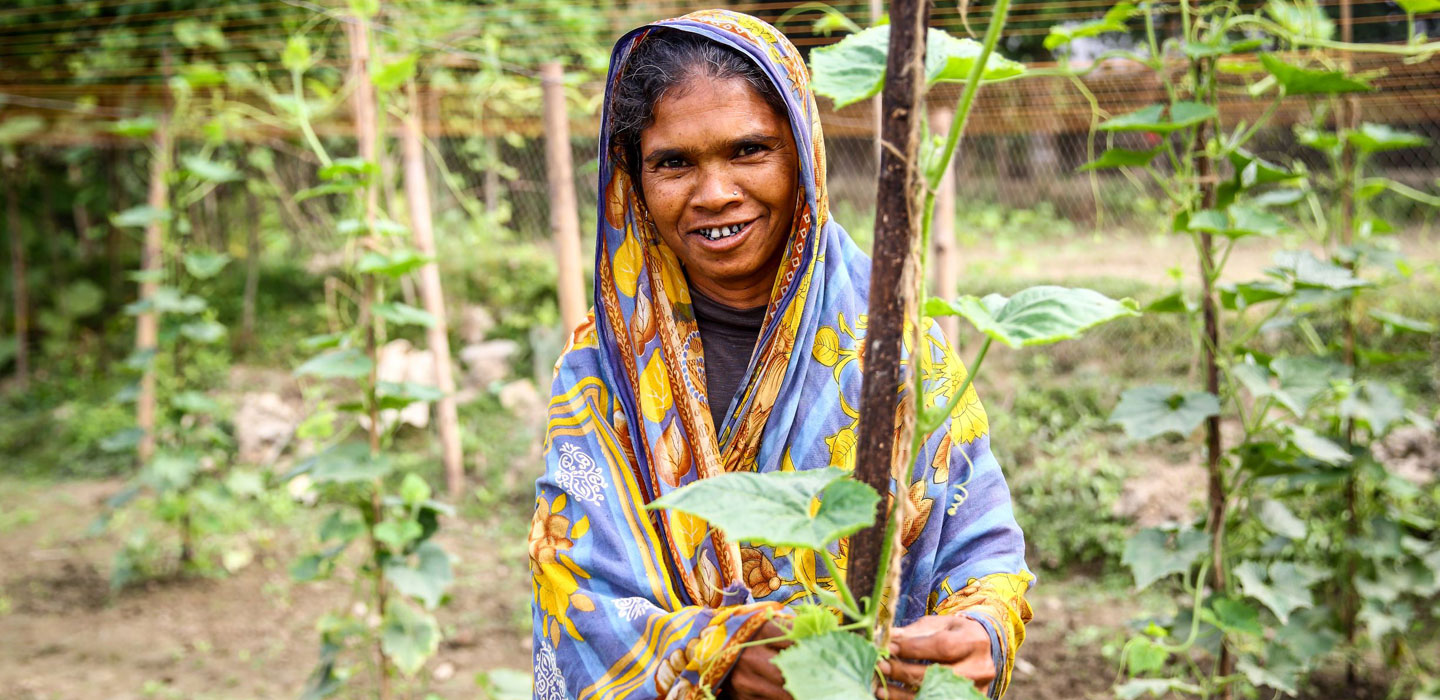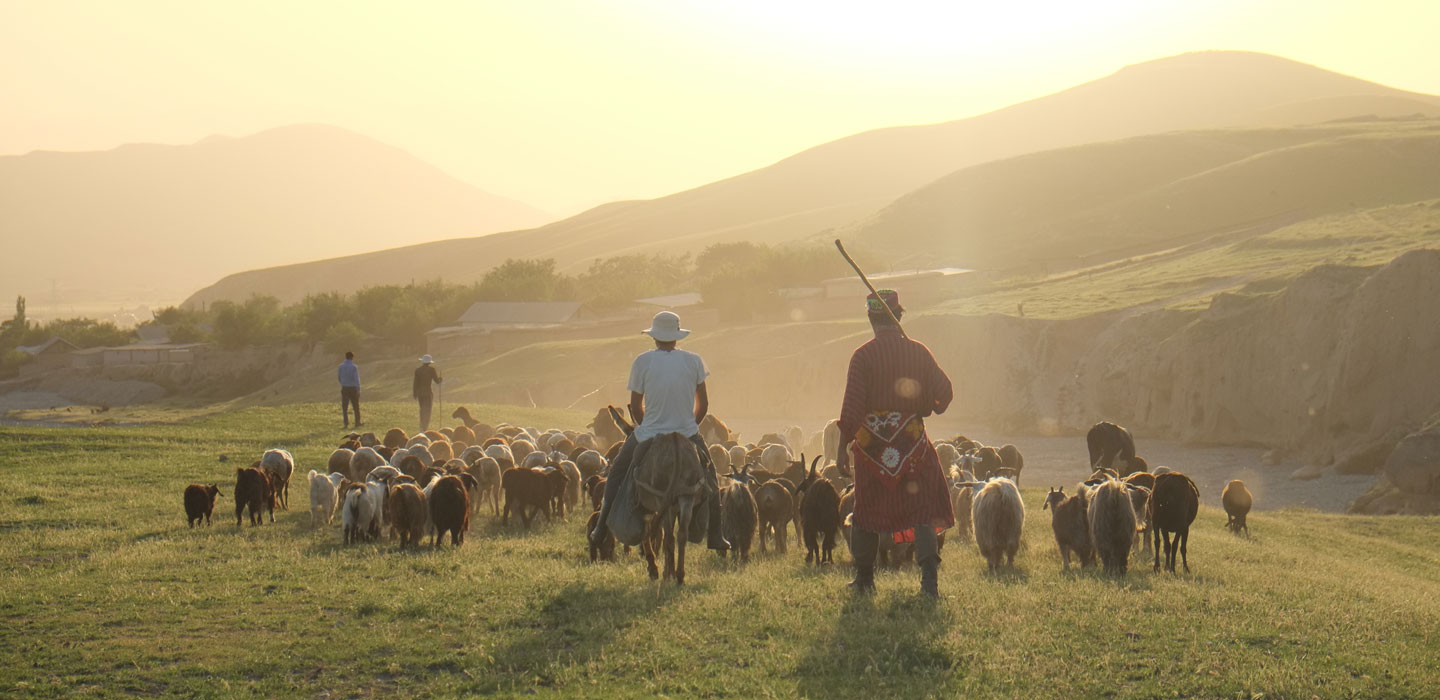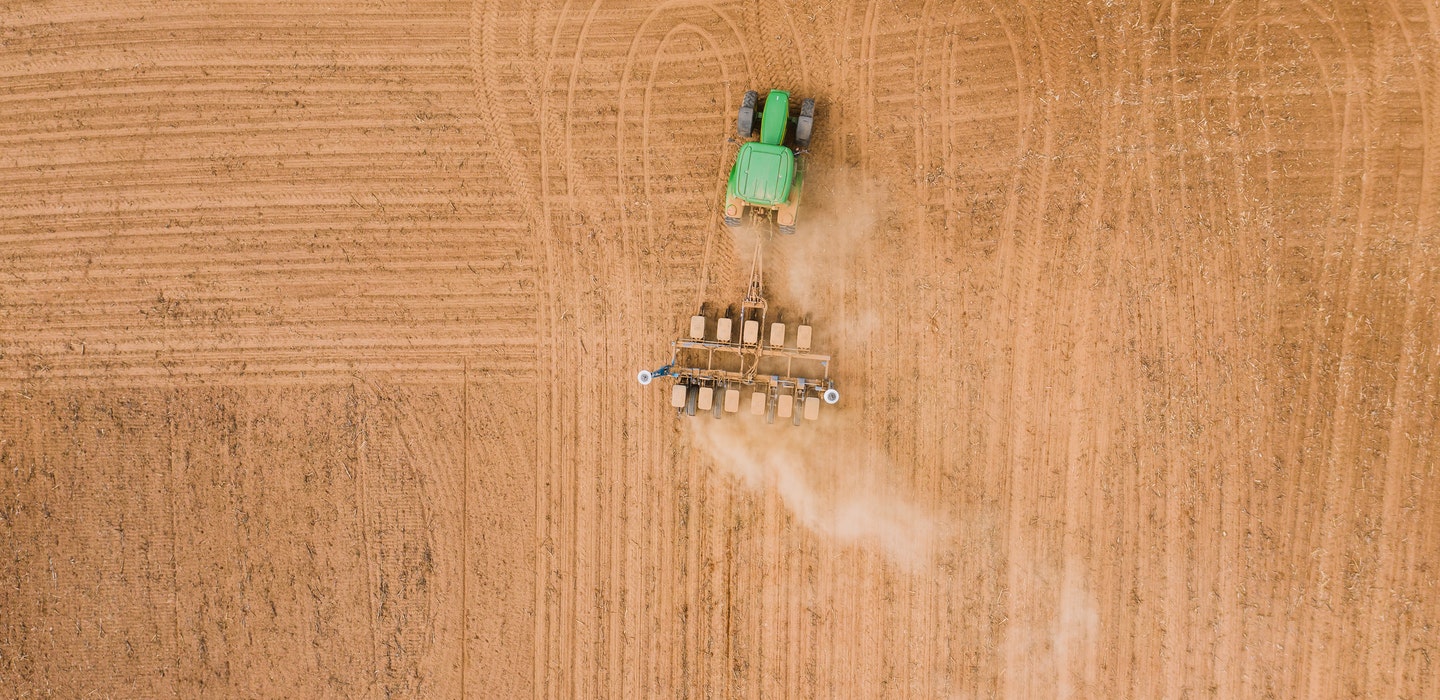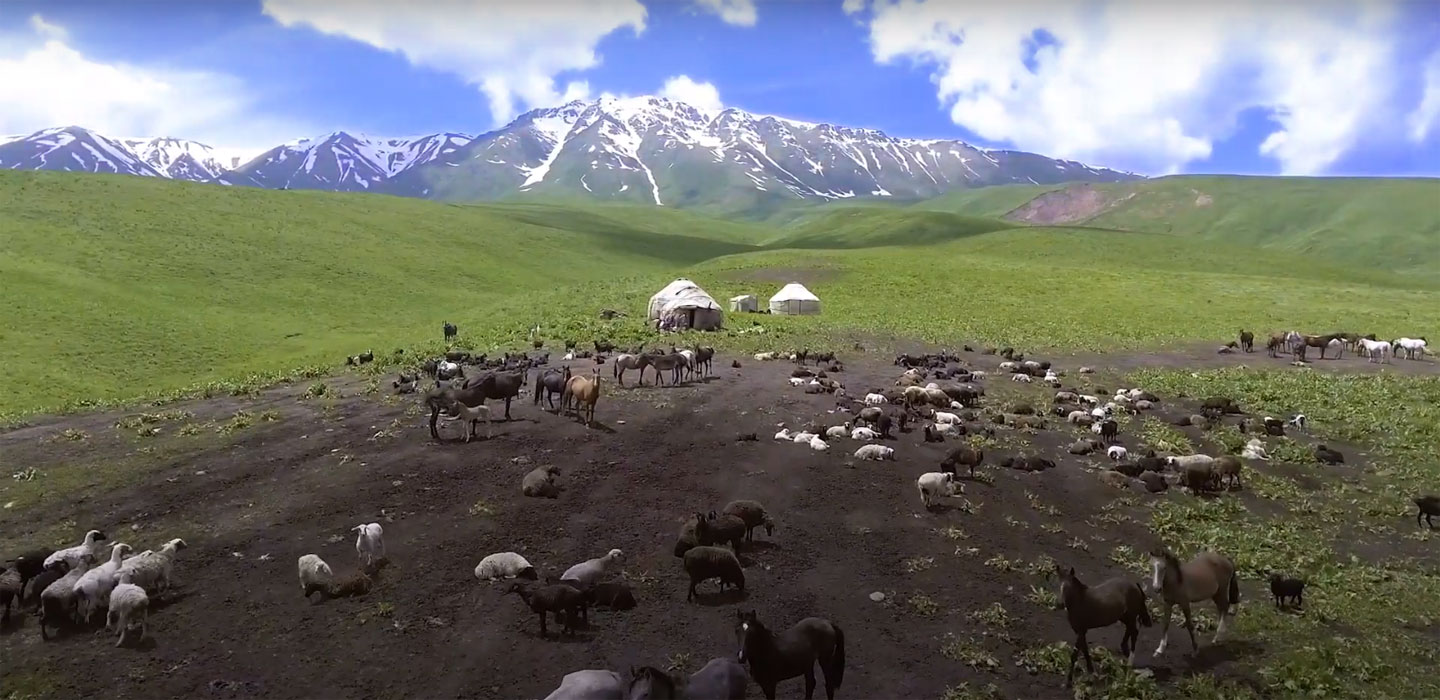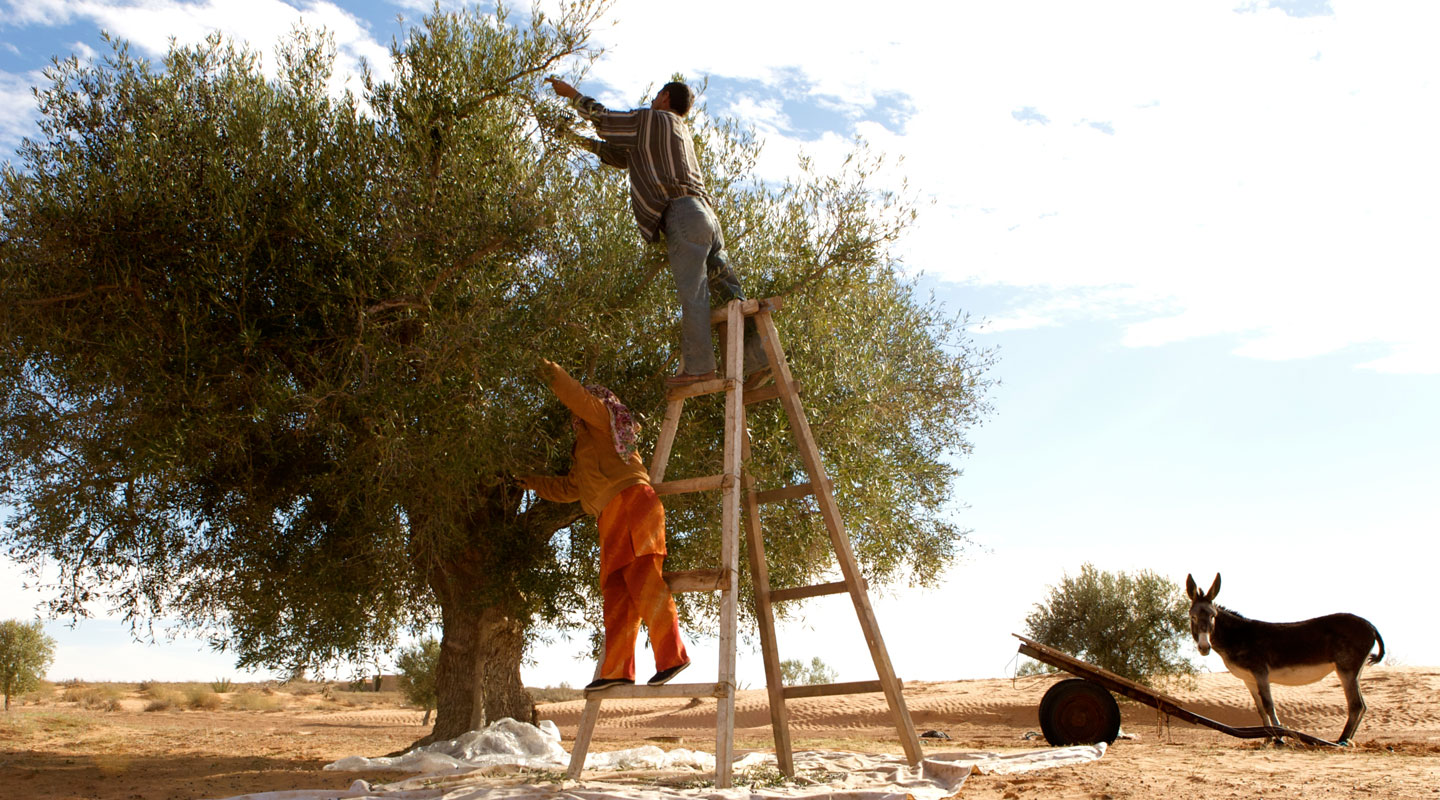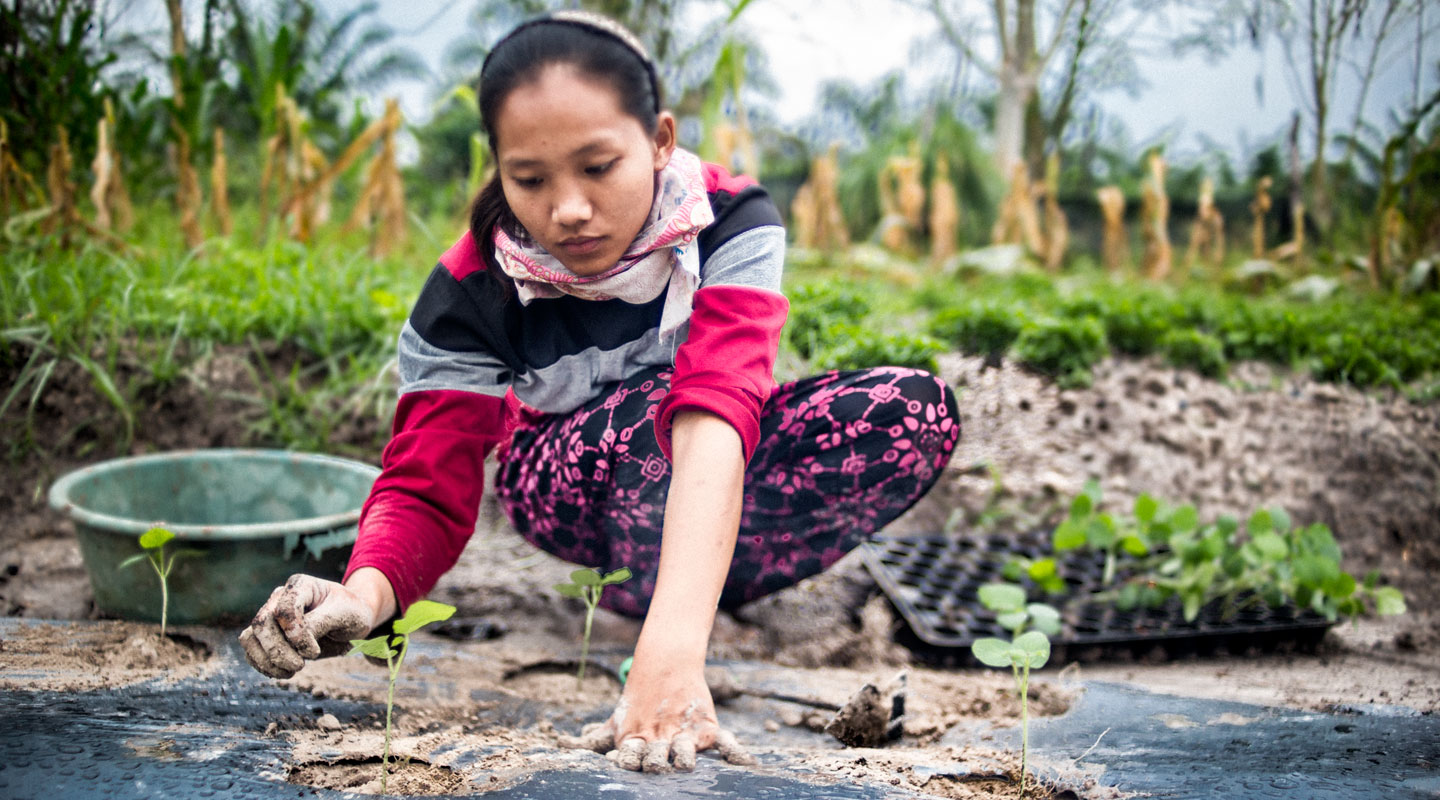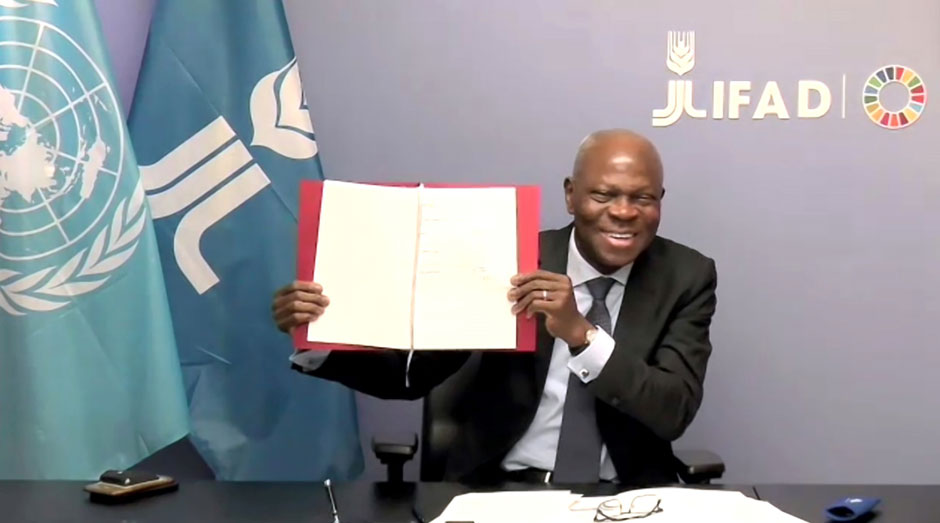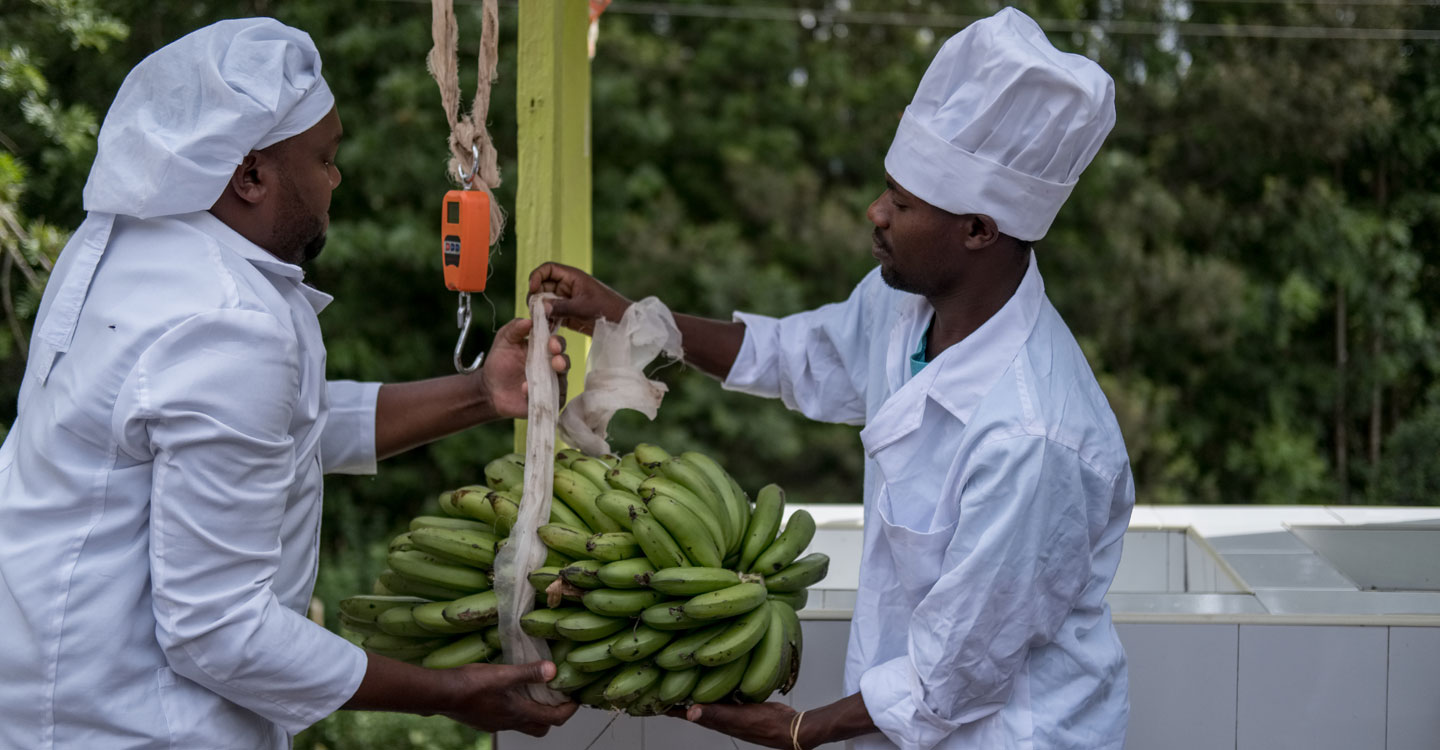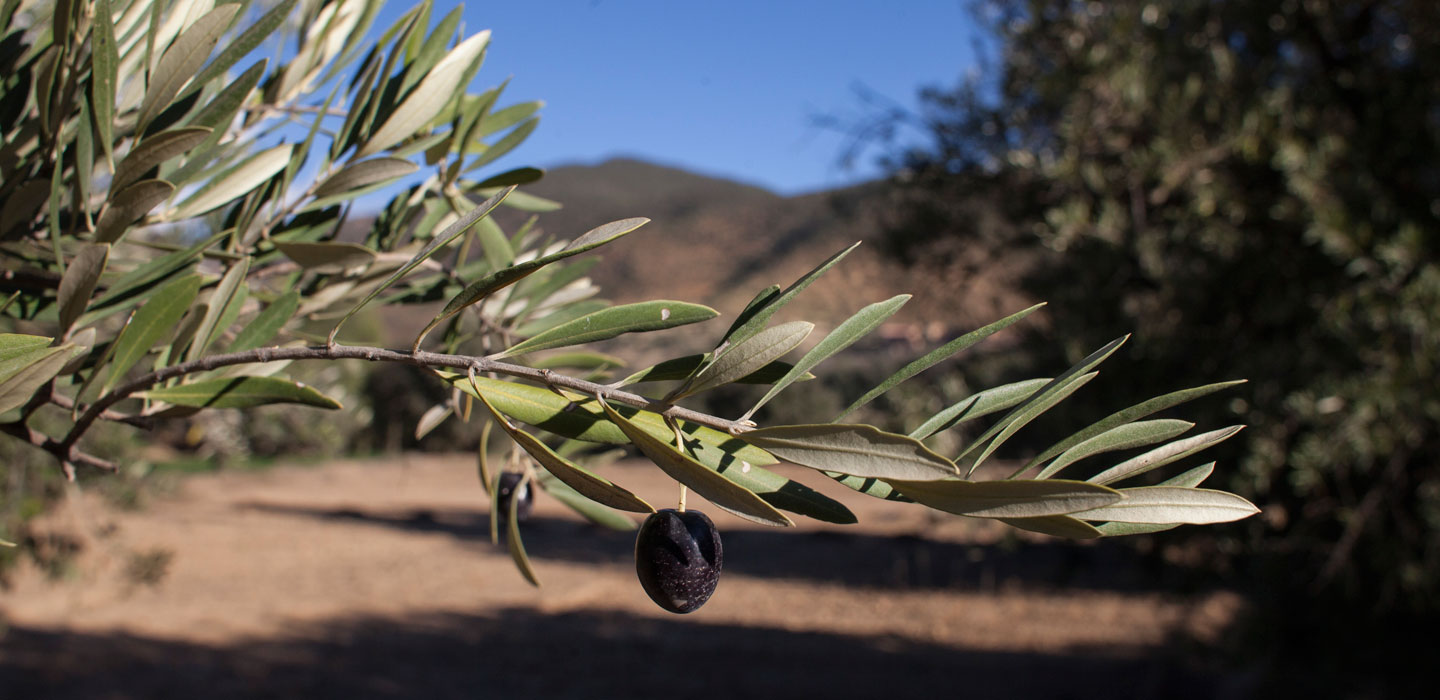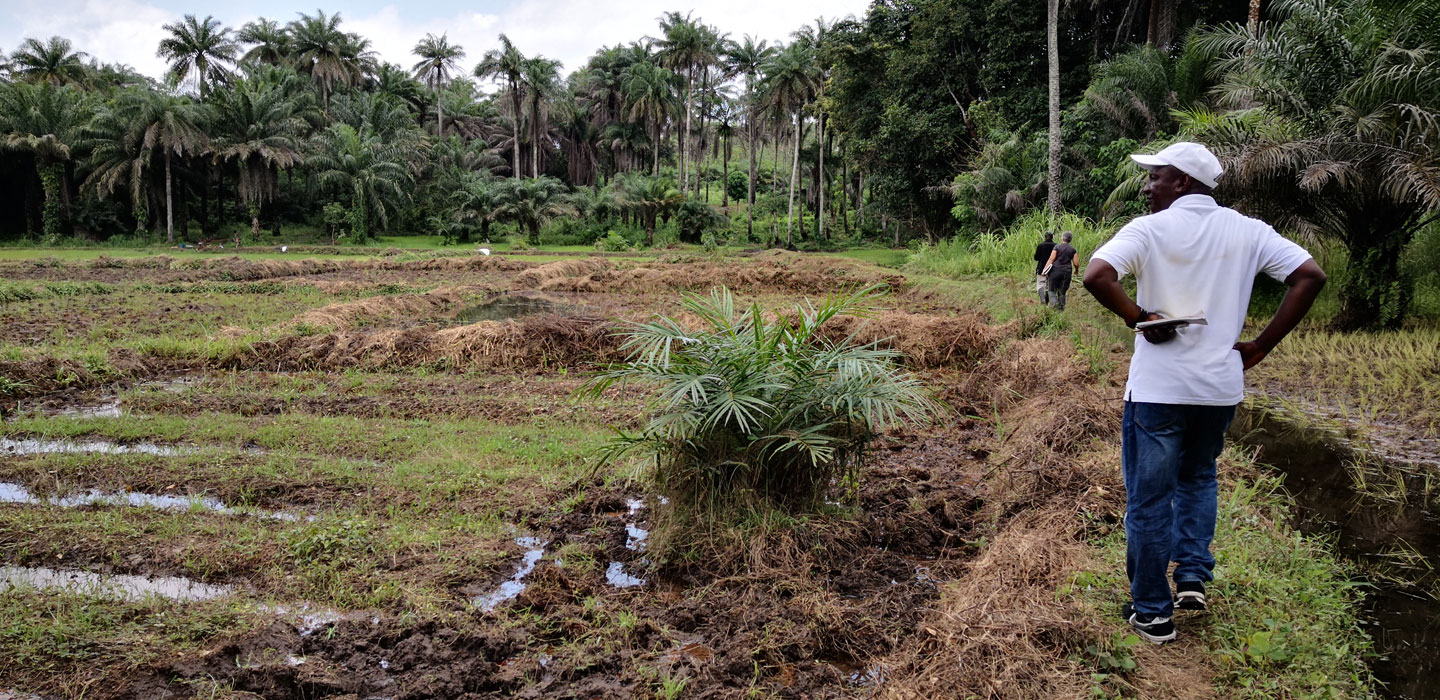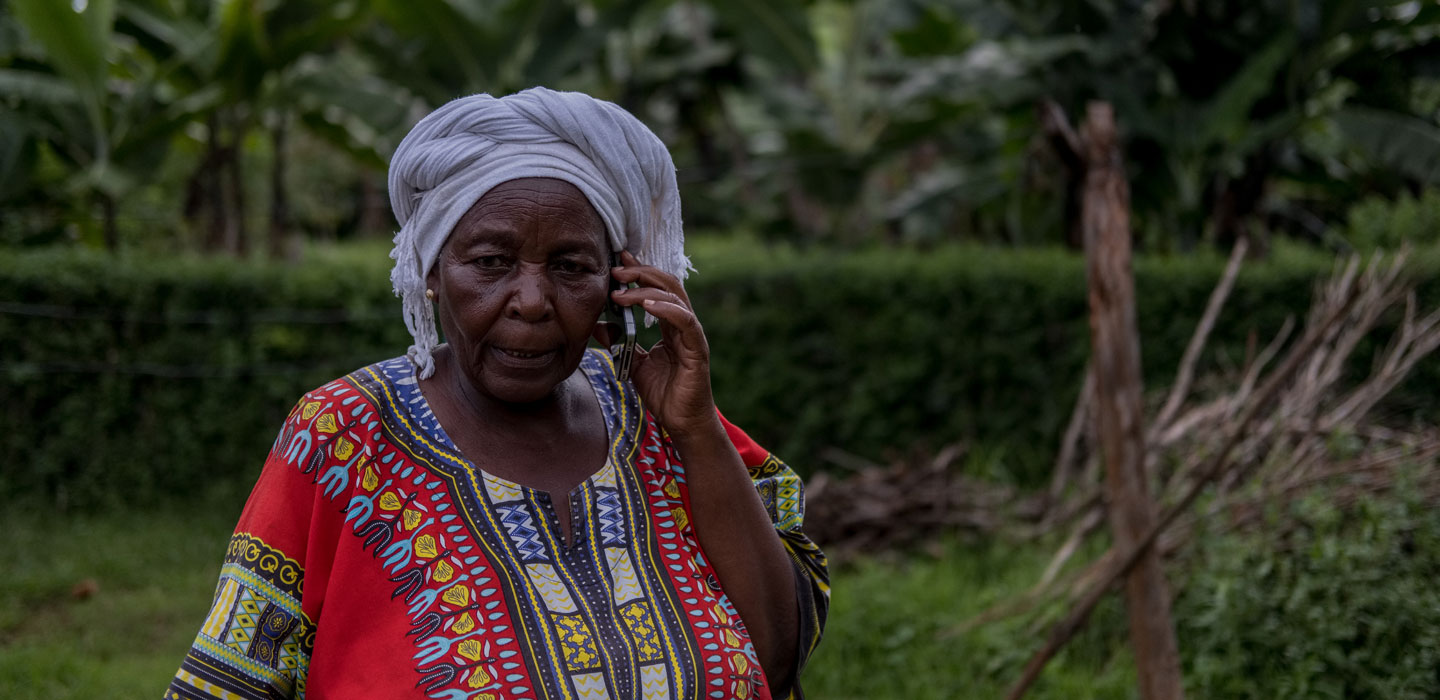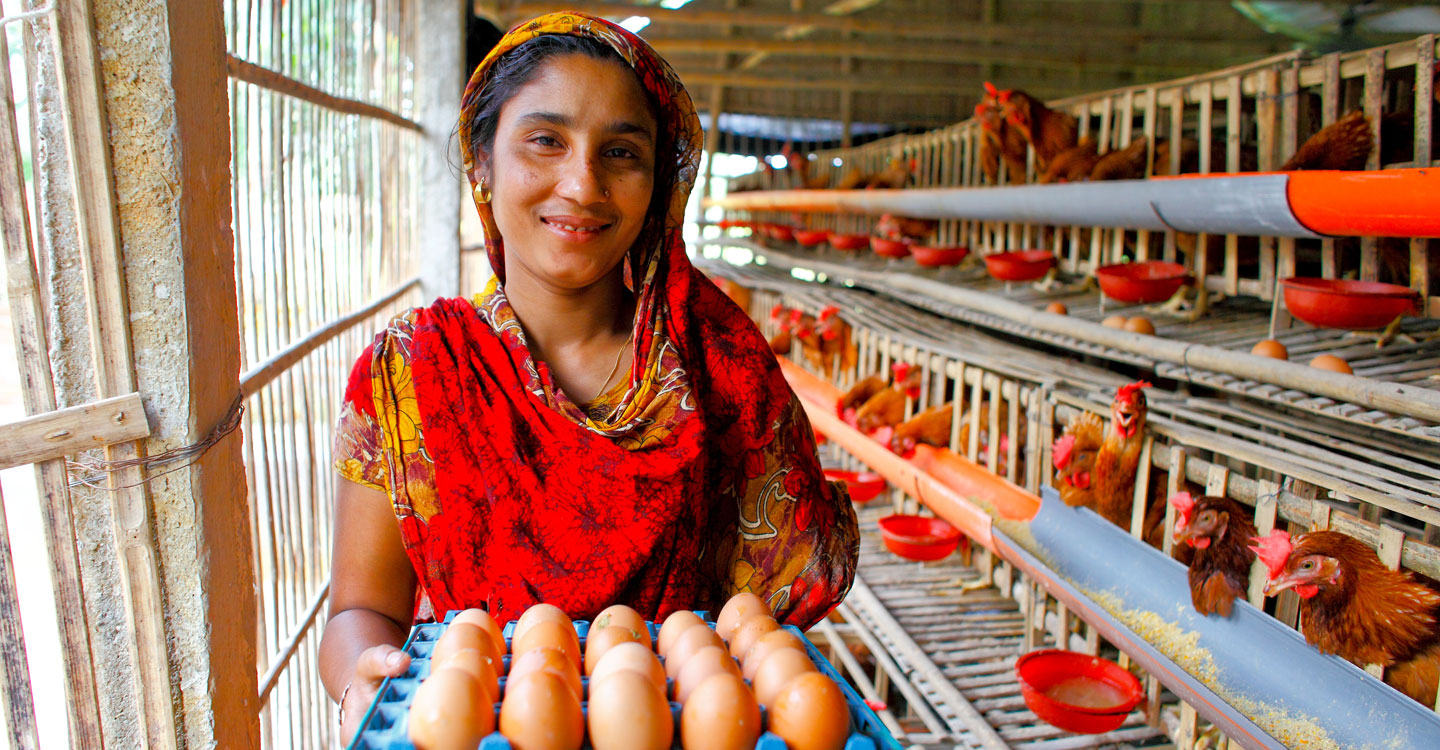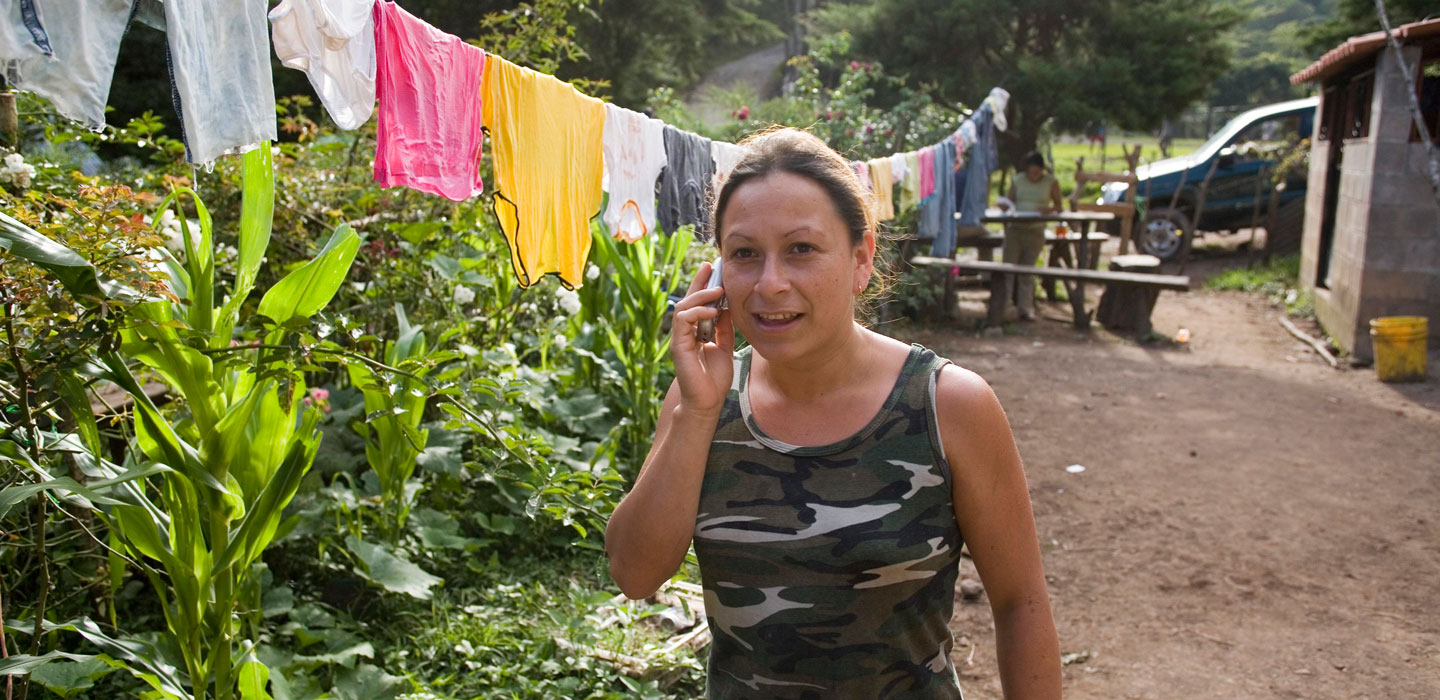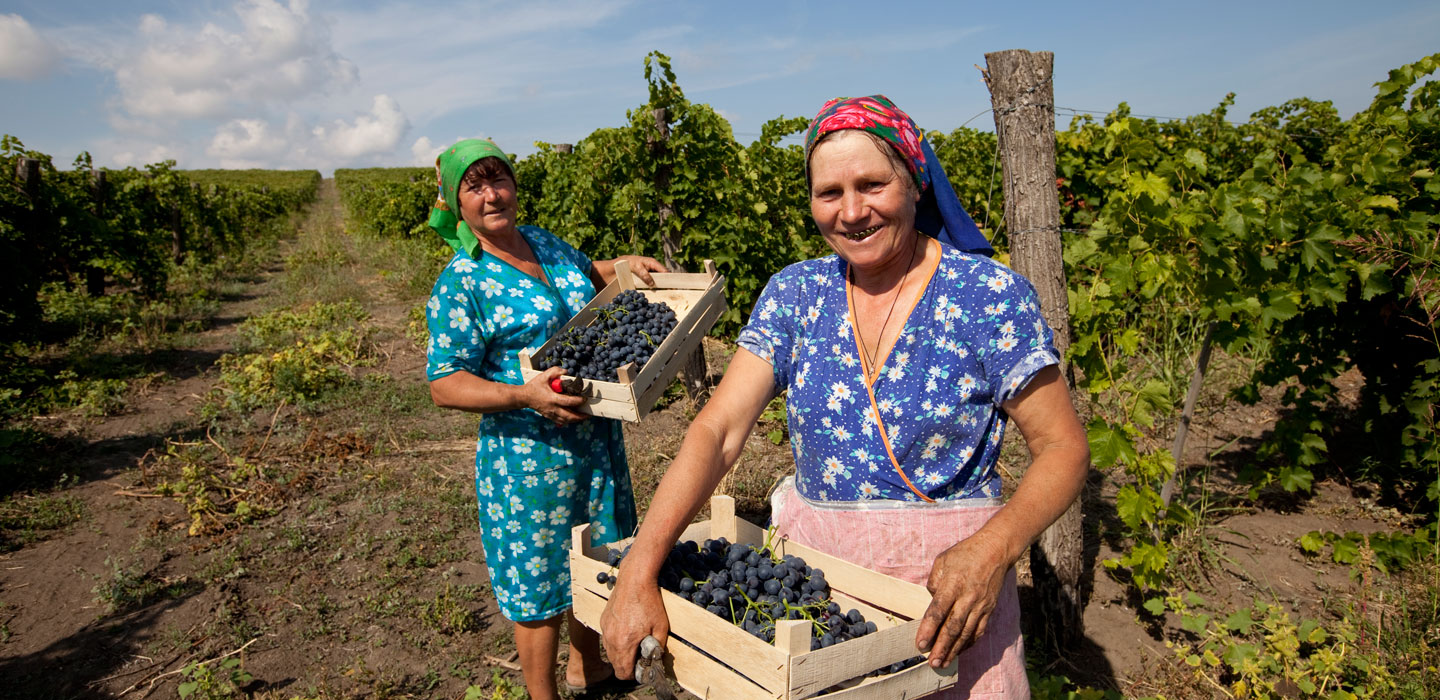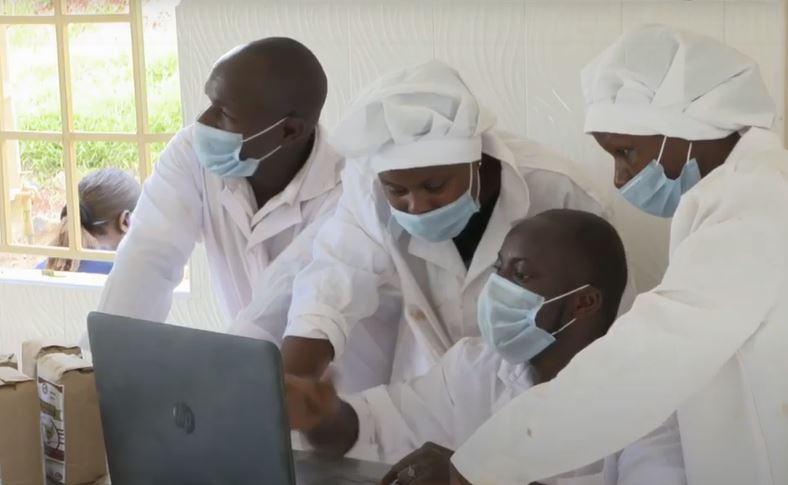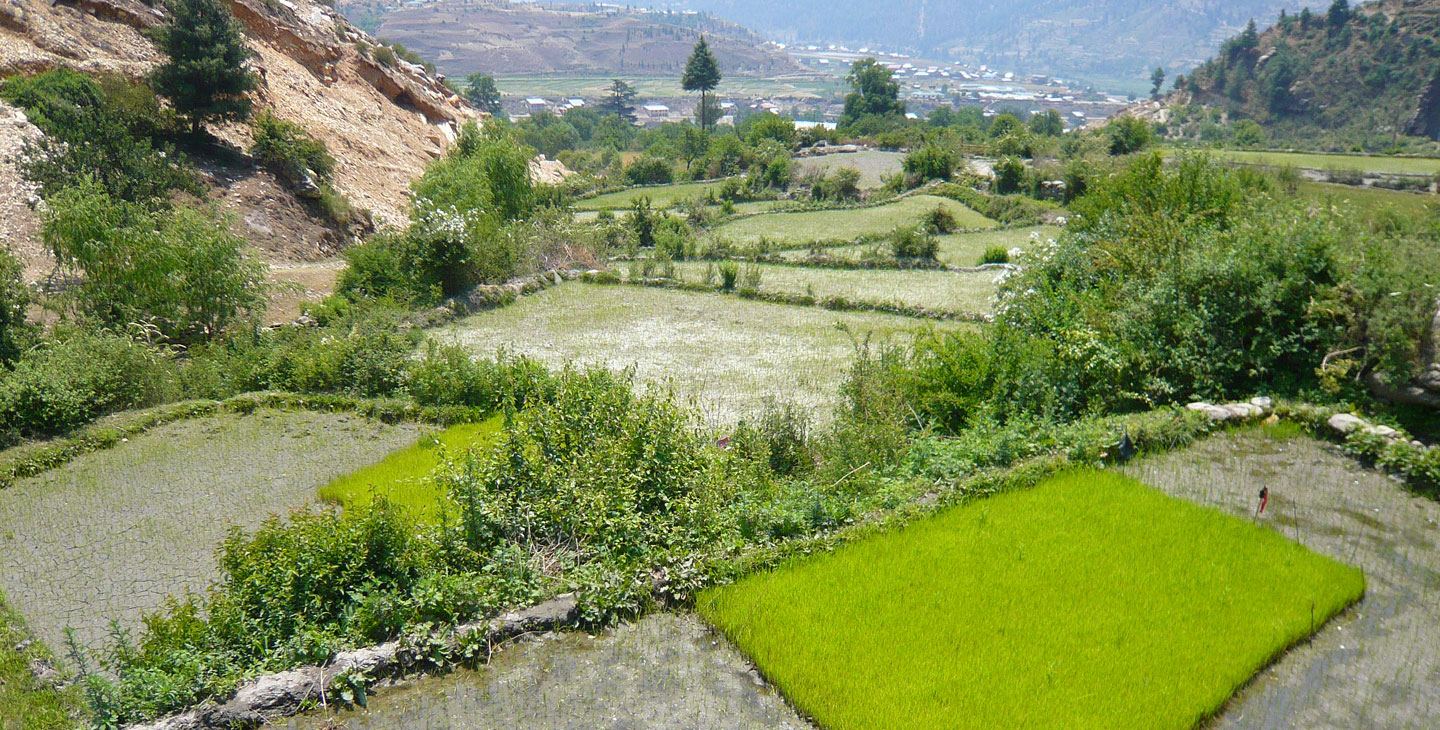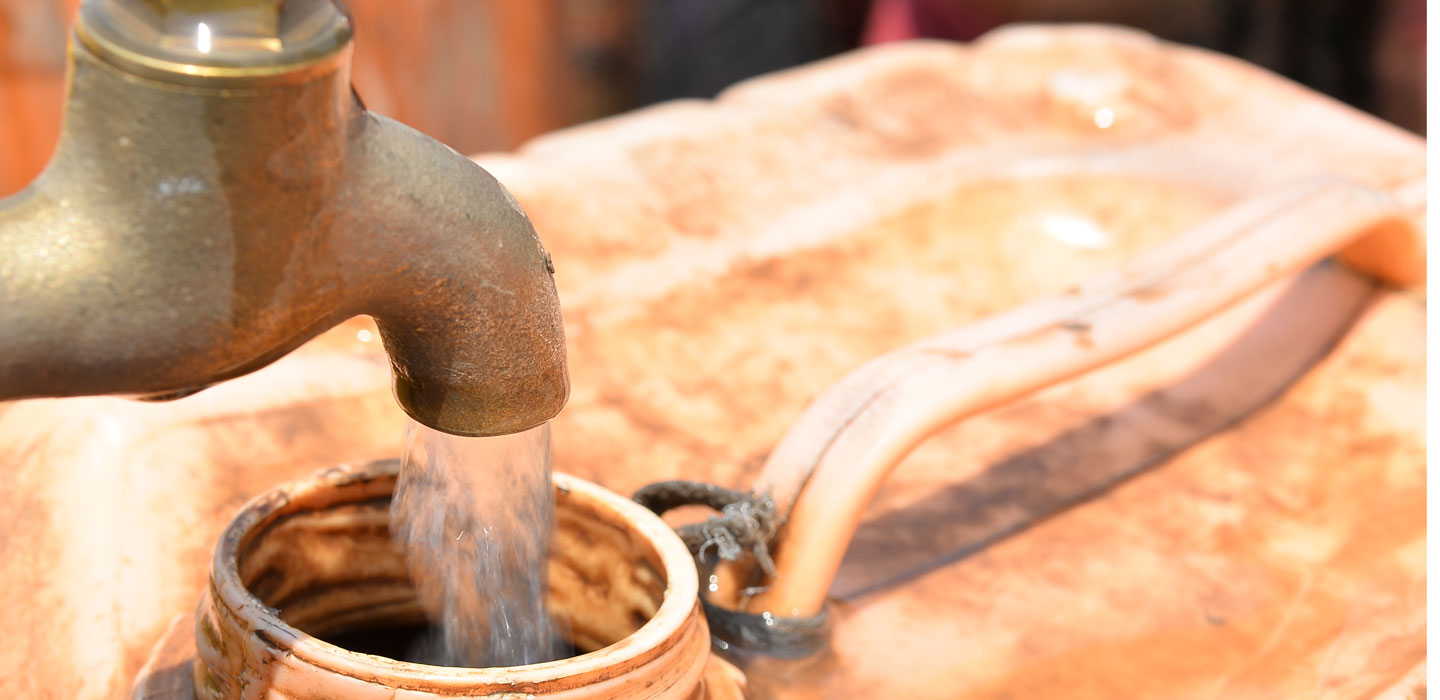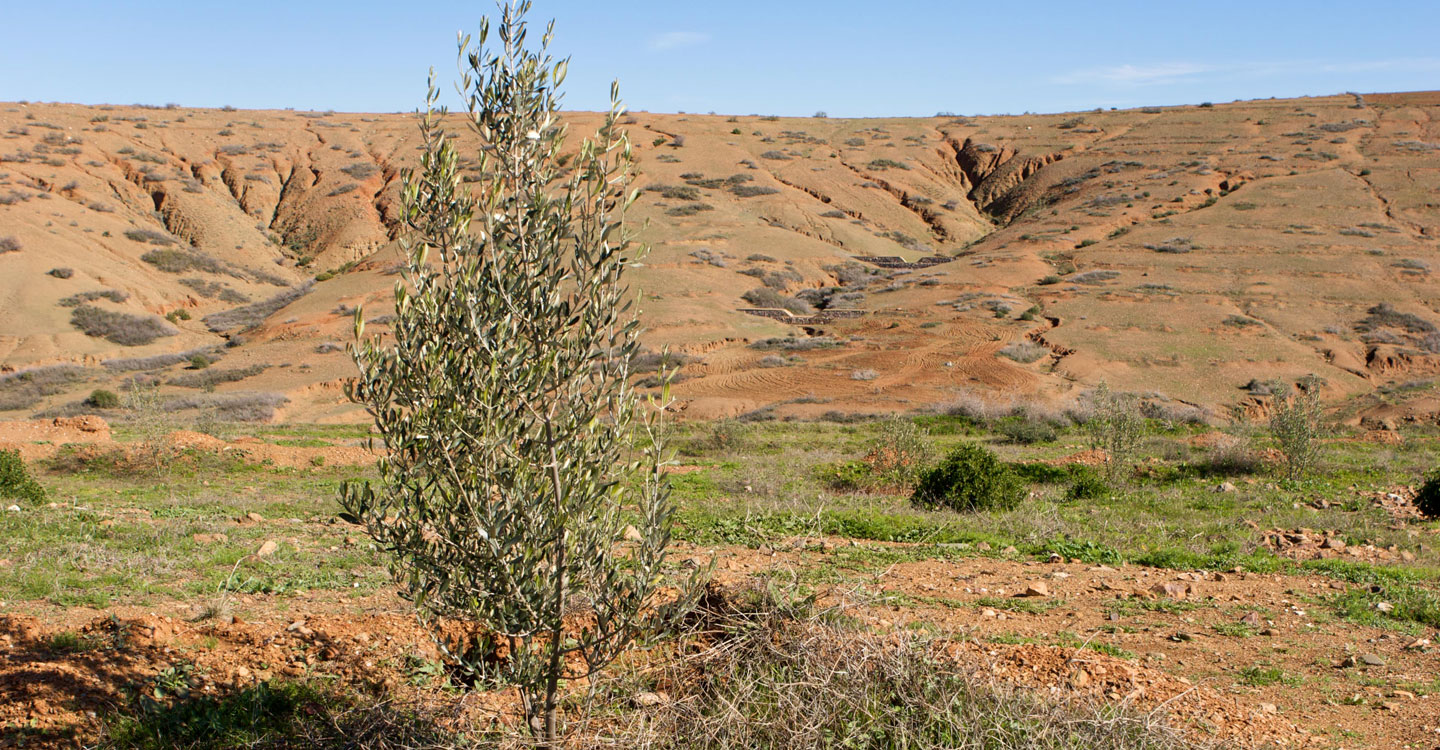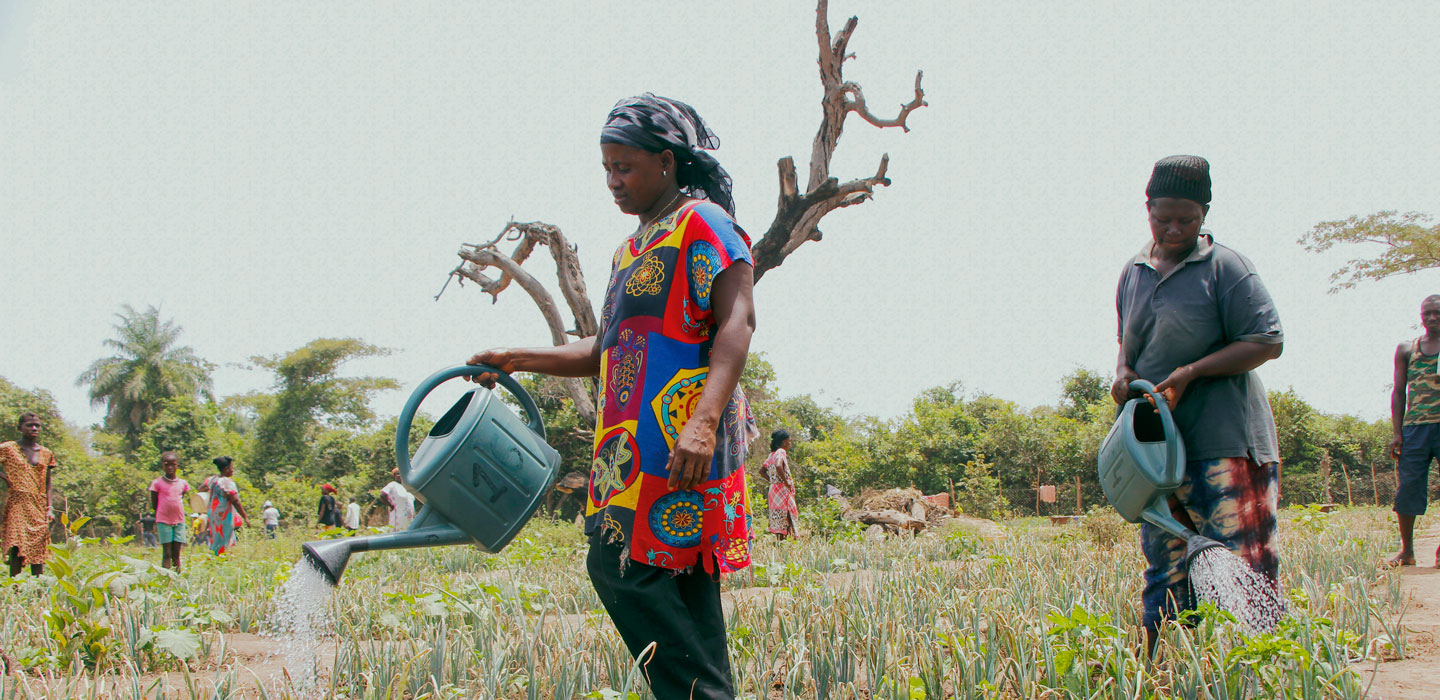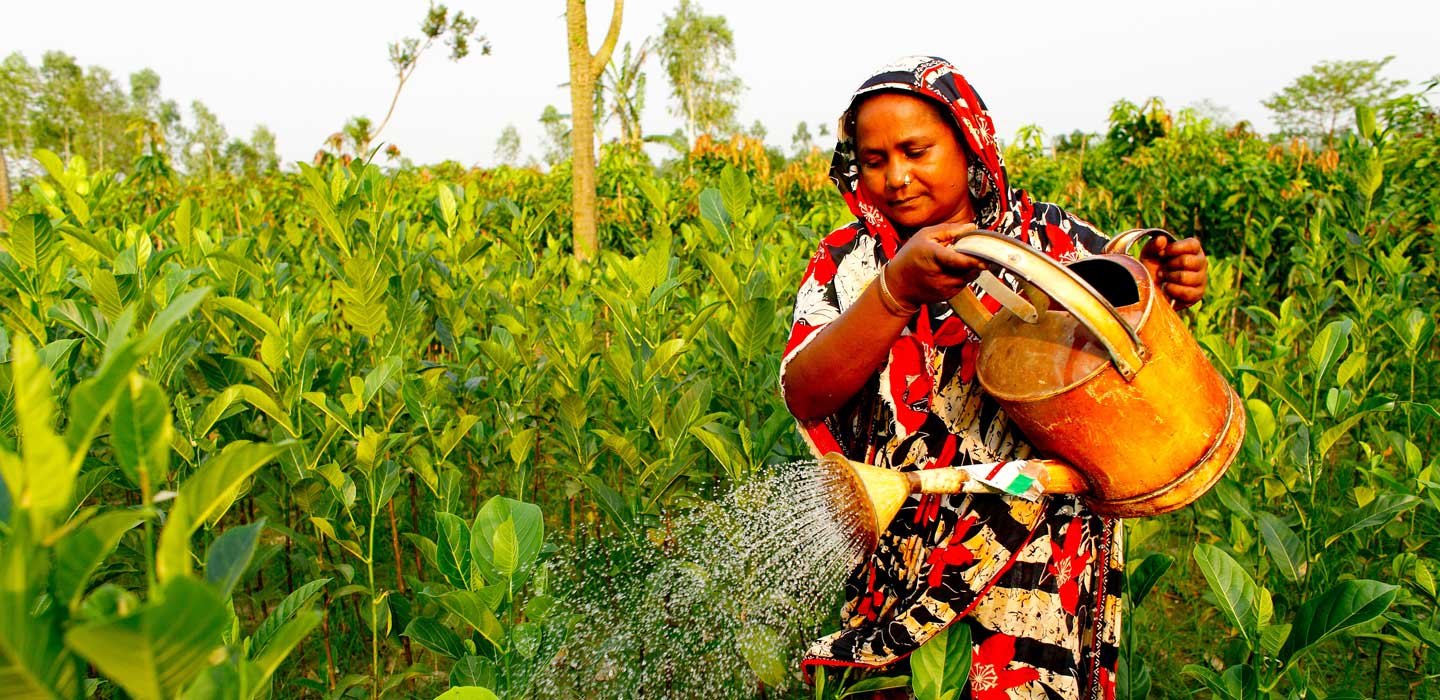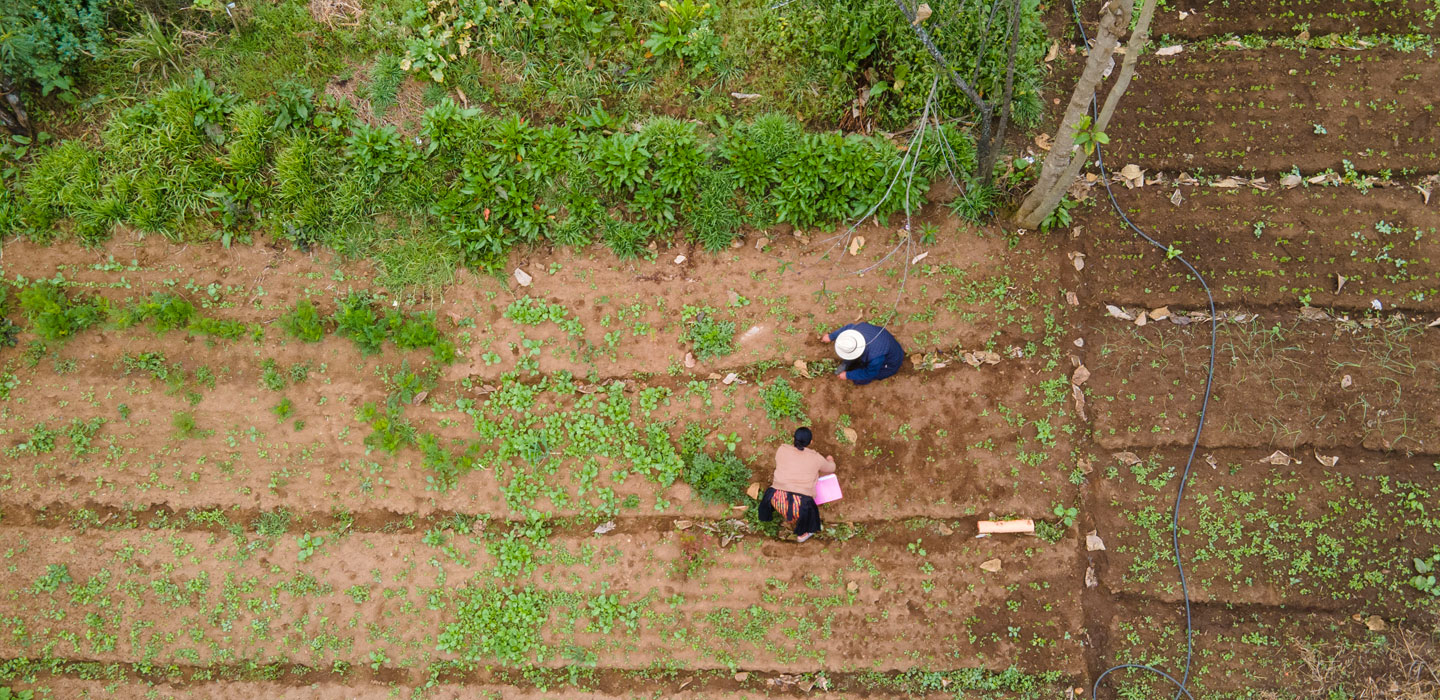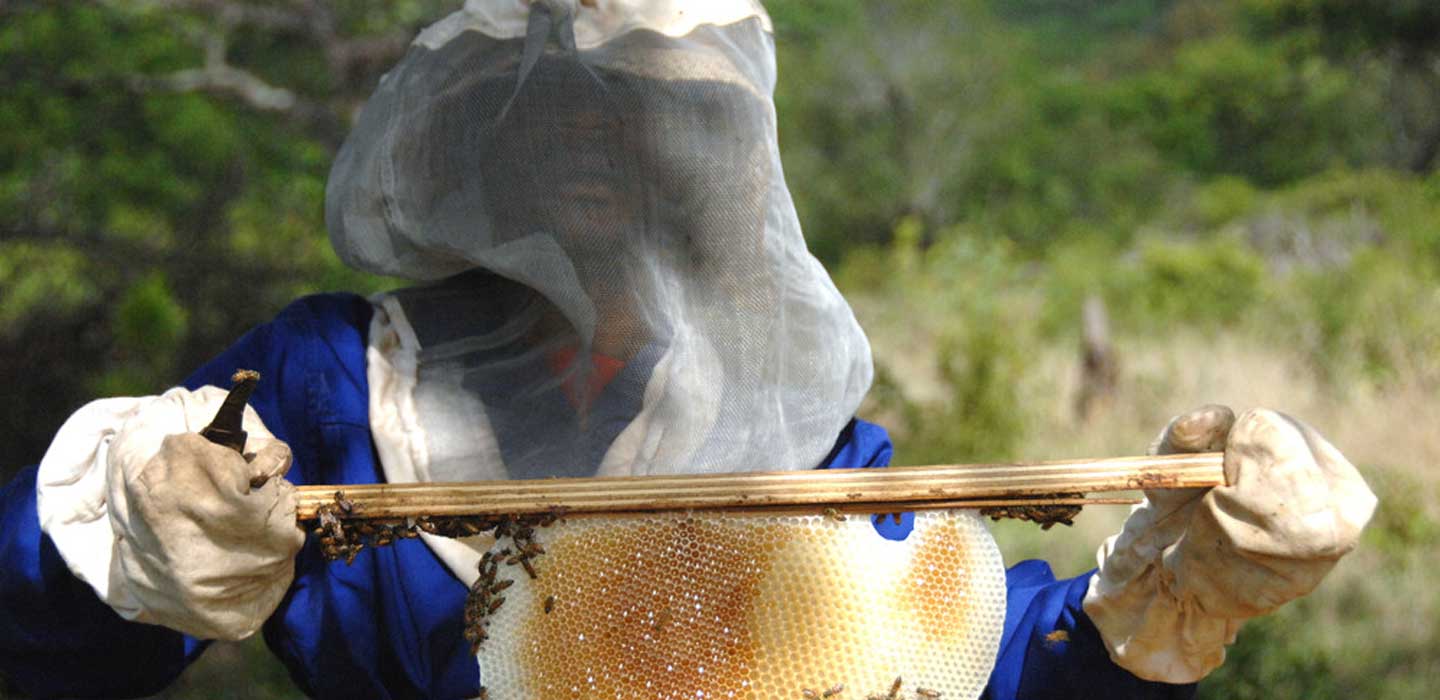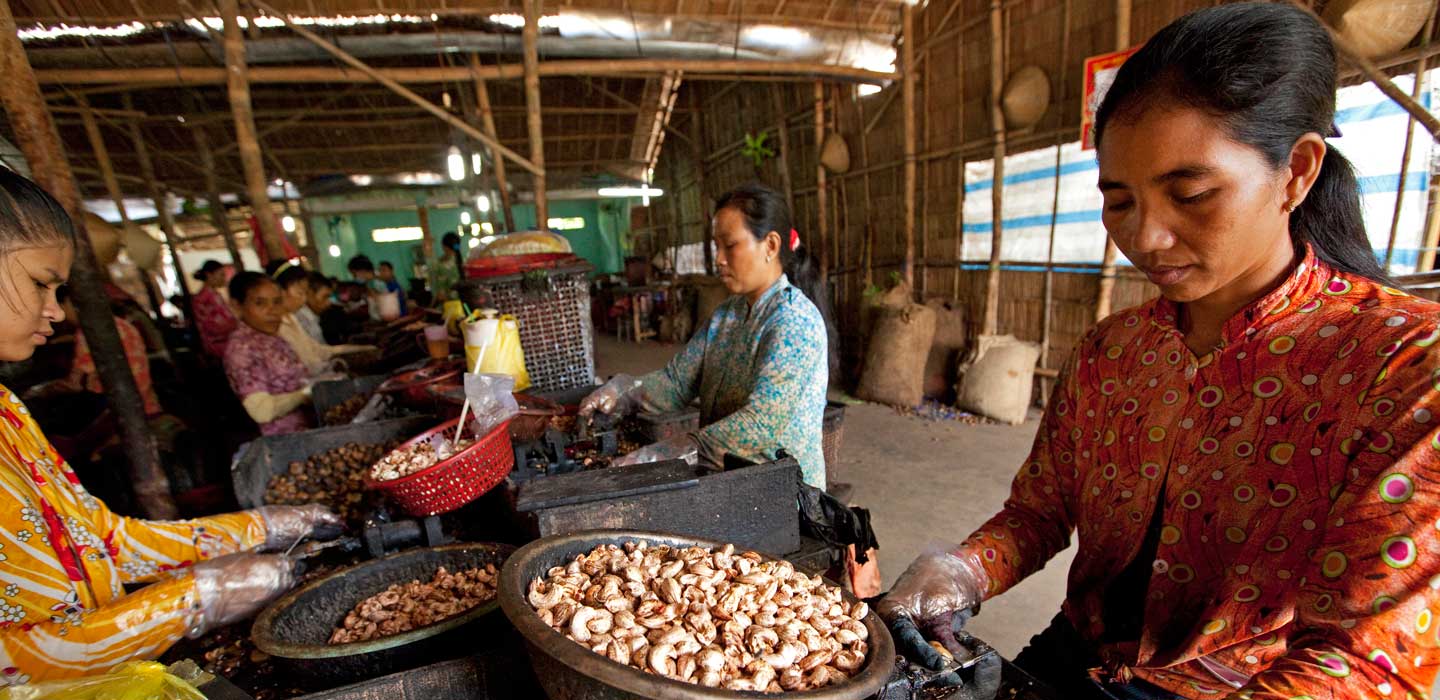Latest
Latest

Latest
Manual Submenu Topics
Search Results Filters
Search Results
Towards the Future of Food Systems – Episode 22
We begin this month’s episode with an update from IFAD’s Associate Vice-President Donal Brown on IFAD’s preparations for the UN Food Systems Summit. He also gives us the latest on the COVID-19 pandemic and its impact on farmers around the world.
IFAD and China launch project to revitalize the rural economy in Hunan
IFAD and the People’s Republic of China are launching the Hunan Rural Revitalization Demonstration Project (H2RDP) today to increase profitability of specialized agricultural production and increase economic vitality in targeted rural areas of Hunan province – and to support vulnerable rural households to boost their livelihoods and resilience.
A new strategic opportunities programme to strengthen the partnership between Côte d’Ivoire and IFAD
IFAD and the Government of Côte d’Ivoire held a workshop in Abidjan on 15 July 2021 to present the new strategic opportunities programme for Côte d’Ivoire for the period 2020–2025 to all stakeholders involved in agricultural and rural development.
Three ways to harvest water in Brazil’s sertão
For centuries, people living in Brazil’s semi-arid region have struggled with a lack of water. But over the last decades, thanks to support from IFAD and other development actors, these communities are squeezing a few more drops of water from Mother Nature.
Third round of National Call for Proposals (Morocco): Supporting remittances in times of crisis in Africa
The Financing Facility for Remittances (FFR) of IFAD is pleased to announce the third round of National Calls for Proposals (Morocco) 2021: supporting remittances in times of crisis in Africa.
Strengthening food systems in Pakistan
The State of Food Security and Nutrition in the World 2021 reported that more than half of the world’s undernourished are found in Asia (418 million). In Pakistan, Covid-19 has exposed vulnerabilities and inadequacies making nutrition a more complex challenge now.
The potential and unknowns of gender transformative approaches
With less than a decade left to meet the Sustainable Development Goals, the sobering current global trajectory is one in which it will take roughly 170 years to achieve gender equality. The current global pandemic has both made gender inequalities more visible and worsened them, including in food systems.
IFAD’s new investment programme to boost private funding of rural businesses and small-scale farmers
Rural businesses, which are so vital for transforming our food systems, will get a much needed boost from an ambitious new financing programme launched today by IFAD.
UN report: Pandemic year marked by spike in world hunger
There was a dramatic worsening of world hunger in 2020, the United Nations said today – much of it likely related to the fallout of COVID-19. While the pandemic’s impact has yet to be fully mapped, a multi-agency report estimates that around a tenth of the global population – up to 811 million people – were undernourished last year.
Call for proposals: Digital advisory services to support accelerated rural transformation
This call for proposals is to select a recipient or consortium of recipients to receive a three-year IFAD grant financing to implement the project: Digital Advisory Services to Support Accelerated Rural Transformation for a total amount of up to US$2 million.
Finalists announced for first ever IFAD COPEAM Film Award
Climate change and ecosystem health will dominate Sicily’s big screen this summer, with today’s announcement of three finalists in the first-ever IFAD COPEAM Film Award at the Sicily Movie Festival del cinema di Agrigento.
IFAD’s Rural Youth Innovation Award recognizes the key role that young people play in overcoming the impact of COVID-19 on rural communities
IFAD highlighted the value of innovative youth-led intiatives in helping the region’s rural communities overcome the effects of COVID-19 with the second edition of its Rural Youth Innovation Award.
Putting food and agriculture at the heart of the global biodiversity framework
Despite standing to suffer immensely from the decline of biodiversity, agriculture is the lead driver of biodiversity loss, primarily through conversion and fragmentation of habitat and unsustainable intensification.
Tanzanian small-scale farmers receive support to improve food security in the face of the COVID-19 pandemic
IFAD will provide funding to assist 6,240 vulnerable small-scale farmers in rural Tanzania impacted by the COVID-19 pandemic.
Seeing the invisible, doing the impossible: A young Nigerian entrepreneur’s journey to success
Dorothy Chia Vandefan is nothing if not insightful. She describes herself as a serious-minded agricultural entrepreneur who can create opportunities where there seem to be none – and she’s right.
Developing Uganda's small and medium-sized agricultural businesses
Gladys Ndagile has been a poultry farmer for many years, but it was only when she connected with a local egg processing business that she finally made a profit from her eggs.
IFAD and KSrelief agree to jointly tackle hunger and malnutrition in world’s most vulnerable countries
IFAD and the King Salman Humanitarian Aid and Relief Centre (KSrelief) today agreed to join forces to help ensure sustainable access to nutritious food.
Second Edition of the IFAD Latin American and Caribbean Rural Youth Innovation Award
IFAD is to hold the Second Edition of the Rural Youth Innovation Award for Latin America and the Caribbean on Thursday, 8 July at the Bogota’s EAN University.
A decade of IFAD’s inclusive rural finance programmes points to an innovative and catalytic future
The number and variety of financial services accessible to the rural poor continues to grow. A recently completed stocktake of IFAD’s rural finance programmes has identified a number of successes, plus some opportunities for further innovation.
Transforming rural agriculture through technology and innovation
Despite the African continent holding the world’s most arable land and the agricultural sector employing over half of the population, Africa is still struggling with food production and food insecurity.
IFAD and Guinea to help rural populations recover from the effects of the COVID-19 pandemic
IFAD will provide the Republic of Guinea with a grant to improve the resilience of more than 2,123 poor farming households trying to cope with the COVID-19 pandemic, by ensuring rapid access to inputs, information, markets and cash.
G20 recognizes importance of Public Development Bank financing to tackle rural poverty and hunger, and leadership of IFAD
In the first-ever joint declaration by foreign affairs and development ministers, G20 countries today recognised the vital role Public Development Banks (PDBs) can play in filling the financing gap to sustainably tackle rural hunger and poverty, and the leadership of the International Fund for Agricultural Development (IFAD) in bringing them together to strengthen their long-term investments in food and agriculture.
Promoting renewable energy technologies for small-scale farmers in Cambodia
Renewable energy technologies are an increasingly important part of small-scale agriculture. IFAD’s S-RET project is bringing these technologies to farmers throughout Cambodia – and it’s recently been selected as a GEF Global Good Practice Project.
IFAD and Govt. of Maharashtra join hands to empower 1 million rural women
IFAD and the Government of Maharashtra in India launched the Nav Tejaswini programme this week.
Food Systems From Farm to Plate – Episode 21
This month’s episode is all about food systems.
Diving in on aquatic foods: IFAD investments create rural opportunities
The blue economy opens the space for IFAD to reach more rural people in the most challenging situations, and to get them out of poverty.
A win-win partnership is boosting small farmer milk production in remote Montenegro
It’s six o’clock in Mojkova, in Montenegro and a long working day starts for Sladan Minic. It is an early wintry morning, and Sladan starts to collect milk from the local dairy farmers driving around mountainous roads.
In Moldova, new frontiers for the honeybee business
Thanks to an IFAD-supported grant, Ecaterina’s honey business is taking off – and now she and her fellow entrepreneurs have a bigger market reach than ever before.
South Sudan and IFAD to boost productivity, food security and resilience of small-scale farmers faced with climate change
The South Sudan Livelihoods Resilience Project (SSLRP) will empower rural people to boost productivity, food security and nutrition, and resilience.
Taking stock of IFAD’s digital agriculture efforts in the Asia-Pacific region
Digital agriculture is an indispensable part of strengthening food systems. IFAD’s recent stocktake of our ICT interventions in the Asia-Pacific region has revealed over 50 active solutions and some critical gaps to address.
A platform to take household methodologies to scale
The Empower@Scale platform helps organizations to address the root causes of gender inequality by incorporating household methodologies (HHMs) into their projects, which address the embedded gender biases and discrimination against women at the household level.
Lack of digital infrastructure risks leaving millions of rural families in poverty – IFAD makes urgent call on International Day of Family Remittances
Despite a massive increase in migrants sending money home via digital transfers due to the COVID-19 pandemic, millions of their rural family members struggle to access the mobile banking services which could help lift them out of poverty. The President IFAD today called for urgent investments in digital infrastructure and mobile services in developing countries to ensure rural families are not left behind.
Recipes for Change: A conversation with Chef Shane Chartrand
For over a decade, Chef Shane Chartrand has been on a personal and culinary journey: figuring out what it means to be of Cree descent and of Métis upbringing, and how to integrate that into being a professional chef living and working in Edmonton, Alberta, Canada, on Treaty 6 territory.
Sri Lanka and IFAD partner to reduce poverty and increase food and nutrition security in the face of climate change
El Fondo Internacional de Desarrollo Agrícola (FIDA) y el Gobierno de Sri Lanka firmaron la semana pasada un convenio de financiación para poner en marcha el Proyecto de Fomento de la Resiliencia y el Desarrollo de Agronegocios de los Pequeños Agricultores.
Grass funds: Tradition meets ingenuity in Brazil’s sertão
Too many people assume Brazil’s fundo de pasto communities are relics of the past. Today, they’re at work uniting centuries-old traditions with contemporary food systems.
Livestock key to combatting climate change in Kyrgyzstan
Livestock-based food systems can be climate-friendly if managed well. A new assessment tool is helping governments calculate and predict their livestock emissions for use in their NDCs.
11 reasons why remittances are important
Every year, on 16 June, the International Day of Family Remittances (IDFR) is observed to raise further awareness on the abnegation and sacrifice of migrant workers, who support their families and communities of origin through the money they send back home, particularly in these times of crisis.
The International Partnership for Cooperation on Child Labour in Agriculture statement on child labour in agriculture for the World Day Against Child Labour 2021
The UN has declared 2021 as the International Year for the Elimination of Child Labour. More than ever, child labour is a pressing concern in need of urgent attention of the international community.
Thriving food systems and nutritious food for all go hand in hand
Malnutrition, and the toll it takes on human health and societies, is directly linked with the health of our food systems. Creating sustainable, resilient and inclusive food systems will make lasting improvements in global health, nutrition and productivity.
Join the Global Forum on Remittances, Investment and Development Summit - 16-17 June 2021
World experts will discuss the resilience of migrant workers’ remittances and the opportunities of digitalization and the challenges ahead at the the Global Forum on Remittances, Investment and Development (GFRID) – Summit 2021.
Efforts to restore tropical peatlands need fire-free plantations
Peatlands across south-east Asia have been cleared for agricultural purposes, leading to a sharp increase in fires. To reverse course, we need to transition to sustainable, fire-free peatland management practices.
Climate-smart agriculture supports food systems in rural Georgia
Through the use of climate-smart agriculture techniques, an IFAD-supported project is helping rural Georgian farmers holistically restore their local and regional ecosystems.
Call for Proposals: Rural youth employment opportunities
This call for proposals seeks to select a recipient, or consortium of recipients, to receive a four-year IFAD grant, for a total amount of up to US$4.8 million, to implement the project Rural youth employment opportunities: Support to integrated agribusiness hubs initiative.
President Filipe Jacinto Nyusi of Mozambique launches IFAD-supported project to boost aquaculture
On 28 May 2021, Filipe Jacinto Nyusi, President of the Republic of Mozambique, launched a new project to reduce poverty and increase production and incomes through aquaculture for more than 88,000 rural small-scale fish farmers.
Economic empowerment of rural women positively impacts social norms and strengthens food security
The programme, 'Accelerating Progress towards Rural Women's Economic Empowerment’, implemented by IFAD, FAO, UN Women and WFP, together with national governments and supported by the governments of Sweden and Norway was evaluated at the end of its first phase of implementation and findings shared.
Ugandan remittances decline but still are a lifeline for rural people
The impact of the COVID-19 pandemic on the global economy and job security for Ugandan migrant workers around the world has reduced the amount of money they are sending back home to their families. But remittances still provide crucial support for some of the world’s poorest people.
Reflections on improving rural people’s nutrition: A conversation with 2021 World Food Prize winner Dr Shakuntala Thilsted
Nigel Brett, Director of IFAD’s Asia and the Pacific Division, interviews Dr Shakuntala Thilsted, Lead for Nutrition and Public Health at WorldFish.
Putting the Environment at the Heart of Farming – Episode 20
In this month’s episode, we celebrate World Environment Day. Marie Haga, AVP for IFAD, and Jo Puri, Director of IFAD’s ECG Division, talk about how IFAD balances supporting development with protecting the environment.
The community bakery empowering Egypt’s rural women
In a country where artisanal bread is the rule rather than the exception, the Qena community bakery stands out among the rest – and it’s run entirely by rural women.
Why land tenure is crucial for sustainable food systems
With nearly half of the world’s population living in the rural areas of low- and middle-income countries, tenure security is fundamental for sustainable development.
Food from fallows: capitalizing on idle land for better food security in South Asia
Every year after the rice harvest in South Asia, a vast area of over 15 million hectares lies idle (fallow) until the next rice planting season several months later. Scientists in countries like Bangladesh, India and Nepal think the fallow land could, and should, be used for additional crops that increase farmer incomes and food security.
IFAD first in development aid rankings – new report
IFAD has just been ranked as number one by the highly regarded and influential Quality of Official Development Assistance Report which evaluated the capacity of 49 countries and multilateral agencies to deliver impactful long-term assistance to countries in need.
Remittance flows to Kenya defy the odds during the COVID-19 pandemic
Despite the impact of the COVID-19 pandemic on wages and employment across the world, the Kenyan diaspora community continues to send money back home to their families.
Brazil's seed guardians: Securing future biodiversity with the help of the past
Brazil has always been rich in biodiversity. But in the country's semi-arid north-eastern region, extensive ranching, slash-and-burn agriculture, and uncontrolled demand for firewood have led to widespread environmental degradation of the Caatinga biome.
FAO, FIDA y PMA crean alianza de cara a la Cumbre sobre los Sistemas Alimentarios de Naciones Unidas
La FAO, el FIDA y el PMA realizarán tres diálogos en América Latina y el Caribe para buscar posturas comunes sobre desarrollo rural, agricultura resiliente al clima, alimentación escolar, comercio internacional, innovación y tecnología, y financiamiento al desarrollo.
European Union and IFAD to support Ethiopian rural financial institutions, jobs and livelihoods in the face of the COVID-19
The International Fund for Agricultural Development (IFAD) and the European Union (EU) will provide EUR26.5 million worth of liquidity and debt relief to rural financial institutions to protect jobs and safeguard livelihoods during the COVID-19 pandemic.
How innovation is helping tea growers in Sri Lanka
Sri Lanka has been a global supplier of tea since the plant was first imported to the island about a hundred and fifty years ago. Since then, tea estates have often been passed down from generation to generation, weathering good times and bad.
From Kenya: the Ogiek honey Slow Food Presidium
The entire Ogiek belief system and livelihood relies on the forest and its resources, with honey being the most important product and a staple food for Ogiek families.
Fighting climate change in Latin America and the Caribbean
Small-scale farmers are responsible for up to 80 per cent of food production in Latin American and Caribbean countries, but they are at the frontline of the fight against climate change and social injustice.
New operational guidelines for Pro-Poor Value Chain Development help IFAD reach the poorest
In Ghana, the value chain model has helped build solid relationships, showing that even the poorest can be brought into commercial value chains if extra support is provided.
Restoring ecosystem services in the Peruvian Andes
In the Andes of Peru, rural farmers are helping to restore the region’s degraded lands and improve water security.
South Sudan small-scale producers receive support from IFAD to safeguard their livelihoods in the face of the COVID-19 crisis
IFAD will provide much needed funding to assist 23,900 vulnerable rural people (4,780 households) in the Republic of South Sudan. The IFAD grant will help reduce the impact of the COVID-19 pandemic on their farming activities and safeguard their livelihoods.
Tanzania and IFAD partner to boost productivity, improve food security and build resilience of small-scale farmers in the face of the climate change
A US$77.4 million project signed by IFAD and the Government of the United Republic of Tanzania will bring much needed help to 260,000 rural households facing the impacts of climate change.
How to change a life: Household mentoring makes a difference in northern Uganda
They say that leaders aren’t born, but made. That’s certainly true for Molly Ajok.
Call for proposals: Grant to strengthen borrowers’ capacity on environmental, social and climate best practices
This call for proposals is to select a recipient or consortium of recipients to receive a three-year IFAD grant financing to implement the SUSTAIN project for a total IFAD grant of US$2 million.
Interview with Recipes for Change Chef Roy Caceres
"A passion for work is the fundamental ingredient of cooking."
Spearheading South-South and Triangular Cooperation with partners in Asia
Cooperation among the global south, i.e., South-South and Triangular Cooperation (SSTC), is an integral part of international cooperation, and complements the traditional North-South Cooperation in development assistance.
In Nicaragua, coffee and cocoa make life sweeter
NICADAPTA works closely with producer cooperatives to help them sustainably access coffee and cocoa markets. The results are making life not only sweeter, but also better.
School meals in Guatemala - making food systems work
Guatemala has the fourth highest rate of malnutrition in the world where over 50 per cent of children under five are stunted. Many children do not get enough nutritious food, and often came to school hungry.
Small-scale farmers in remote areas of Haiti receive help for food production and COVID-19
The Government of Haiti and IFAD today signed a financing agreement for a project that will help Haitian farmers recover from the impact of Covid-19 and increase staple food production.
Development banks, institutions pledge US$17 billion to increase food security in Africa
A coalition of multilateral development banks and development partners has pledged over US$17 billion in financing on Friday during a high-level forum, in a bold bid to address rising hunger on the African continent and to improve food security.
Second round of National Calls for Proposals (Kenya and Uganda): Supporting remittances in times of crisis in Africa
The Financing Facility for Remittances of IFAD is pleased to announce the second round of National Calls for Proposals (Kenya, Uganda) 2021: supporting remittances in times of crisis in Africa.
African Development Bank, IFAD and partners redouble efforts to stop hunger in Africa and strengthen food security
The African Development Bank and the International Fund for Agricultural Development (IFAD), in partnership with the Forum for Agricultural Research in Africa (FARA) and the CGIAR System Organization, today pledged to work closely with African leaders to address rising hunger on the continent and shore up adequate financing to transform and modernize Africa’s food production.
Building climate resilient agriculture
Those who have the most to lose as a consequence of climate change are poor rural people, especially smallholders who rely on agriculture for survival.
Boosting food security in the Pacific with innovative technologies
Who could have predicted that two innovative mobile applications, each the winner of a Pacific Agrihack Lab grant in late 2018, would go on to make a difference in the lives of Pacific Islanders during the pandemic?
The Maasai of Kenya and the Red Maasai sheep slow food presidium
The rights of indigenous peoples to control their land according to their own needs and decisions is fundamental to protect their livelihoods and defend the biodiversity of native animal breeds and plant varieties.
Struggle, strength and wisdom: Snapshots of Bangladesh’s women farmers
The story of agriculture in Bangladesh is also a story of the resilience of Bangladeshi women. If women have the chance to participate in decision-making, the whole community benefits.
Farming, COVID, and Farmers’ Mental Health - Episode 19
We begin this month’s episode with the latest from IFAD’s Associate Vice-President Donal Brown on how small-scale farmers are dealing with the COVID-19 crisis.
What we are reading on food systems
As we approach the UN Food Systems Summit here are some suggested reads on transforming our food systems for people, and planet.
Feeding Africa: Leadership to Scale up Successful Innovations
The African Development Bank and IFAD, in partnership with the Forum for Agricultural Research in Africa (FARA) and the CGIAR System Organization, will co-host a high-level dialogue: Feeding Africa: leadership to scale up successful innovations.
In Kyrgyzstan, new technology preserves age-old pastures
Urmatbek Omurbekov remembers a time when grazing his livestock was a purely offline affair. Every spring, herders like him would bring their animals to the foothills of the majestic Tian Shah Mountains to let them fatten up for the next winter.
IFAD-BRAC collaboration empowers rural people to build their climate resilience
People in rural areas, especially small-scale farmers, are among those most affected by climate change. The shifting climate has made weather patterns more unpredictable and weather-related events more extreme.
Potential game-changing systemic solutions for the UN Food Systems Summit: Advancing equitable livelihoods
The UN Food System Summit’s Action Tracks offer a space to share and learn, with a view to fostering new actions and partnerships and amplifying existing initiatives. Each of the five Action Tracks is aligned with one of the Summit’s five objectives.
IFAD and the Islamic Development Bank commit $500 million to address hunger and climate change in poor rural communities
Joining forces to tackle rising hunger and the devastating impact of climate change in some of the world’s most vulnerable countries, IFAD and IsDB today signed a US$500 million cooperation and cofinancing agreement.
Kenya: All the ingredients for a successful banana processing factory
Take some young entrepreneurs, add some modern equipment and training supported by IFAD and the Kenyan Government, spread the word using digital marketing, and you have all the ingredients for a successful banana processing factory.
The promises the olive grove holds: Fadieh’s story
Growing olive trees in Jordan, one of the driest countries in the world, isn’t easy. Every day, Fadieh and her family spend hours tilling the soil and tending to the trees, but the most demanding task is keeping the trees hydrated.
Fighting fires with rice paddies in Sierra Leone
Farmers in Sierra Leone have shifted from slash-and-burn cultivation to rice cultivation in inland swamps. That is reducing the number of forest fires, a GIS study has shown.
Digital information service helps small-scale farmers respond to COVID-19
The Kenya National Farmers’ Federation is implementing a mobile information platform to serve its members and other Kenyan farmers.
Small-scale Farmers Developing Resilience to COVID-19 - Episode 18
In this episode, we bring you the latest on how small-scale farmers are dealing with the COVID-19 crisis.
New investment in digital solutions will connect Latin American farmers to markets and banking services in response to COVID-19 restrictions
More than 10,000 family farmers in Latin America will soon have access to digital solutions to overcome the obstacles they face in accessing markets and financing due to the consequences of the COVID-19 pandemic.
Helping remittances reach rural areas in Moldova
For some time now, it has been difficult to find well-paid work in Moldova. Most of the good jobs available are concentrated in the cities, resulting in significant migration out of the country’s rural areas.
The China-IFAD South-South and Triangular Cooperation Facility: Leveraging SSTC for rural development
To accelerate rural poverty alleviation, enhance rural productivity, and advance rural transformation through South-South and Triangular Cooperation, the China-IFAD SSTC Facility was established in 2018, becoming the first Facility in IFAD dedicated to SSTC.
Drought-tolerant rice varieties benefit farmers even in non-drought years
Farmers that lack irrigation and rely on rainfed production are particularly vulnerable to drought. Fortunately, agricultural technologies, such as stress-tolerant rice varieties (STRVs), can help them adapt to climate change.
Making every drop count: Saving water and rural livelihoods
Until recently, every time Fatima Hassan Mohamed needed water to wash, cook, or drink, the mother of five had to set out on foot. The nearest water source was more than 20 kilometers away.
Restoring Morocco’s mountain ecosystems with reforestation
In many areas of rural Morocco, climate change has led to widespread erosion and desertification, causing steep declines in soil quality. This makes farmland less productive, endangering the livelihoods of the area’s small-scale farmers.
Why water is crucial for sustainable food systems
Enhancing irrigation efficiency is not a priority in policy agendas, being overshadowed by the global issue of access to drinking water and sanitation.
Italy to set the stage for UN Food Systems Summit with three-day event that will deliver bold new ambitions
The United Nations and the Government of Italy announced today that the Pre-Summit gathering for the 2021 UN Food Systems Summit will be in Rome, Italy from July 19 to July 21, 2021.
Linking families, farms and schools in Guatemala
Many Guatemalans struggle with hunger and food insecurity, especially the nation’s children. In too many cases, lack of access to adequate food leaves children feeling weak and unable to concentrate in school, complicating both their physical and intellectual growth.
IFAD-GEF–supported project in Eswatini scoops the 2020 Biodiversity Award
The IFAD- and GEF-supported Smallholder Market-led Project (SMLP-CSARL) recently received the Biodiversity Award at Eswatini’s 2020 Temvelo Climate Awards.
Targeting hunger by transforming food system through South-South Cooperation
Through South-South Cooperation, IFAD is tapping into existing expertise, skills, capacities, and solutions to address the effects of COVID-19 pandemic and other challenges on rural populations.
